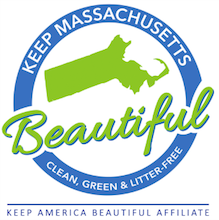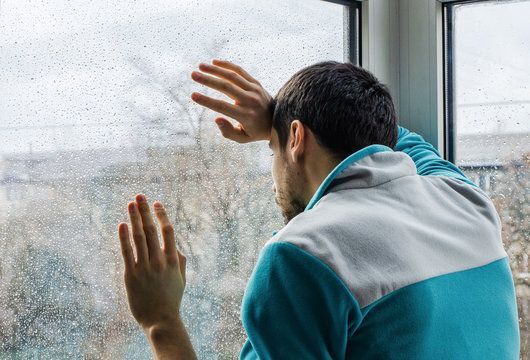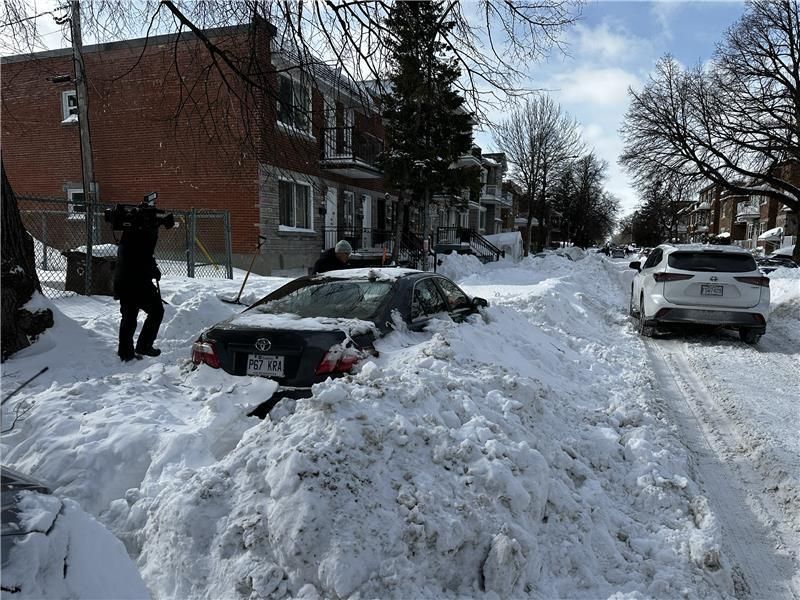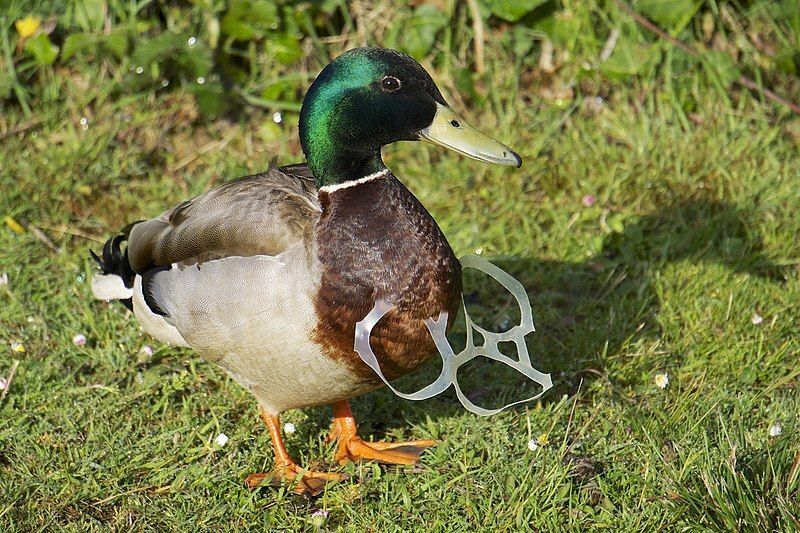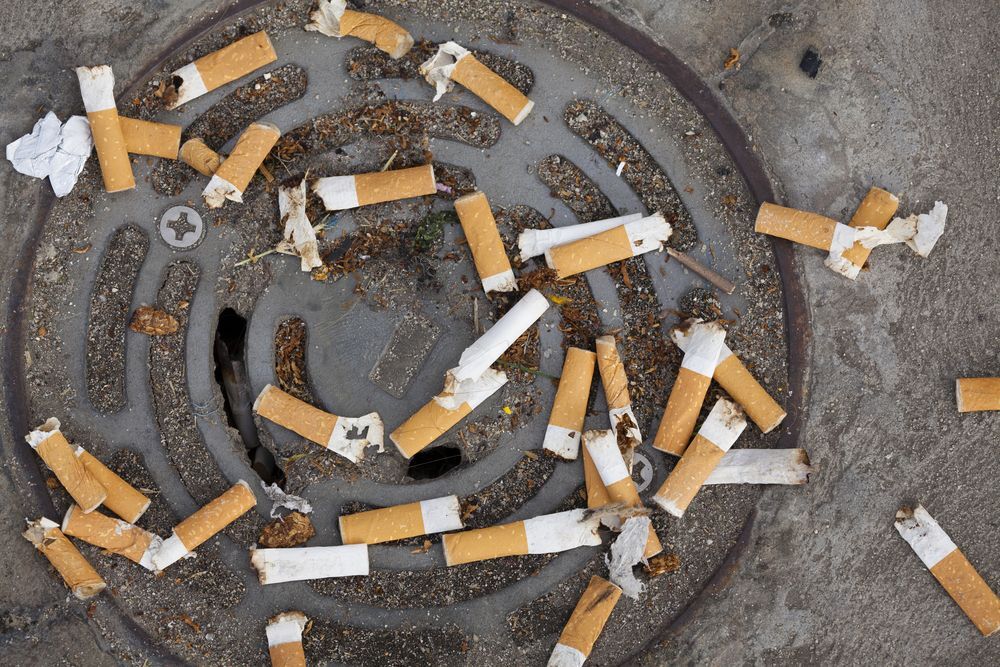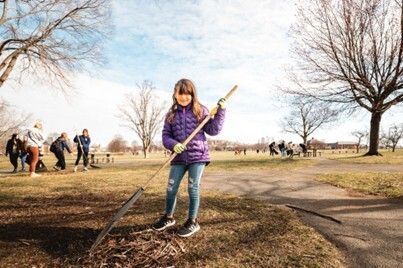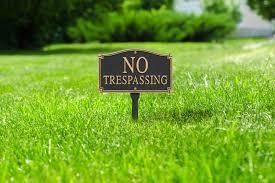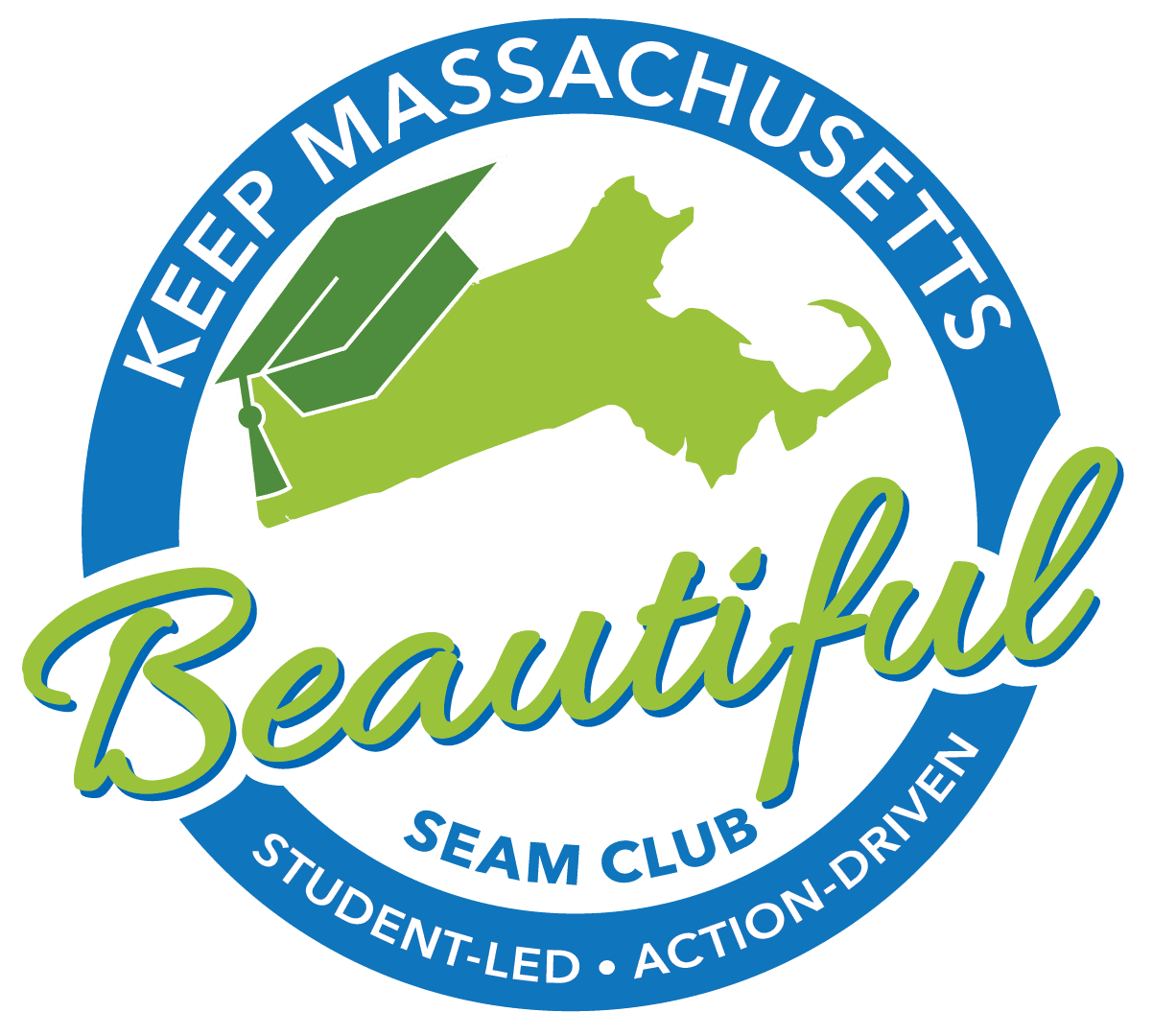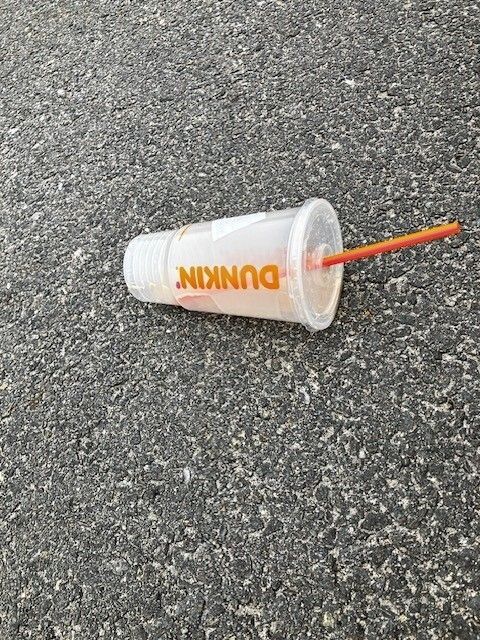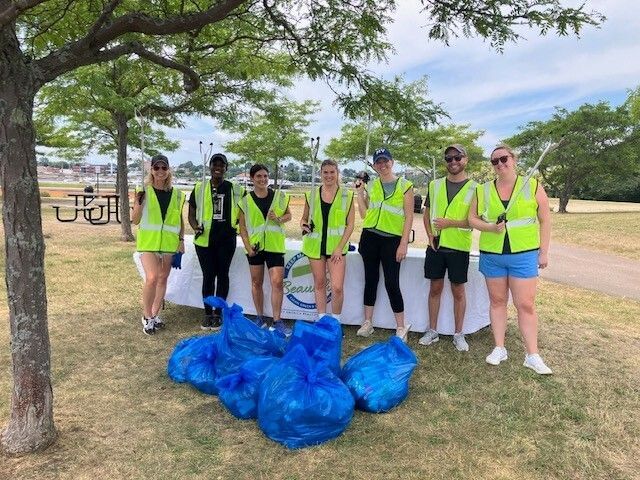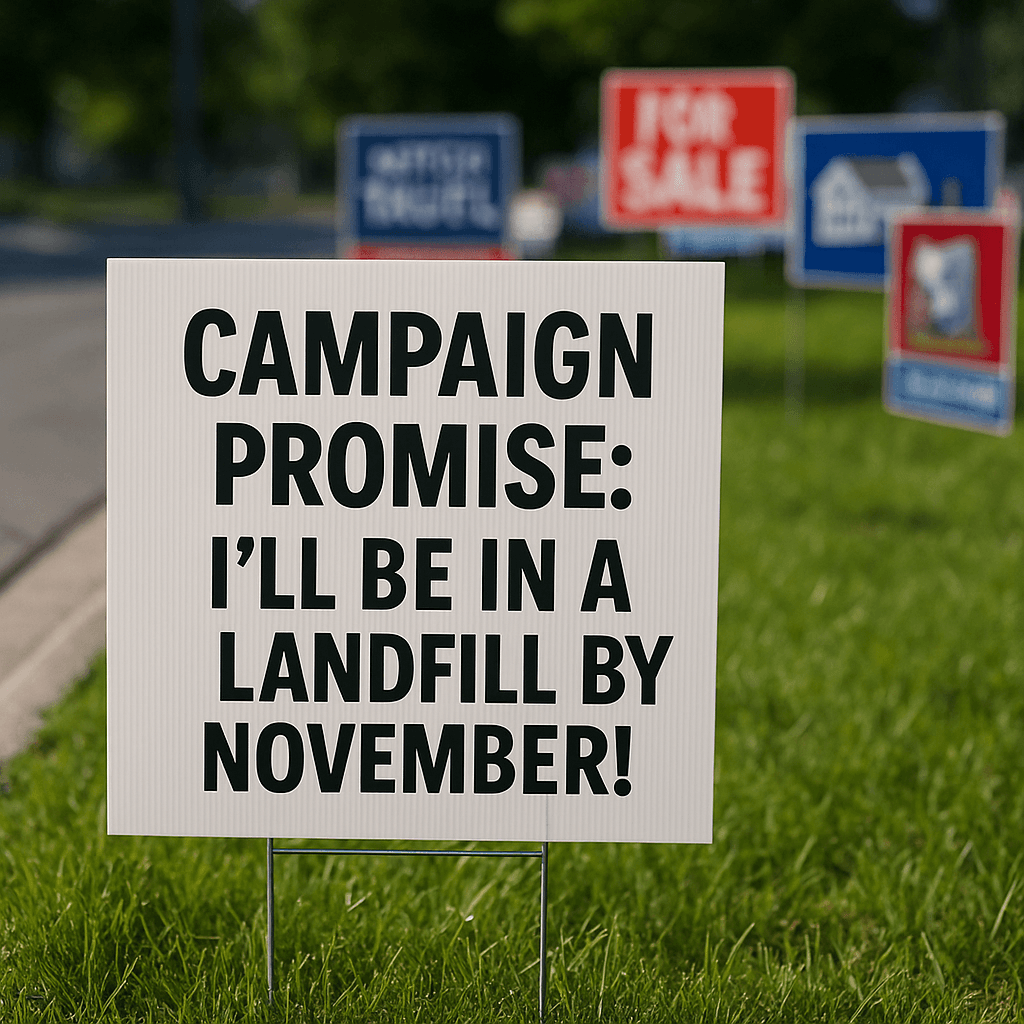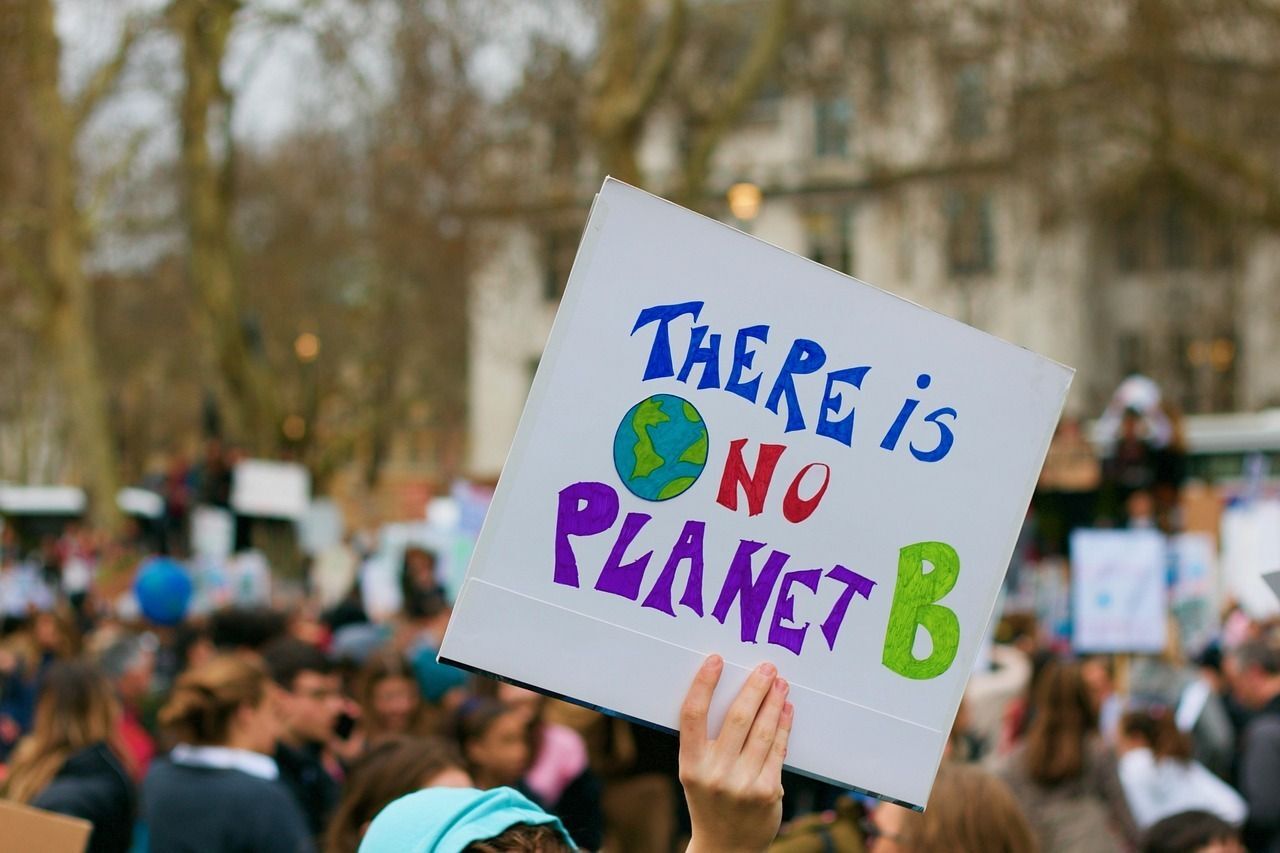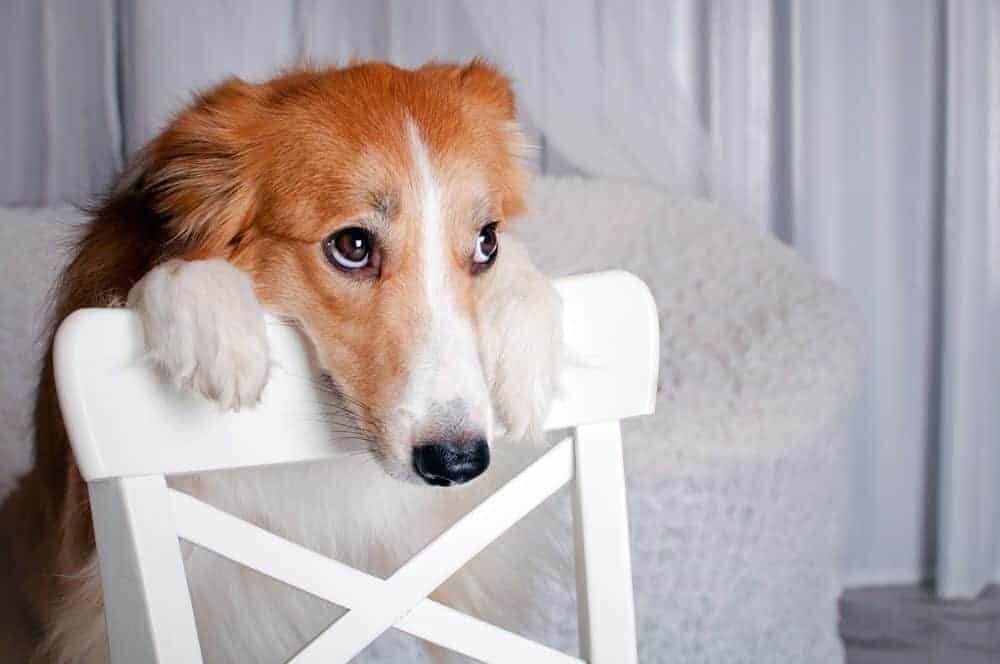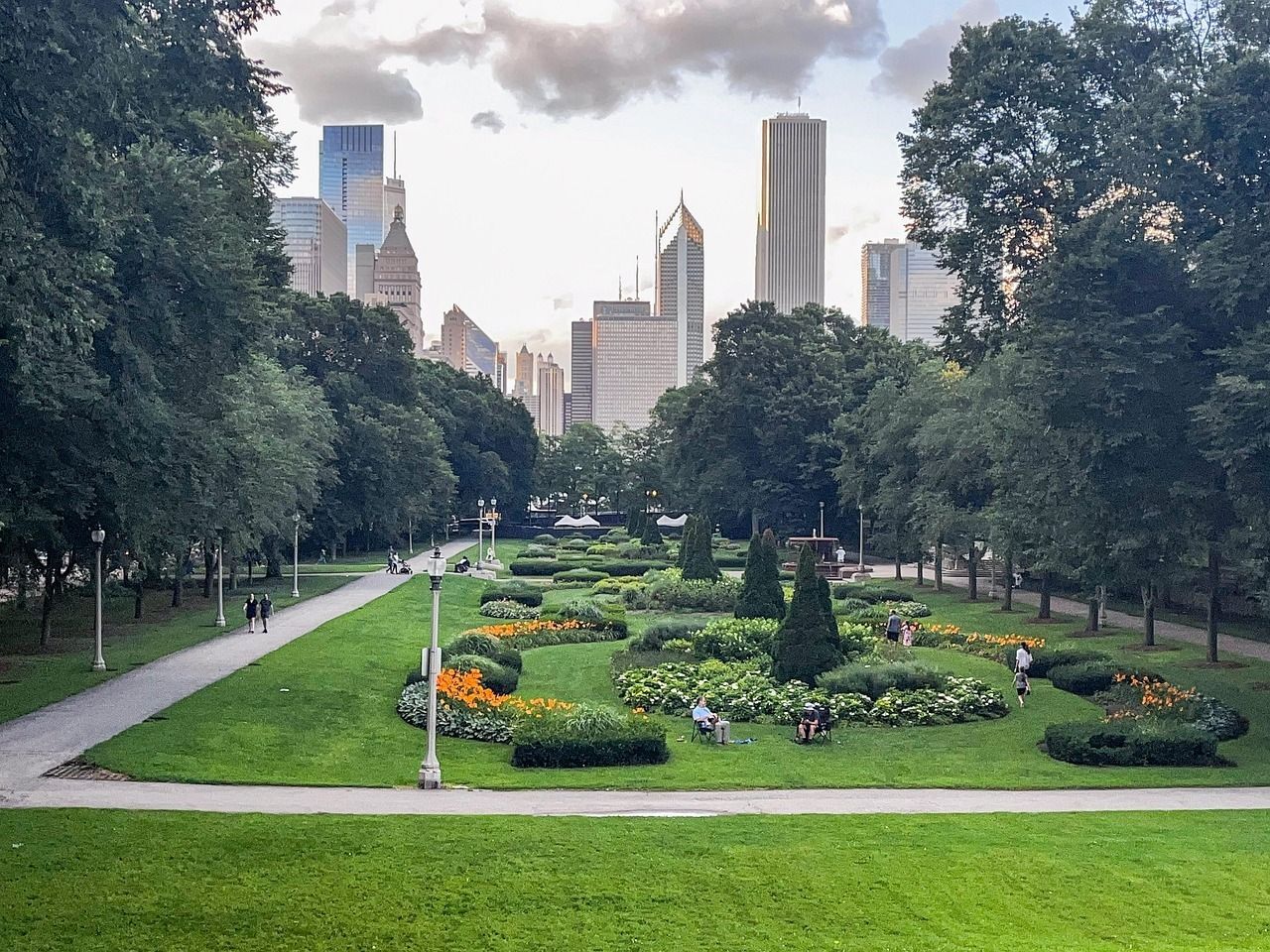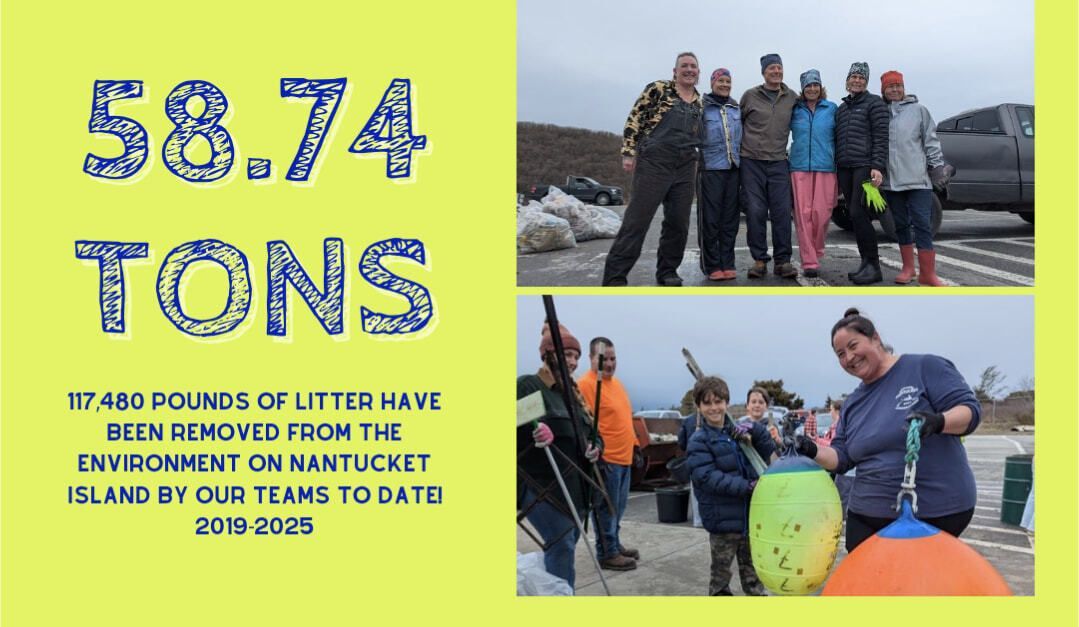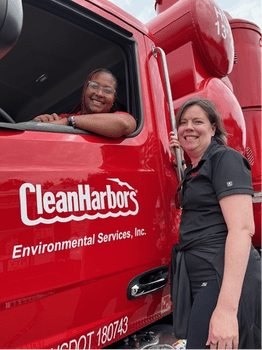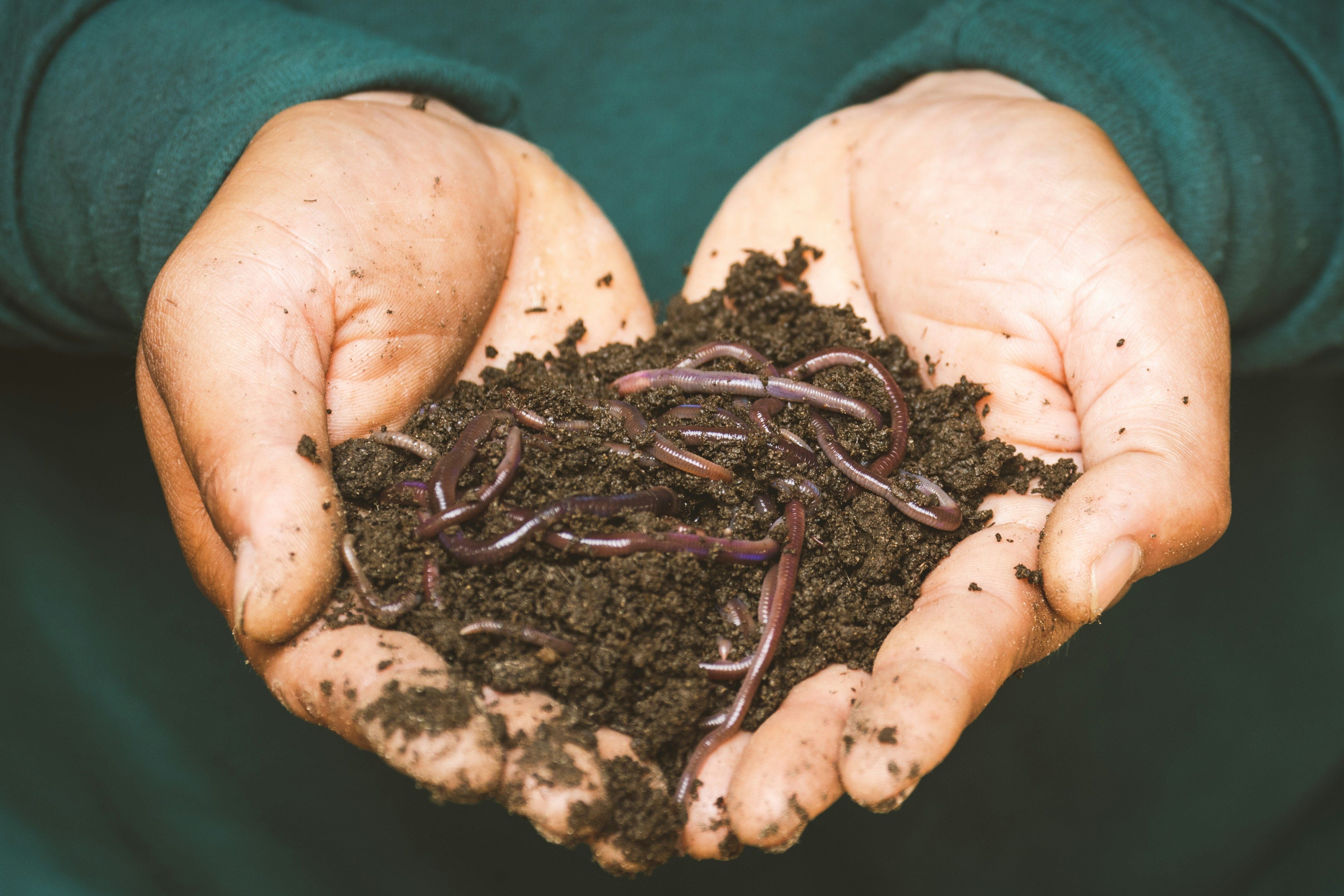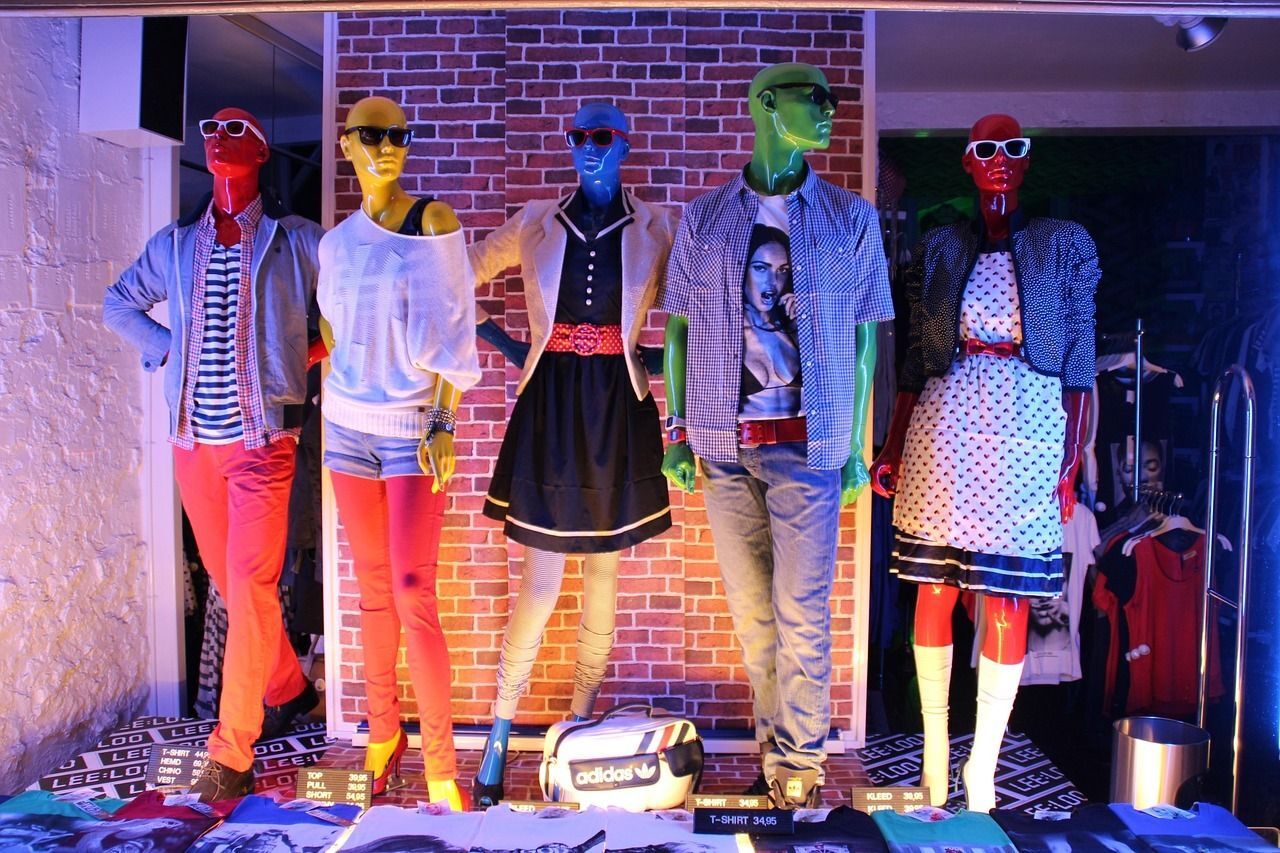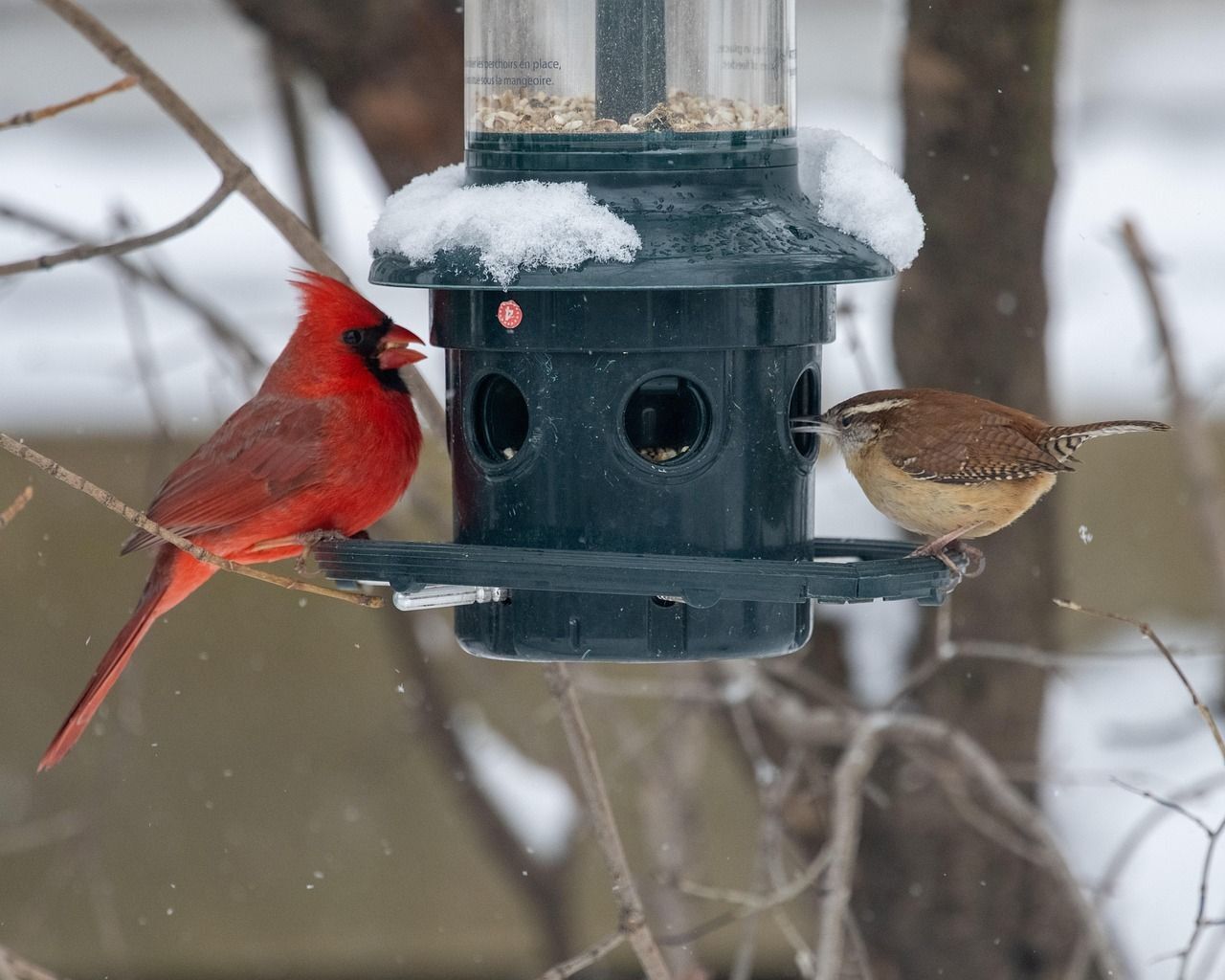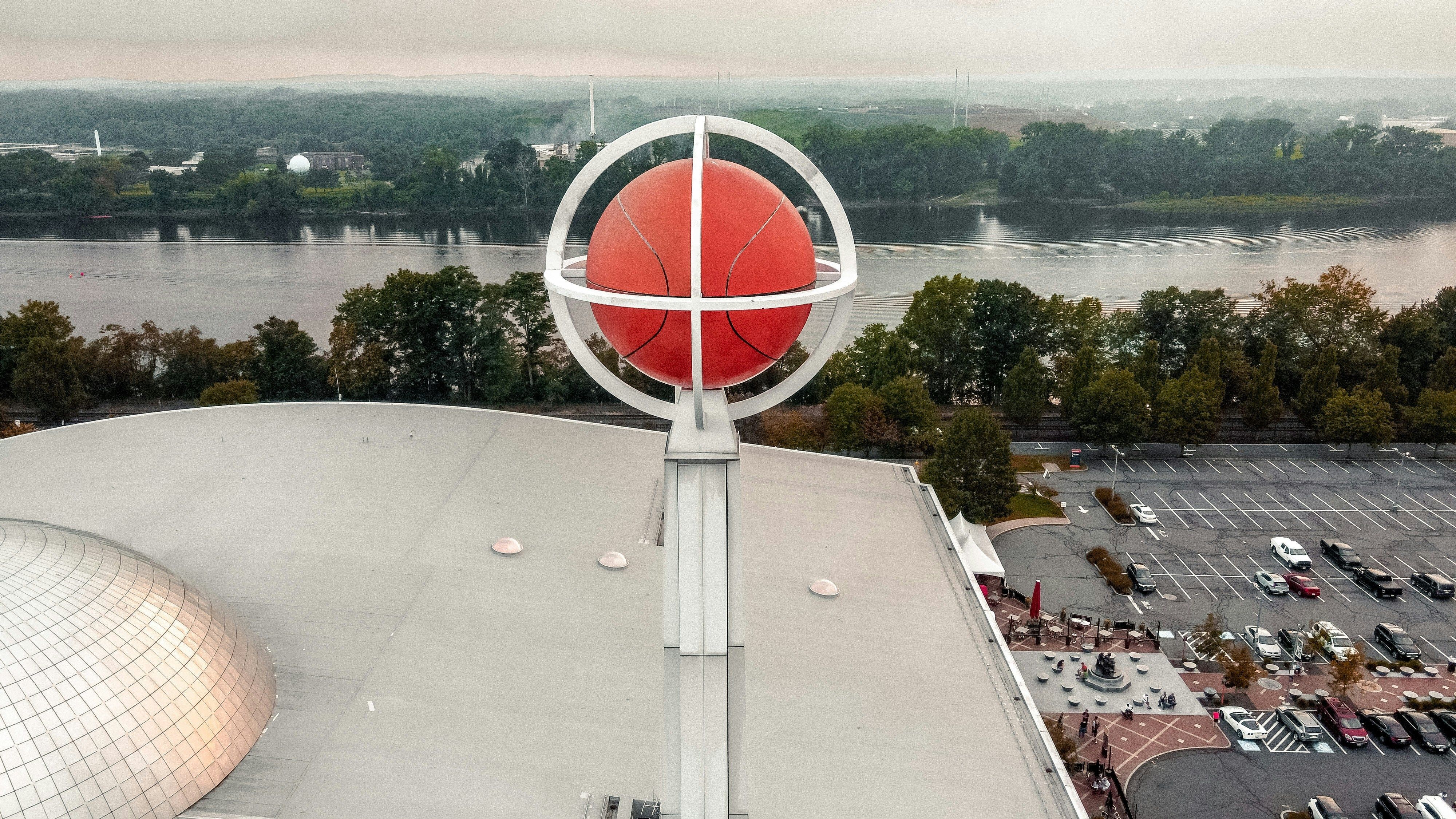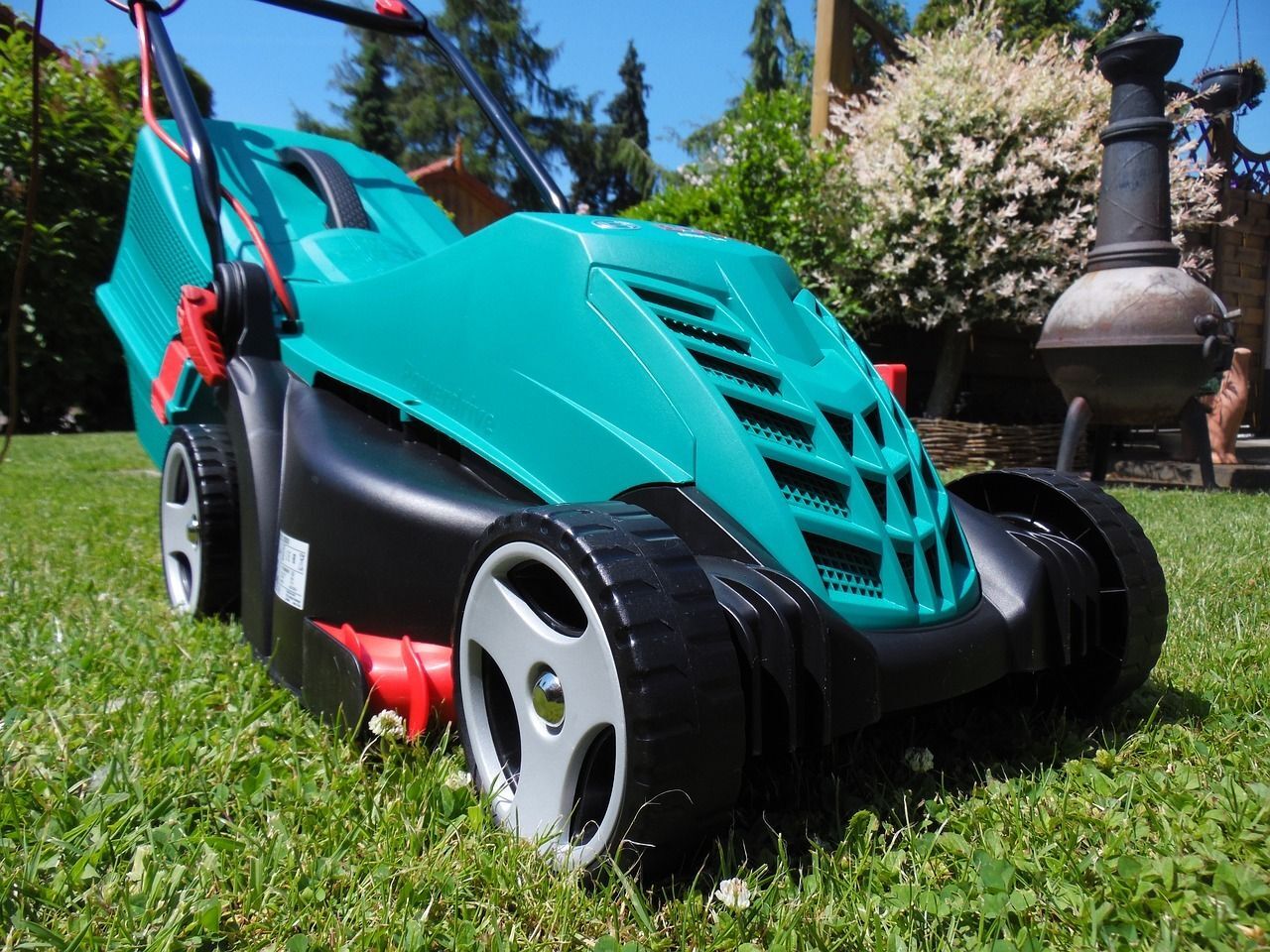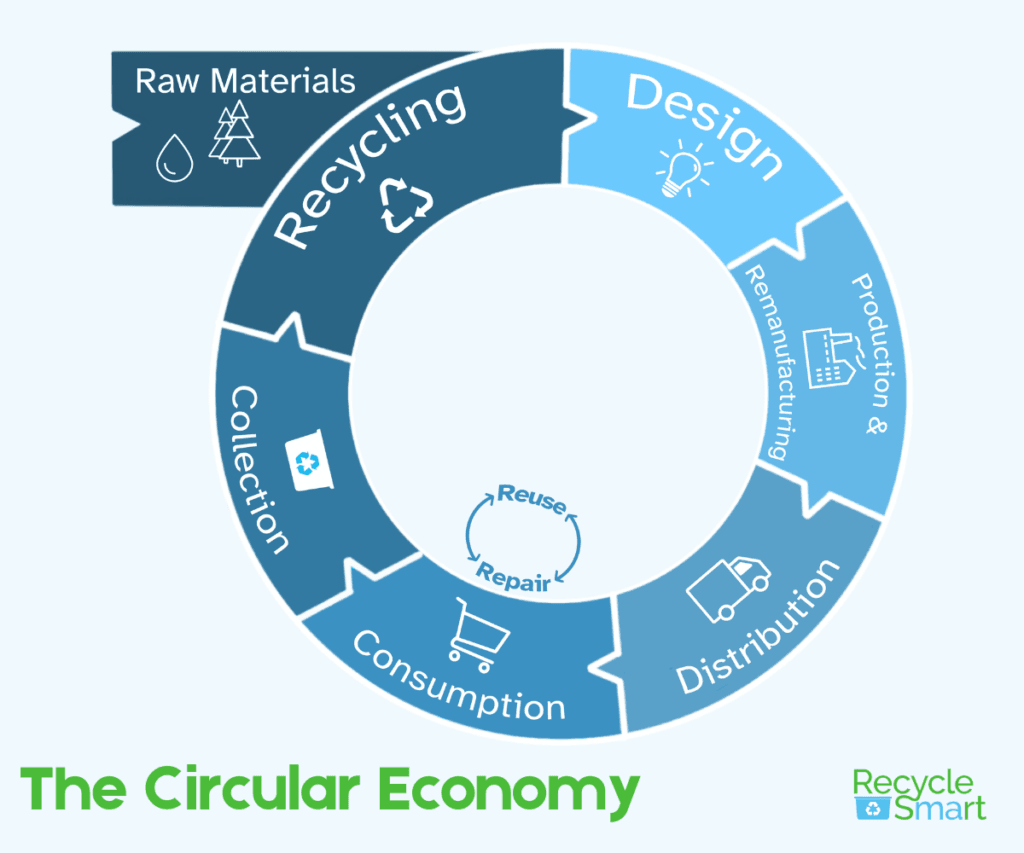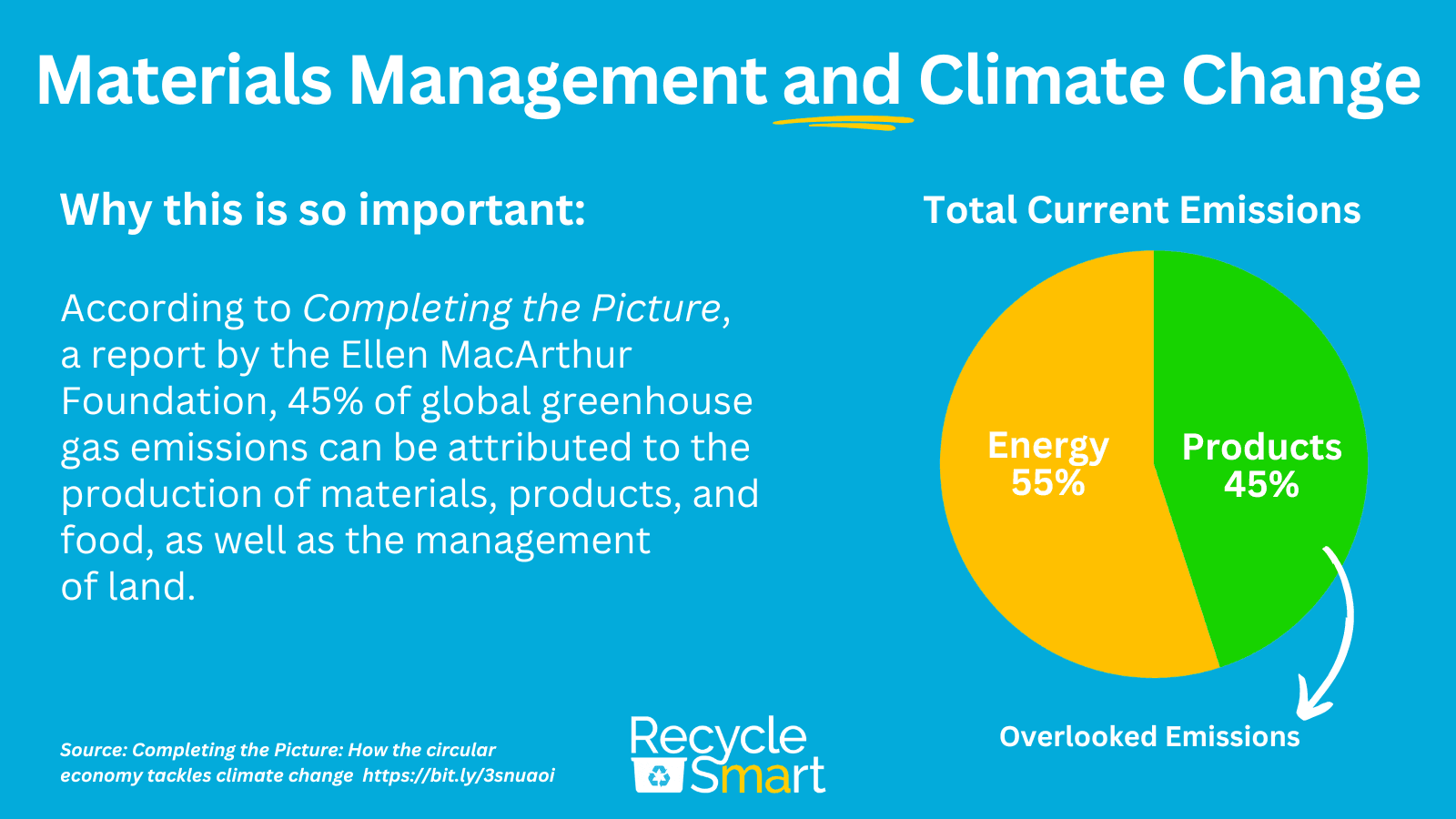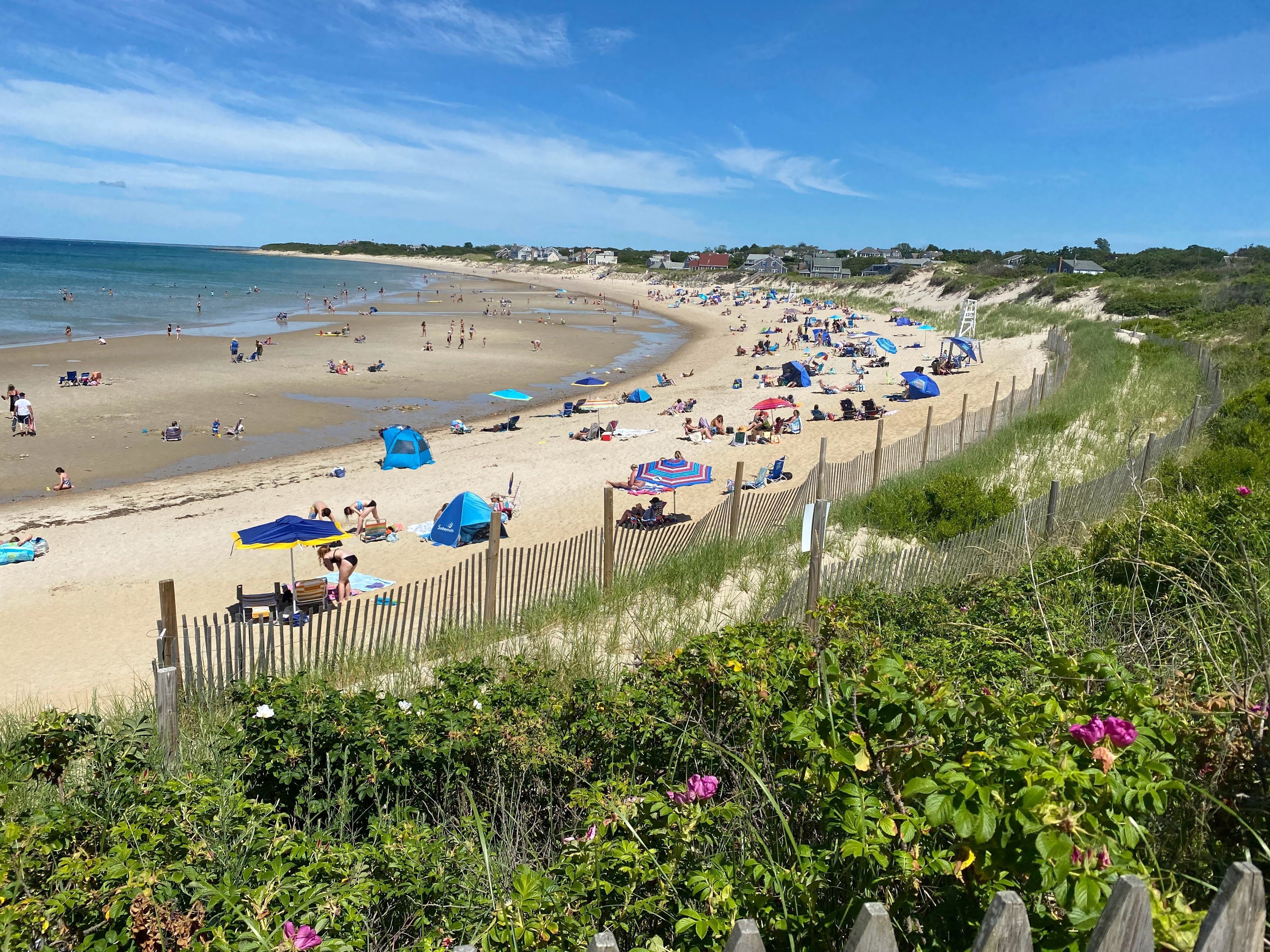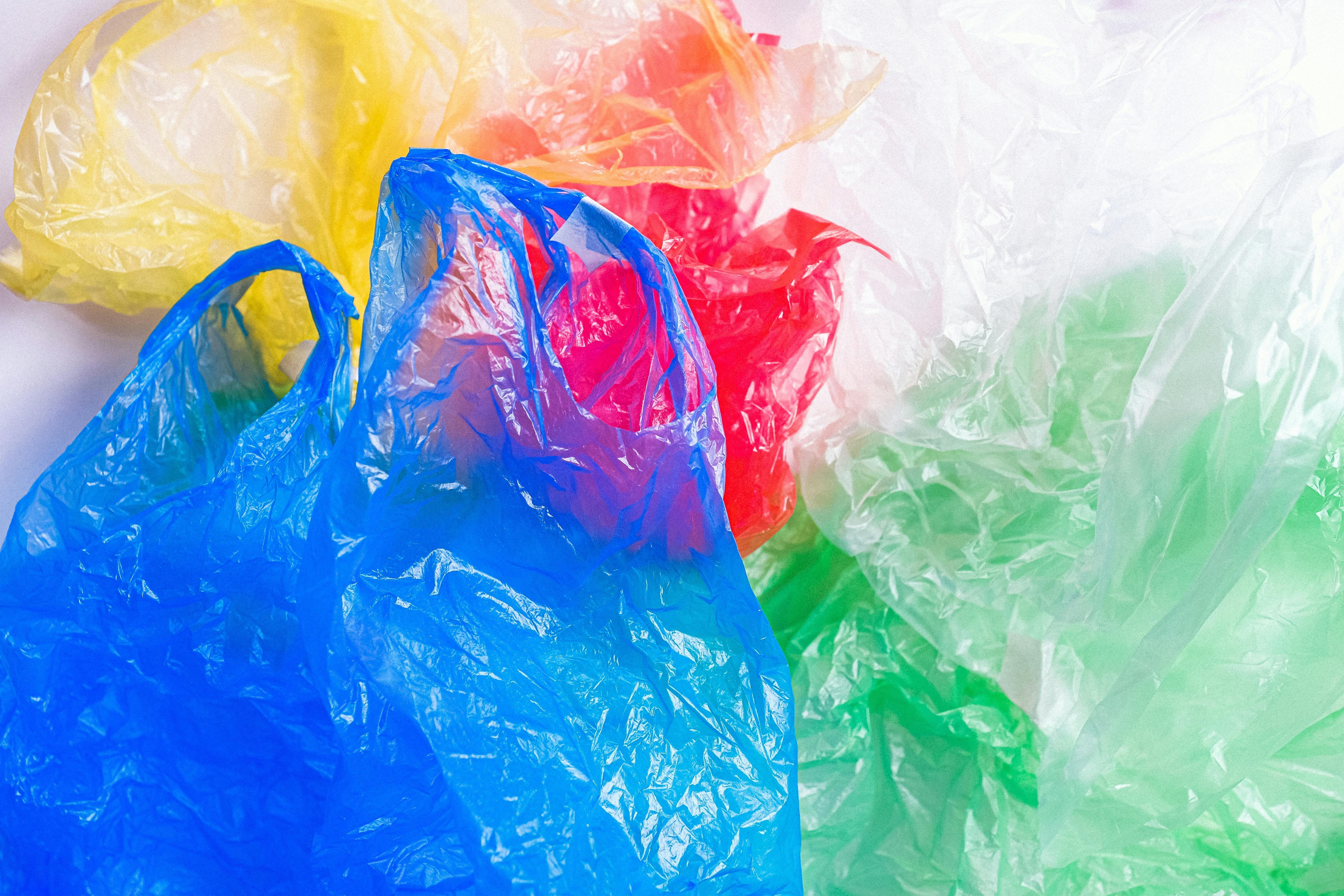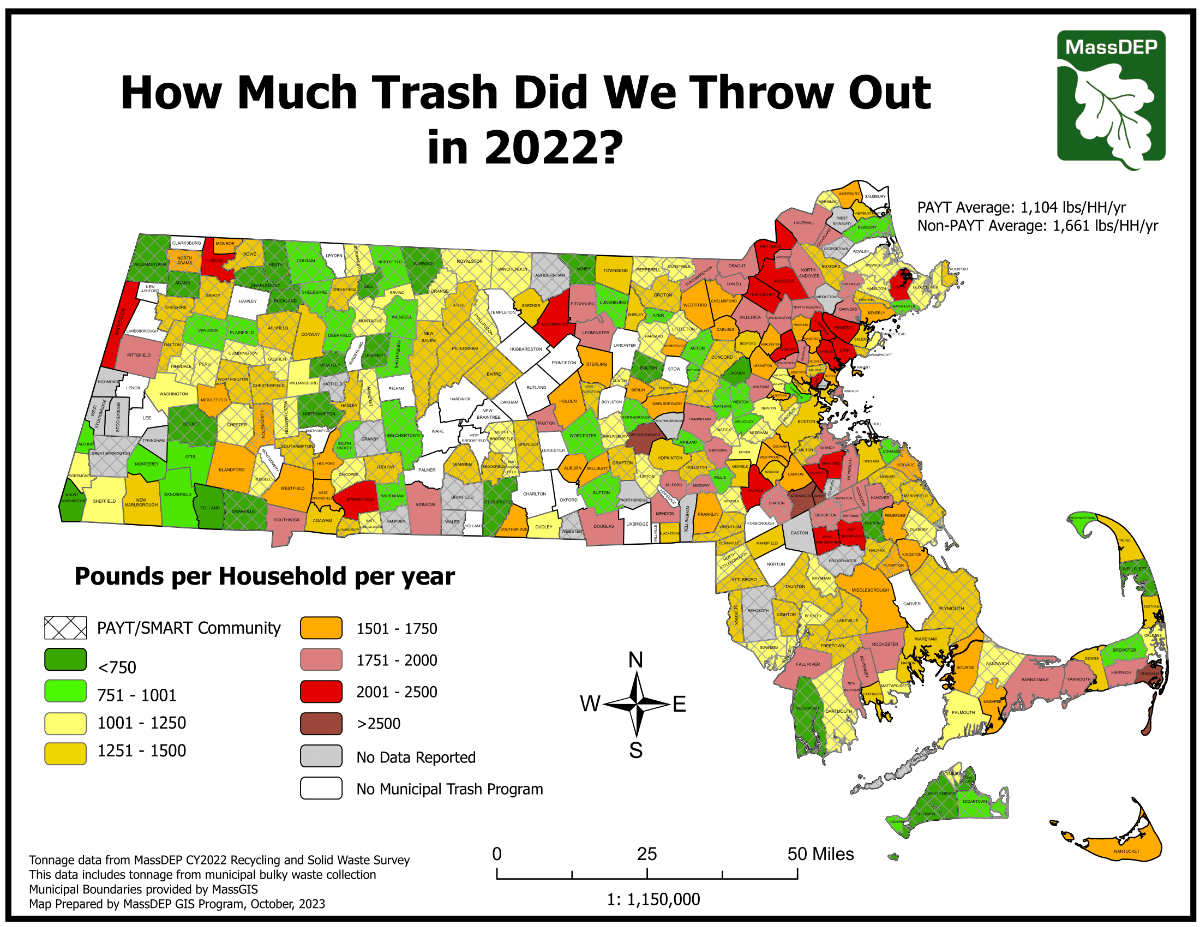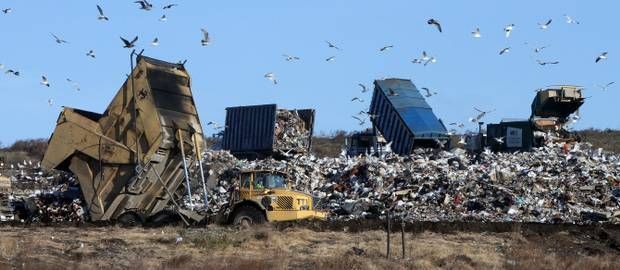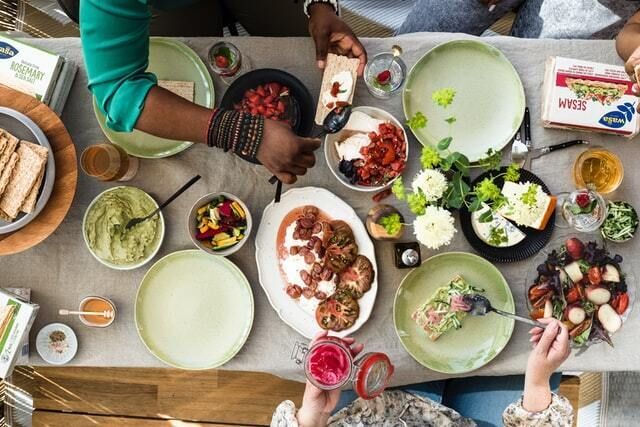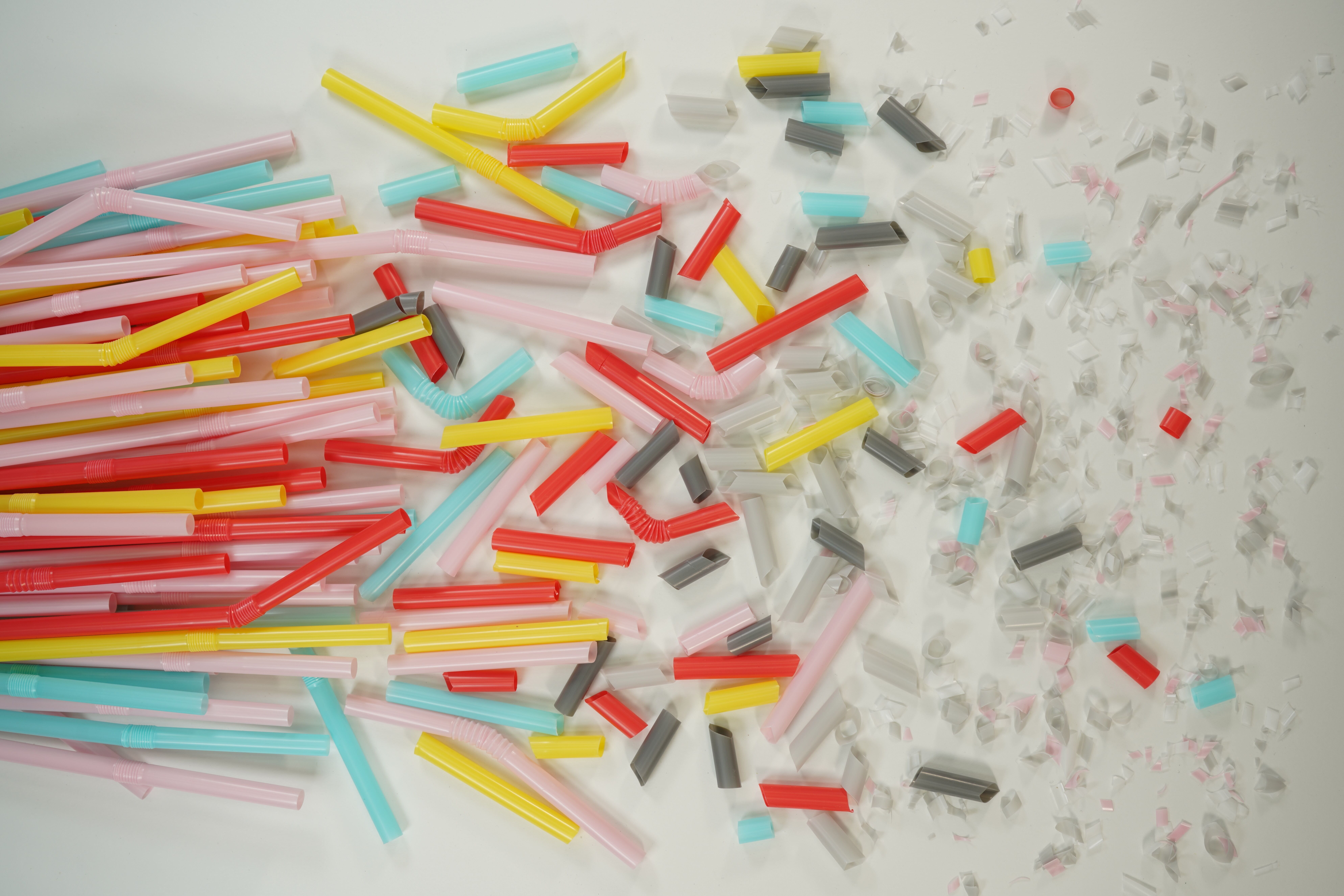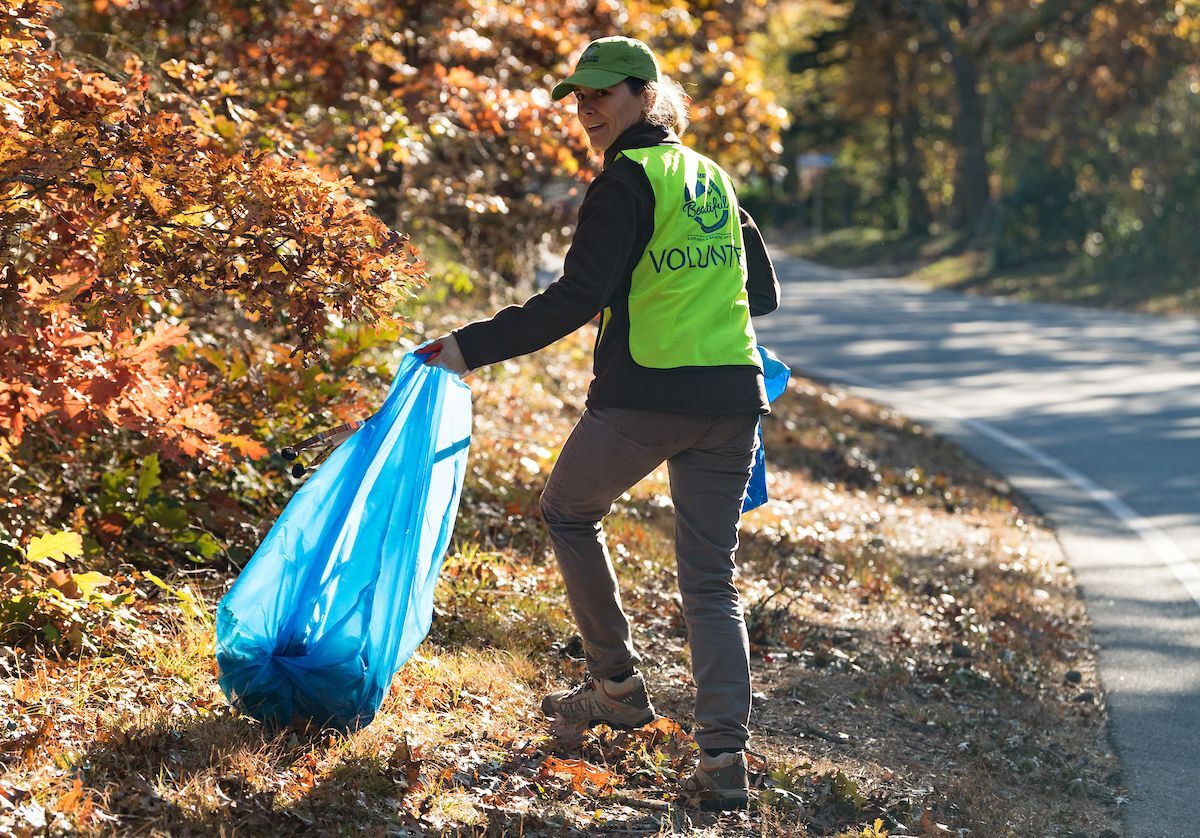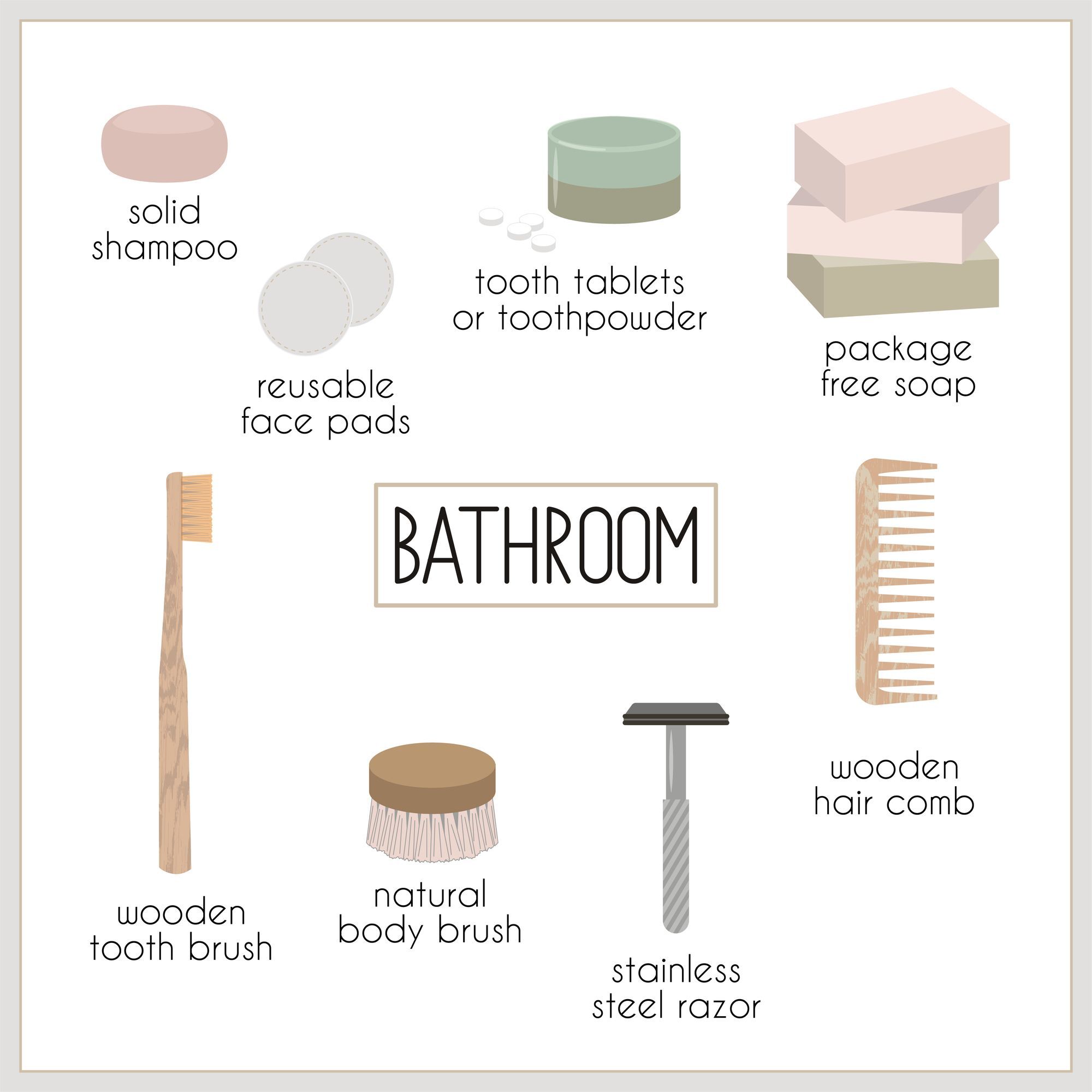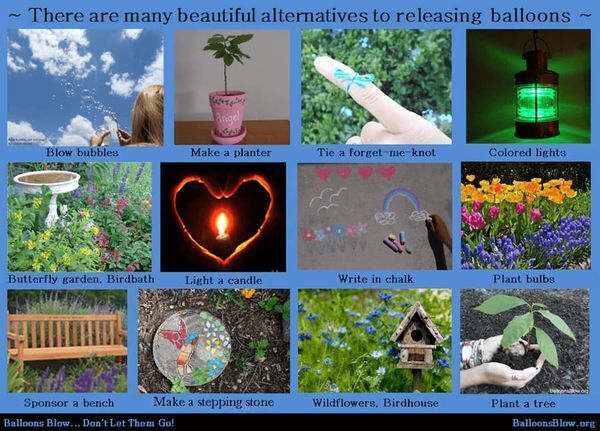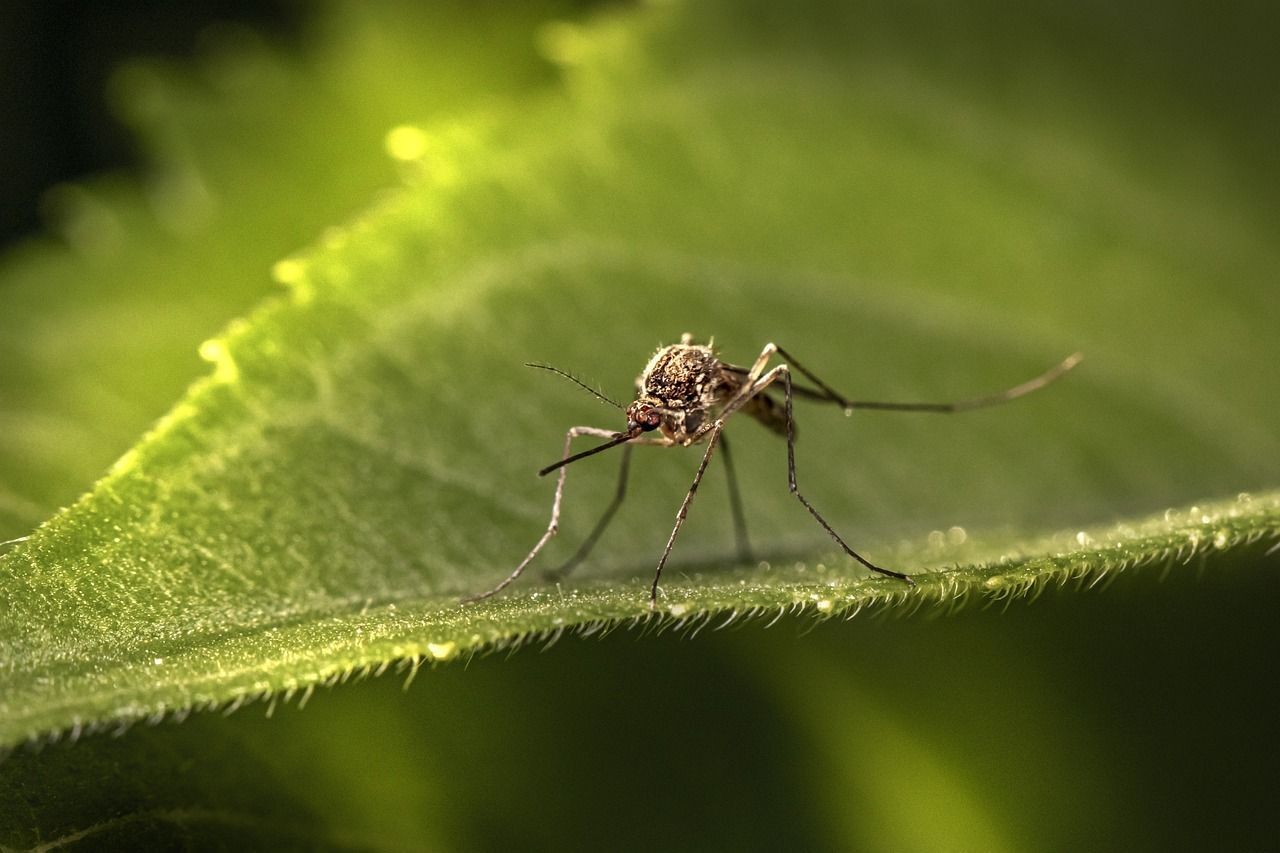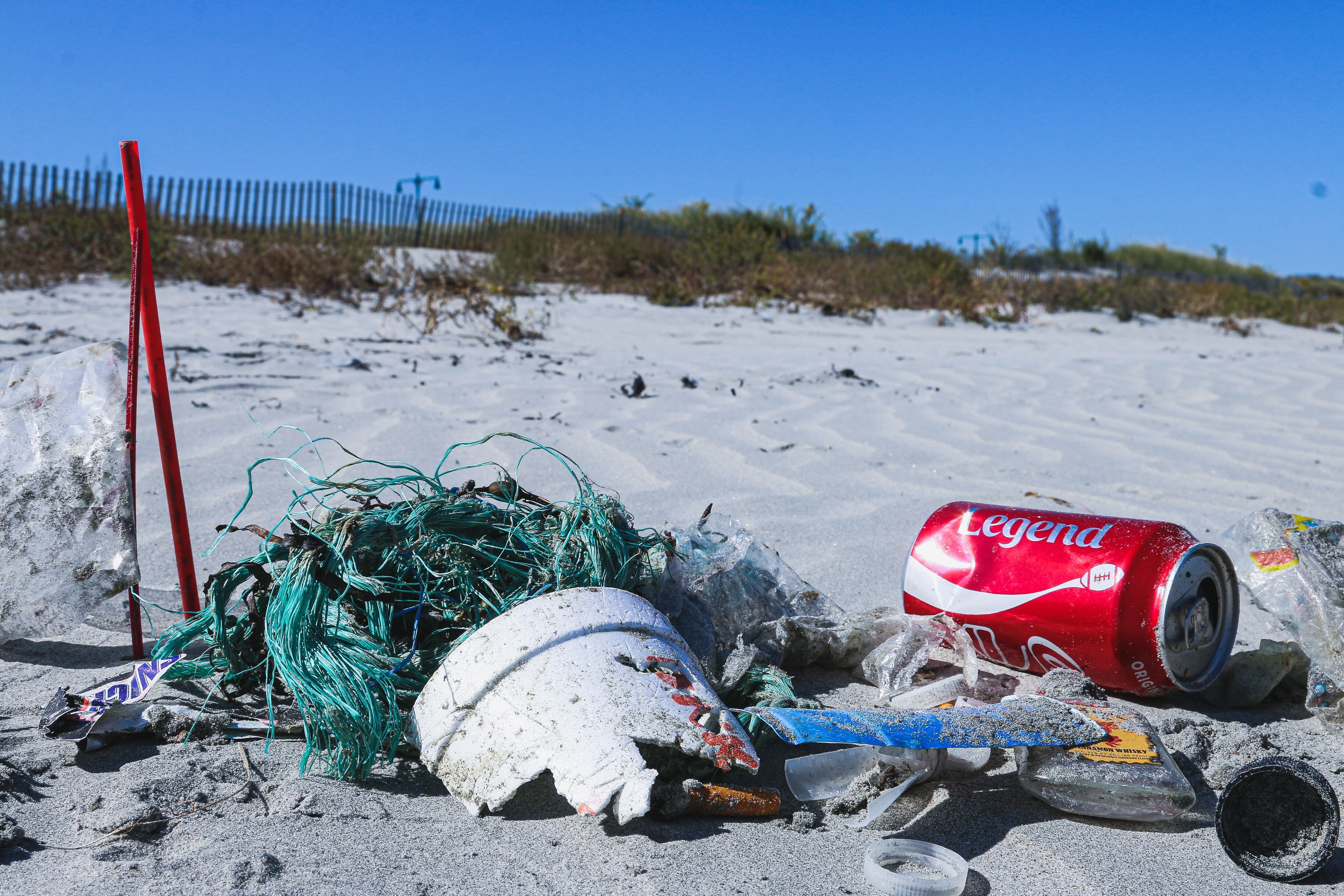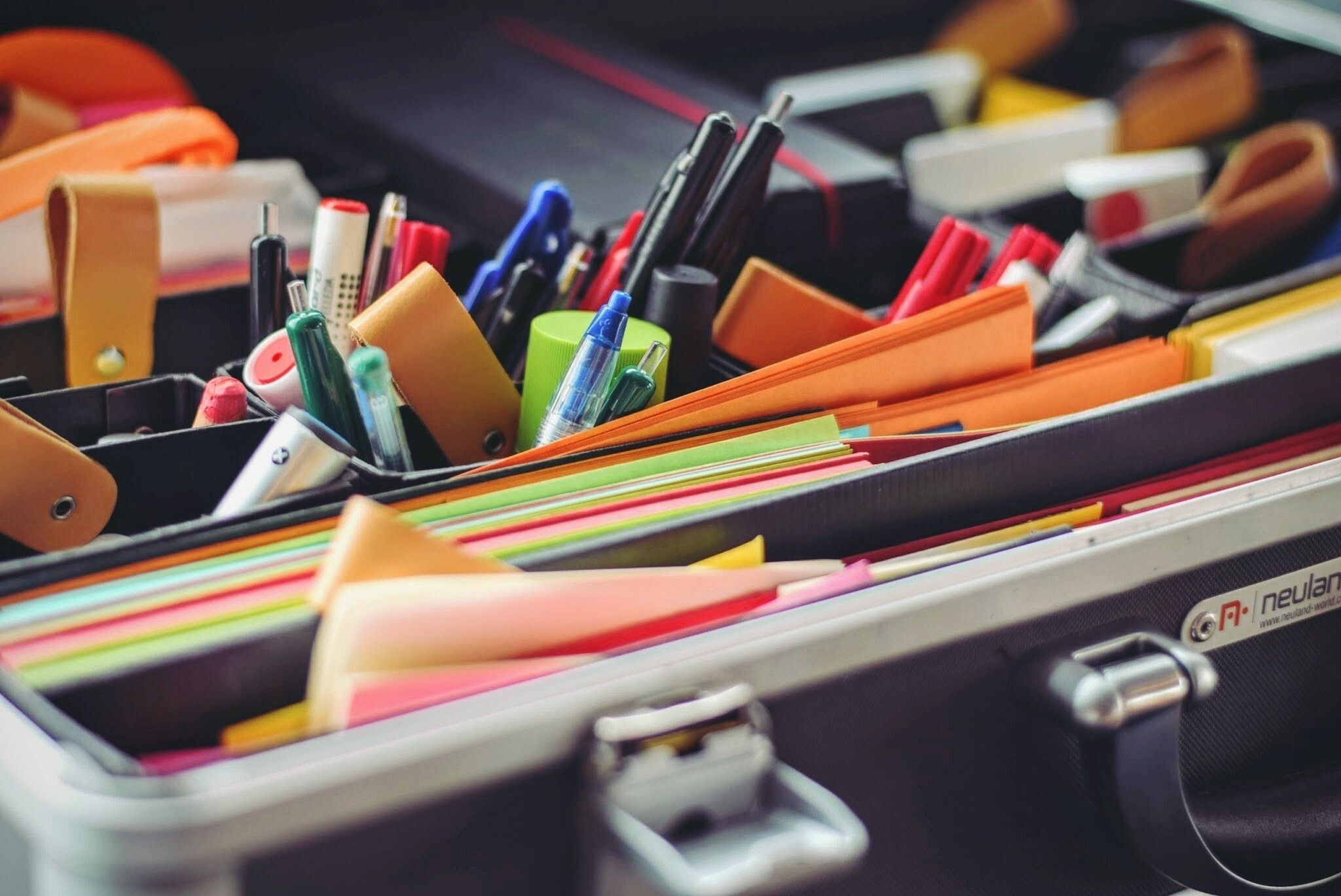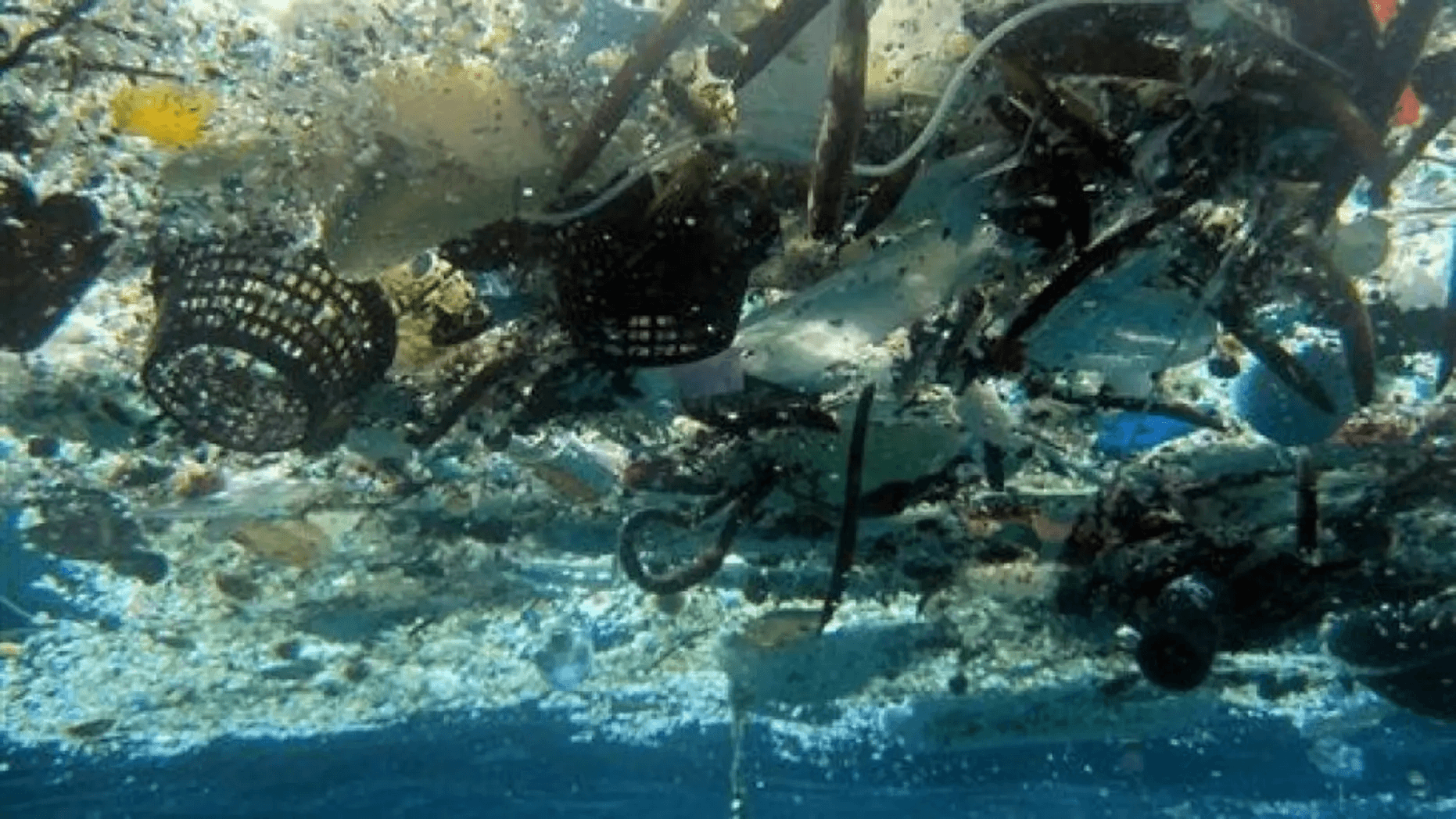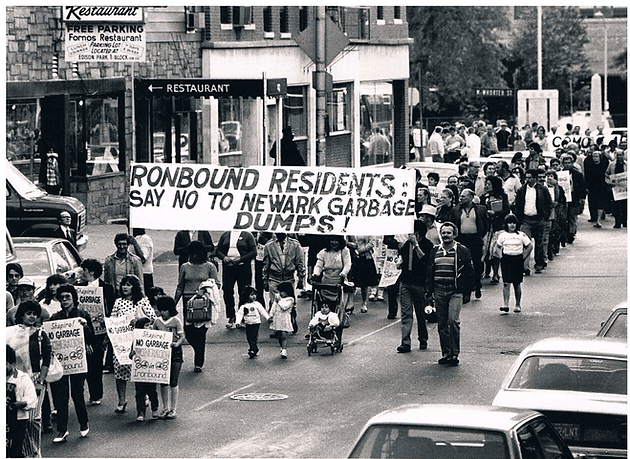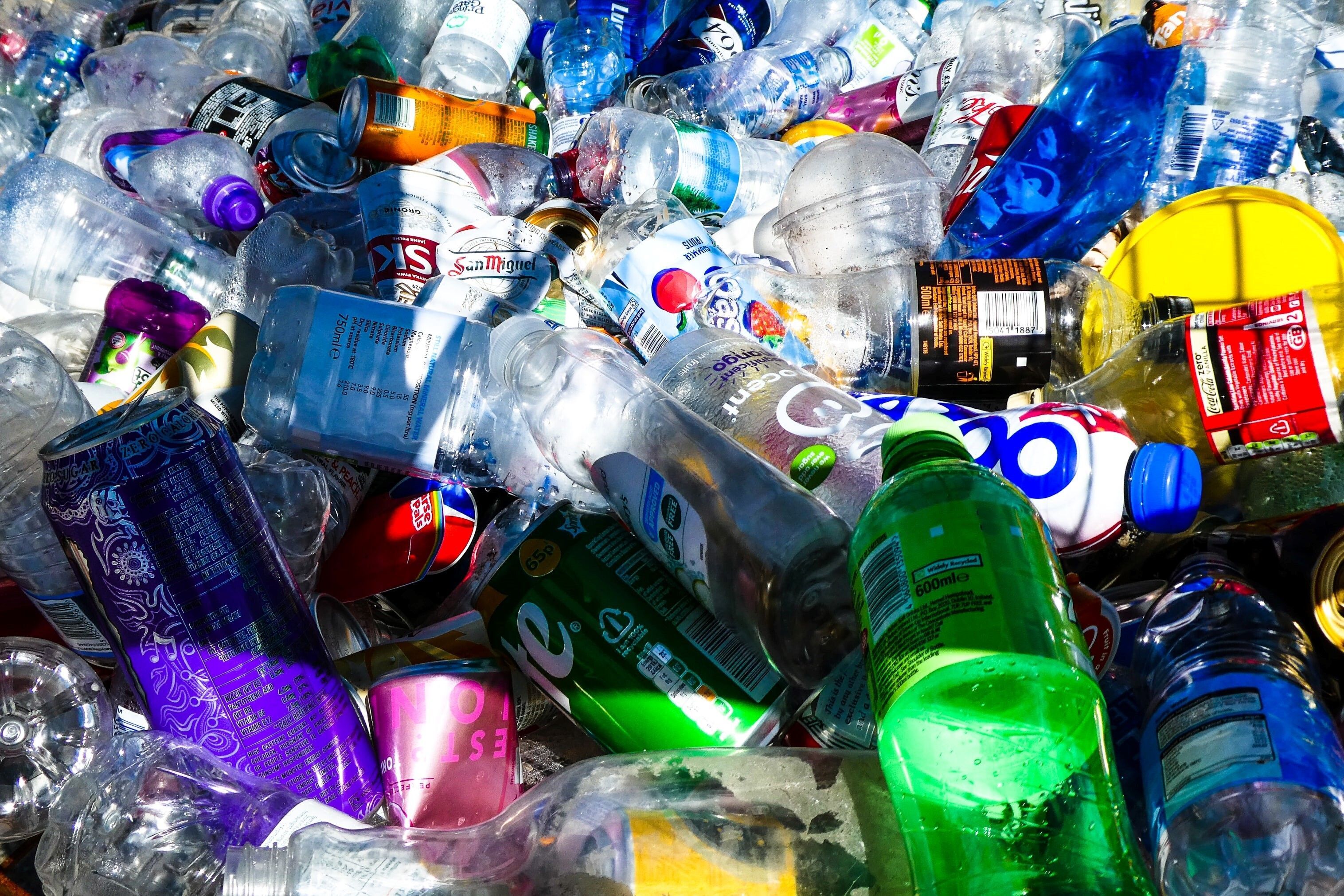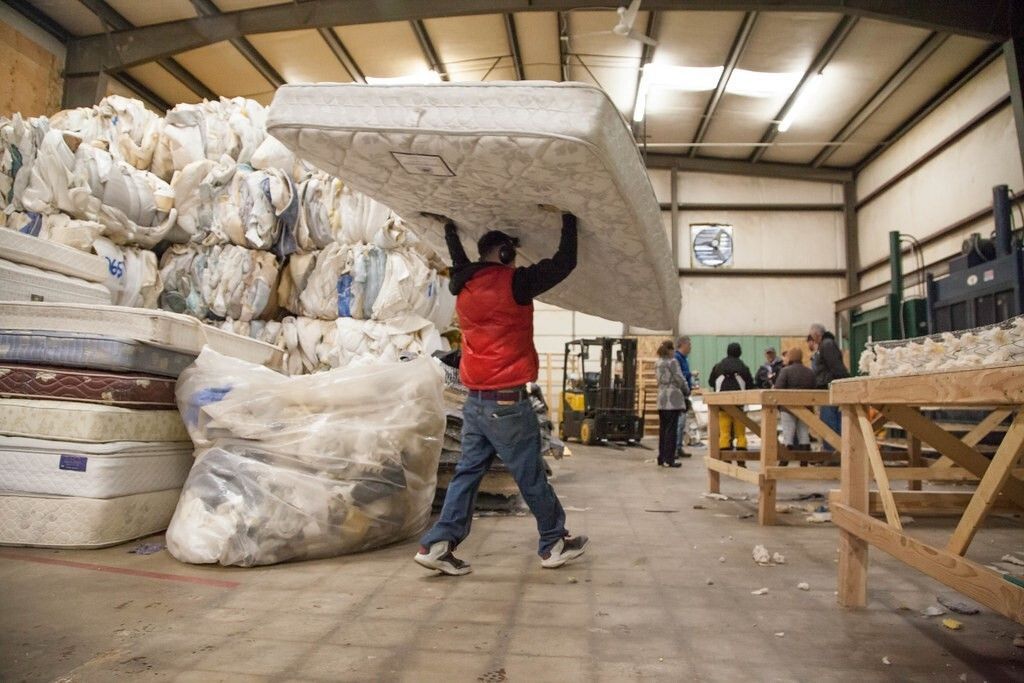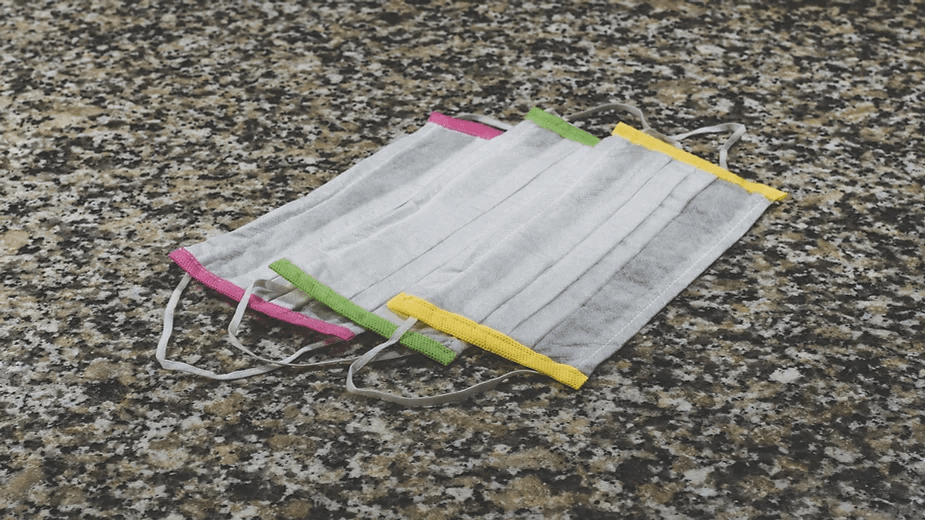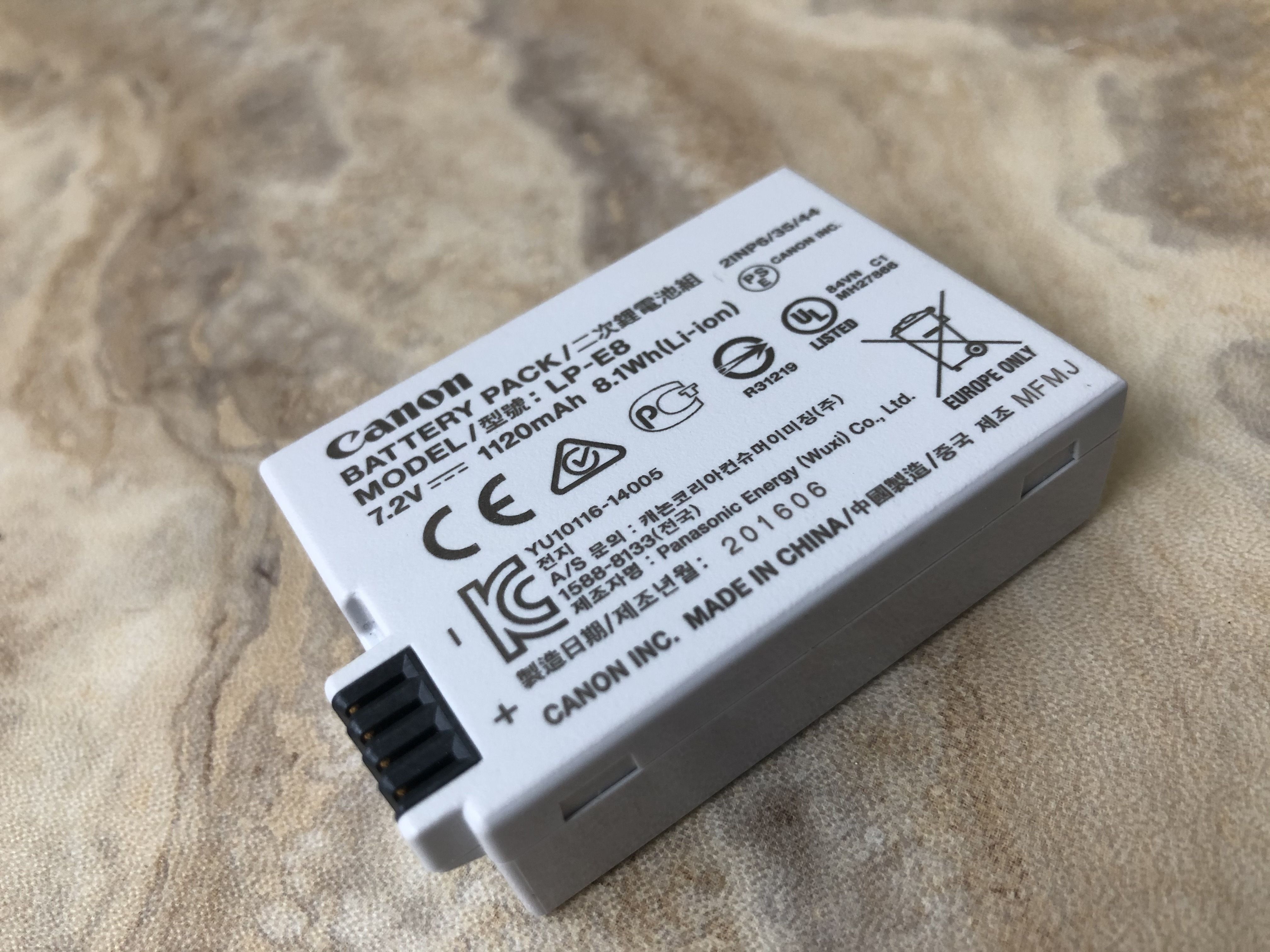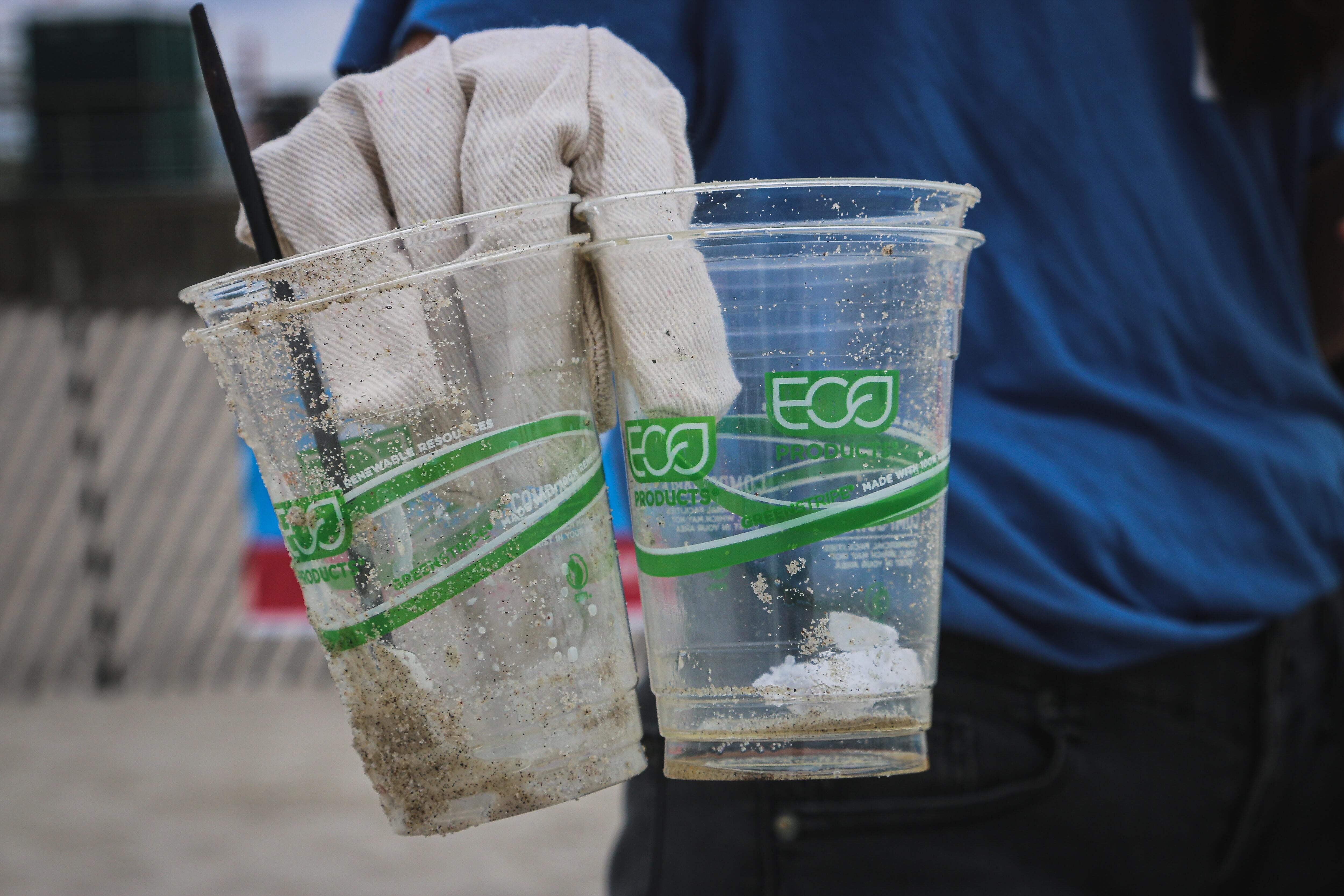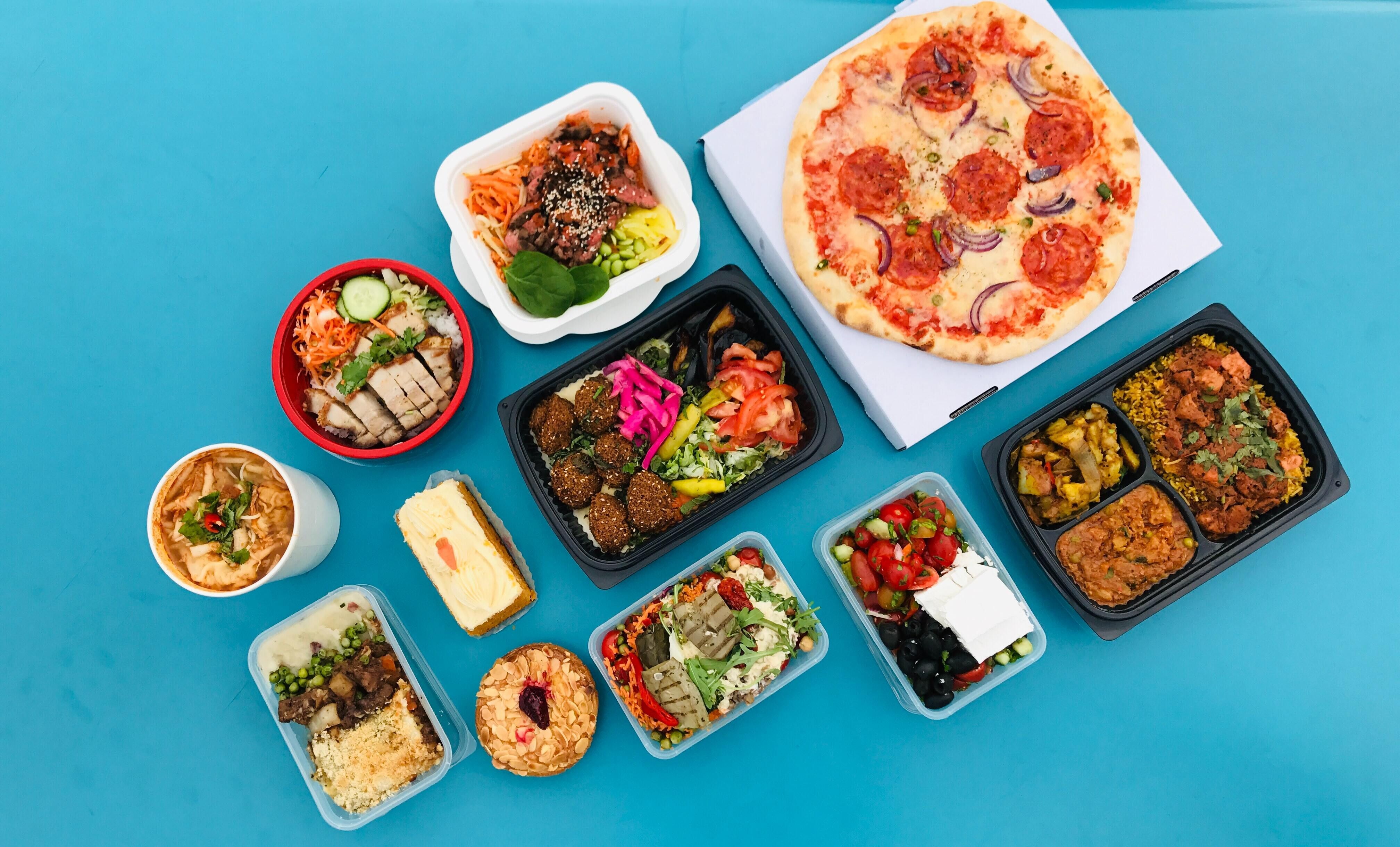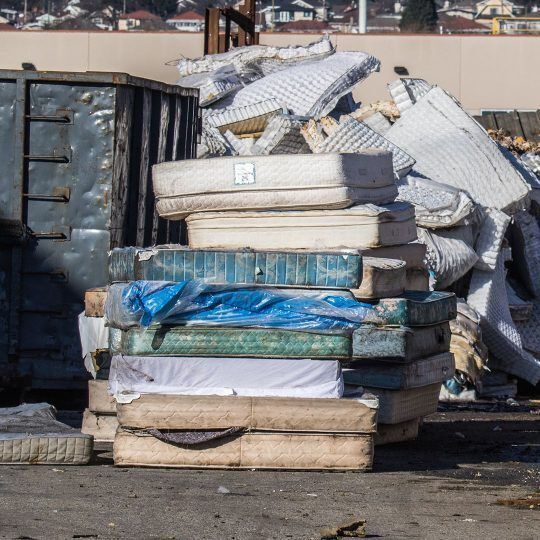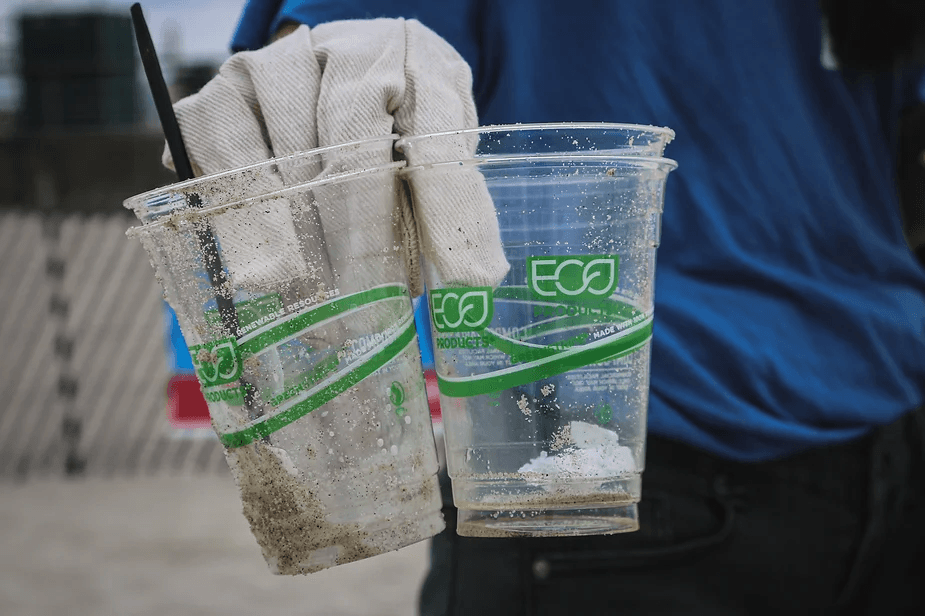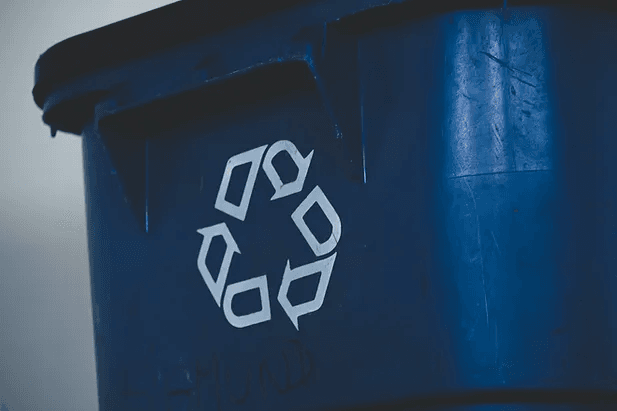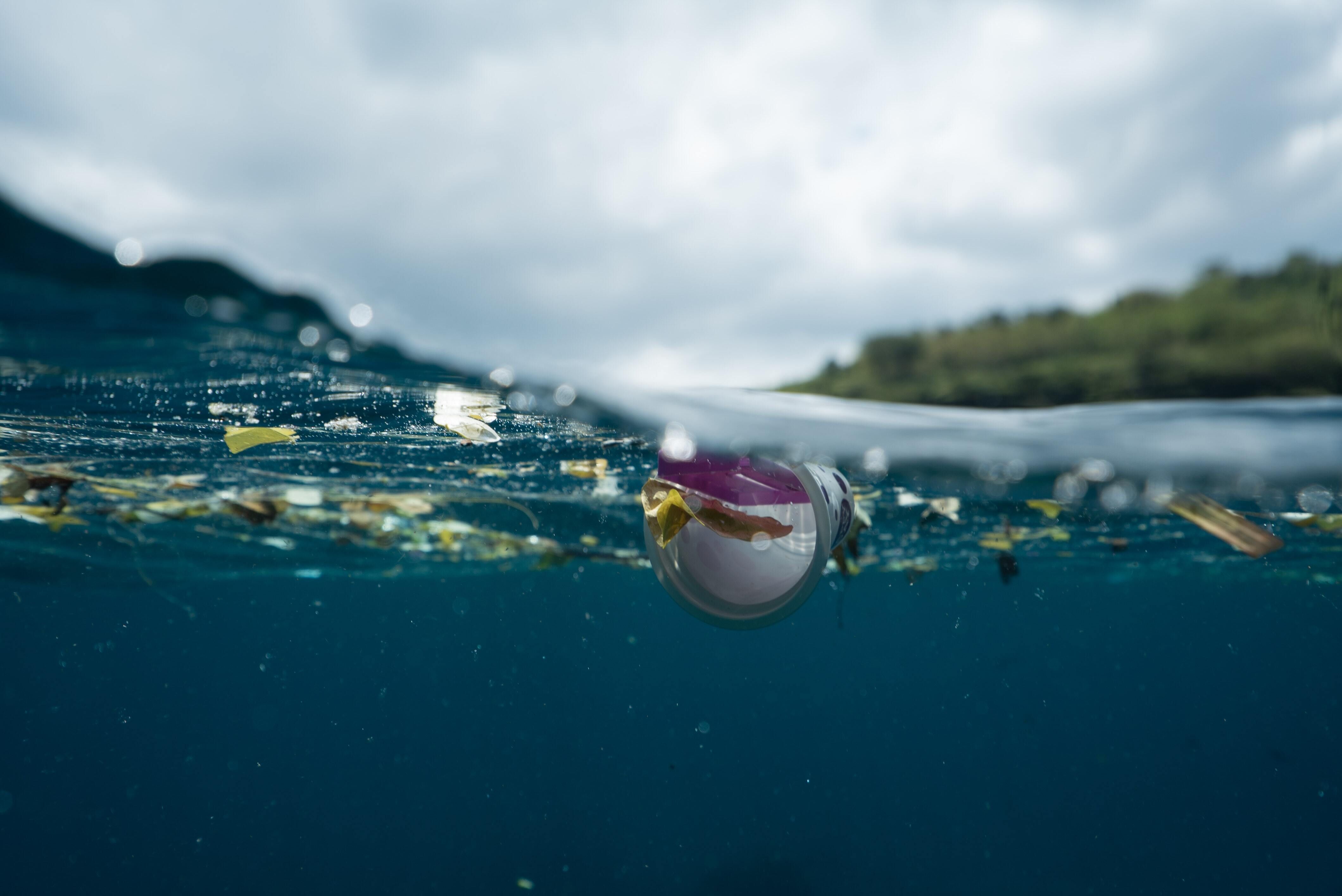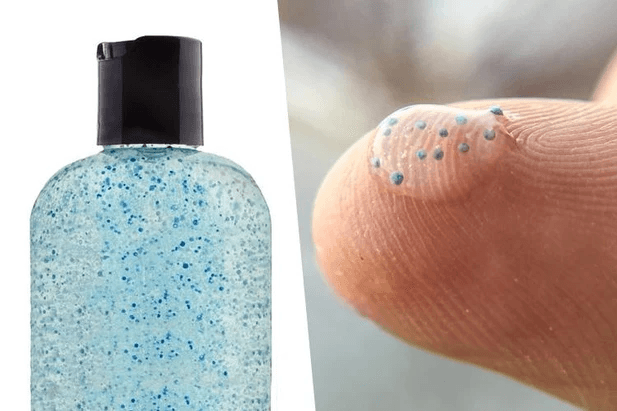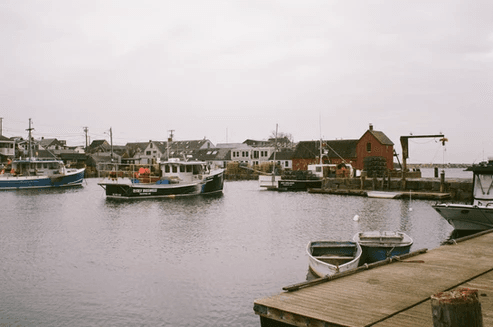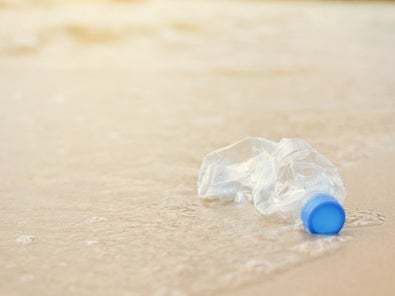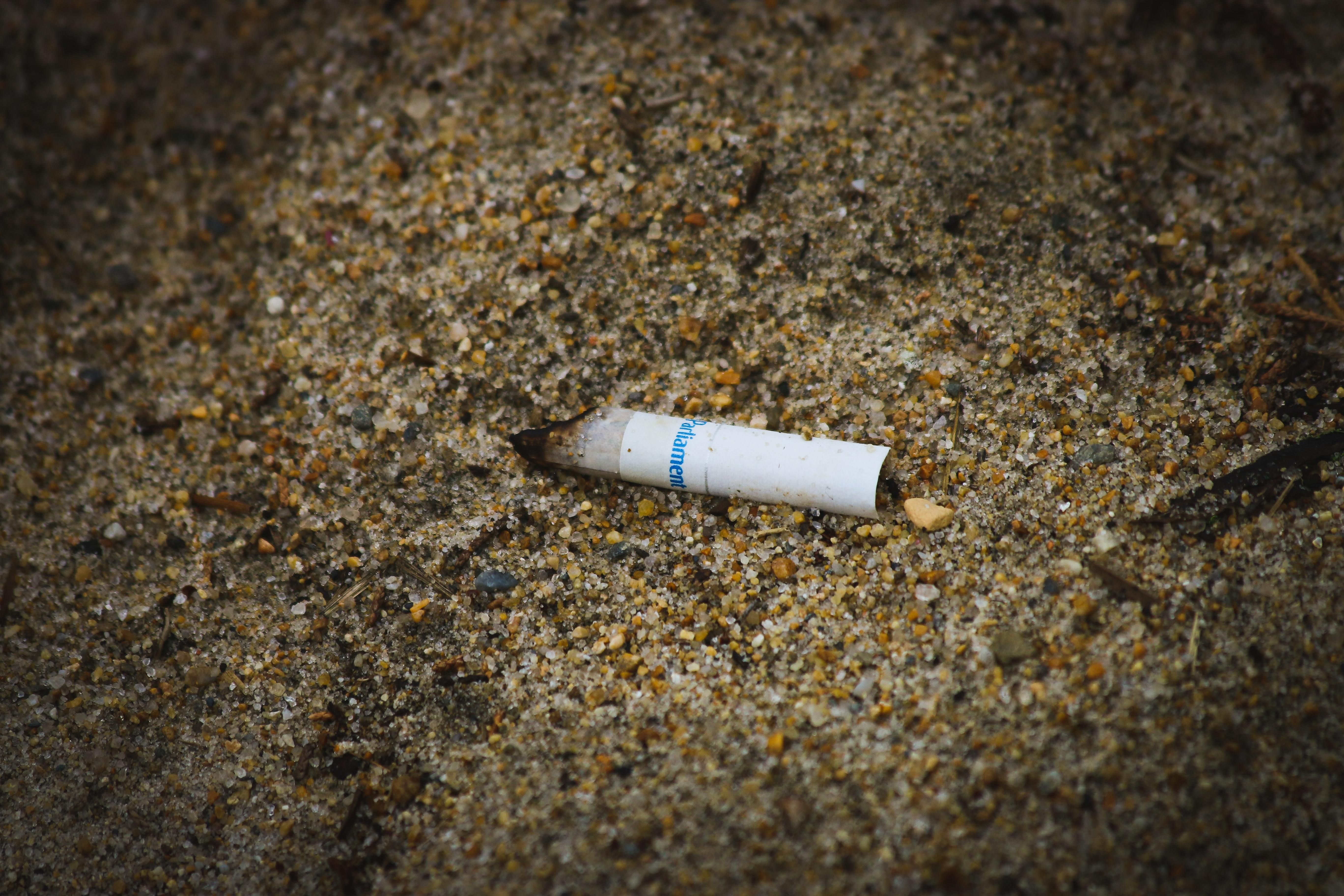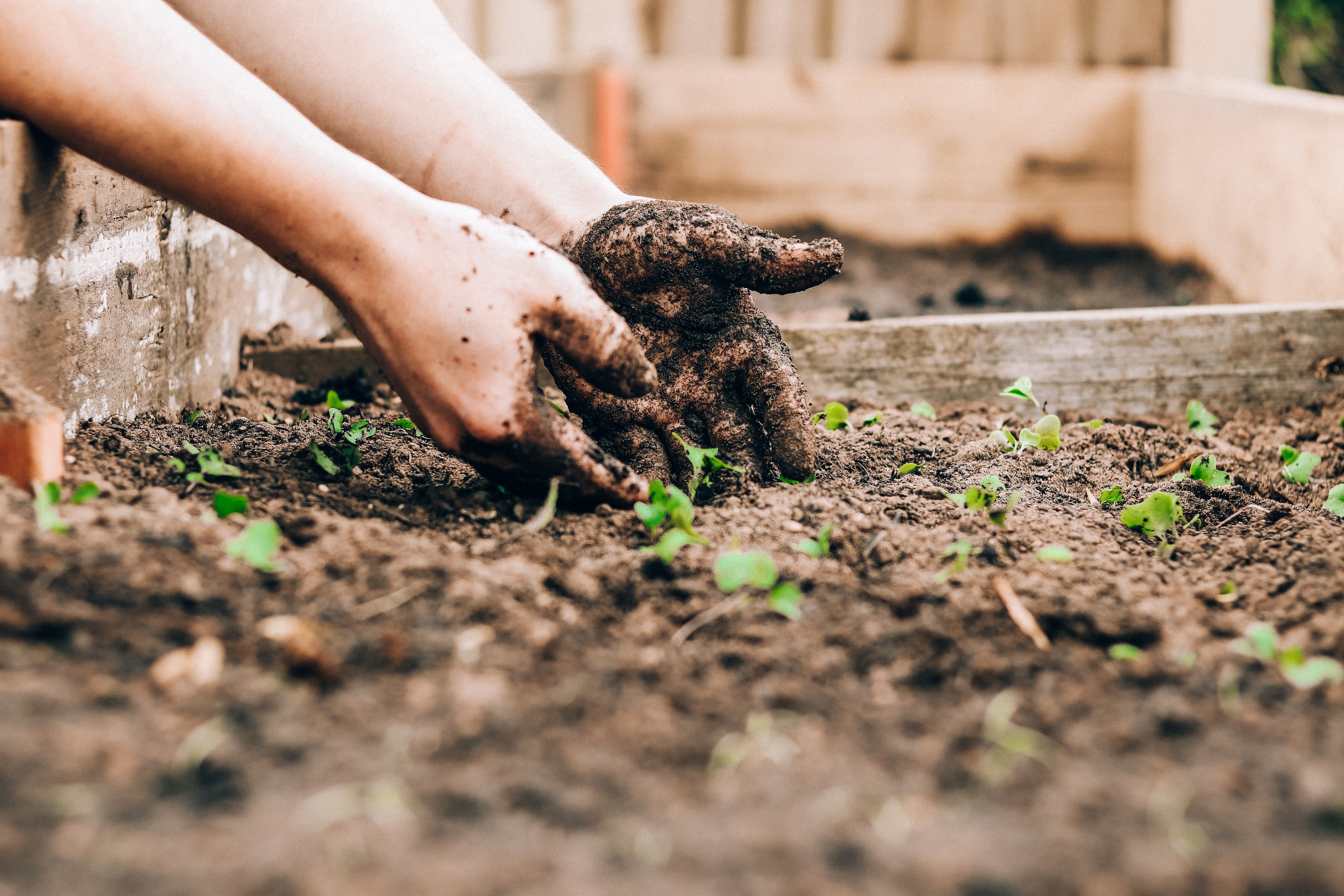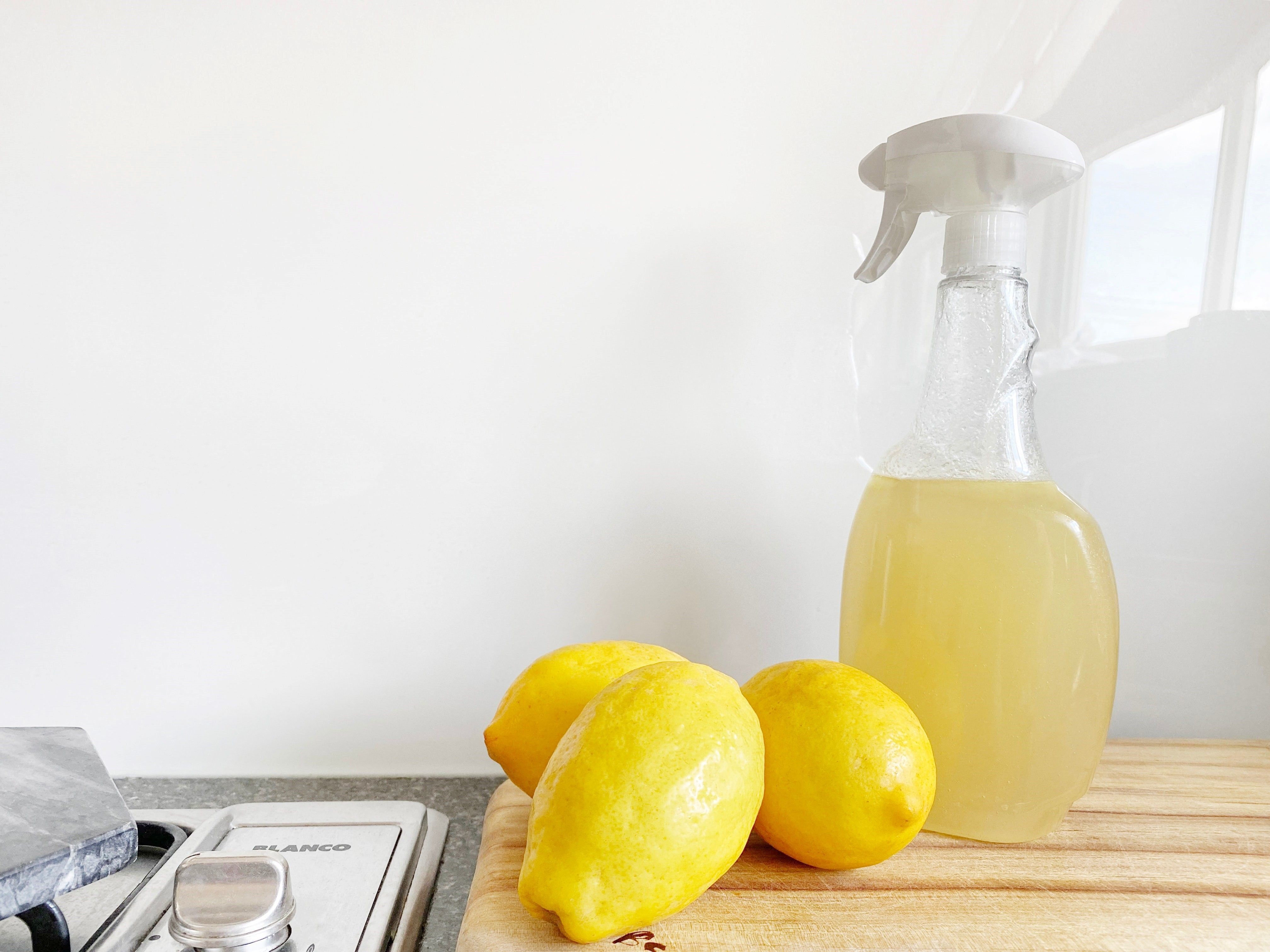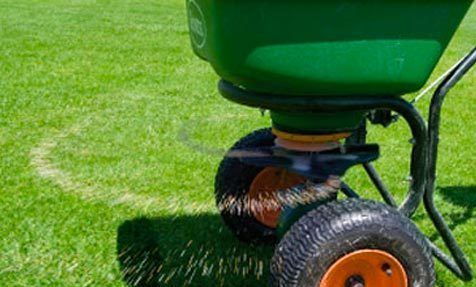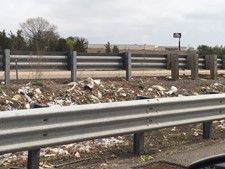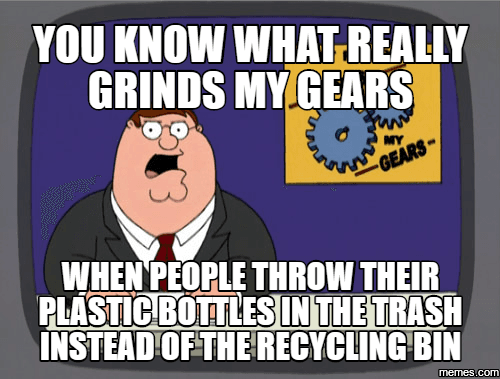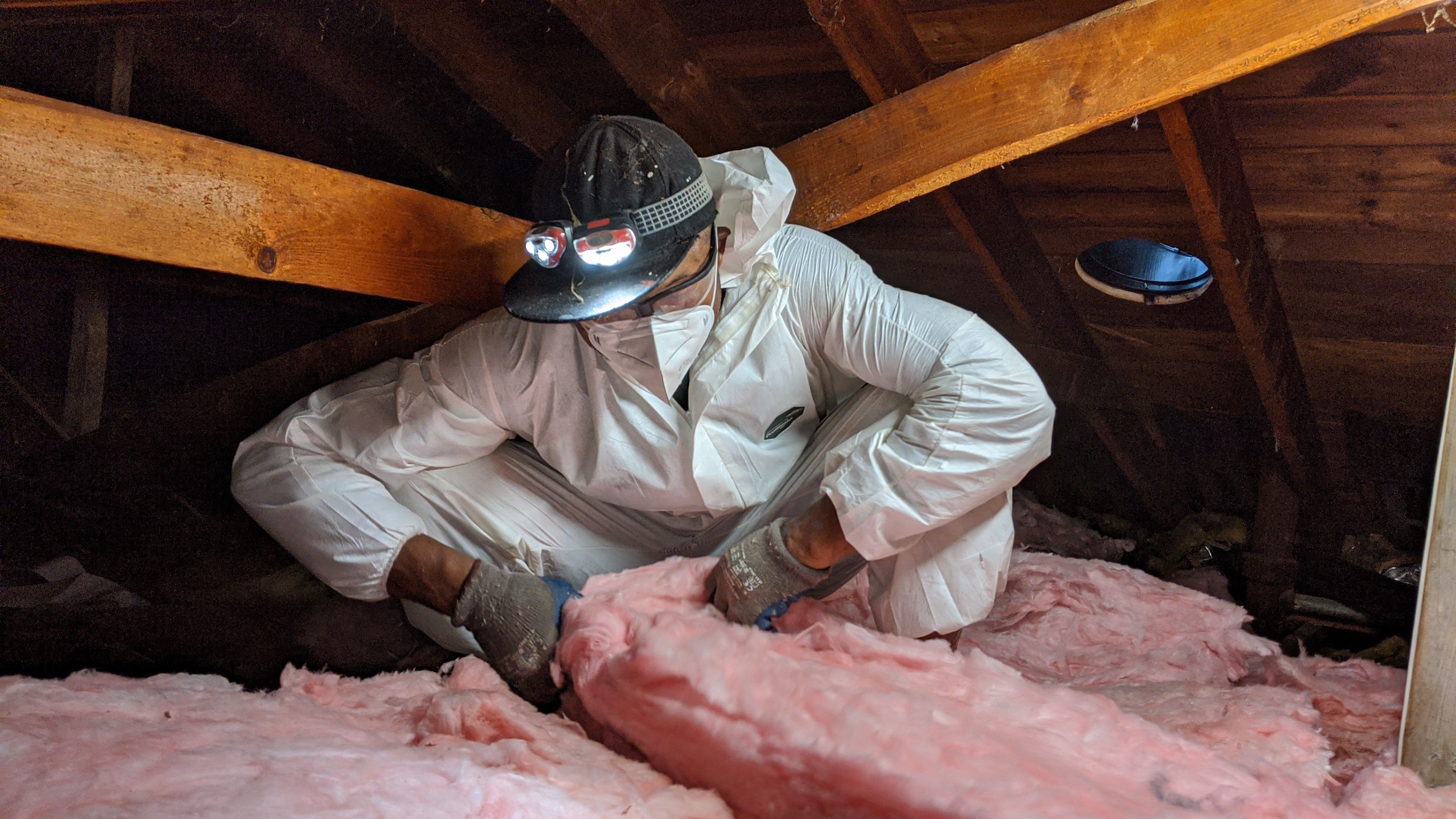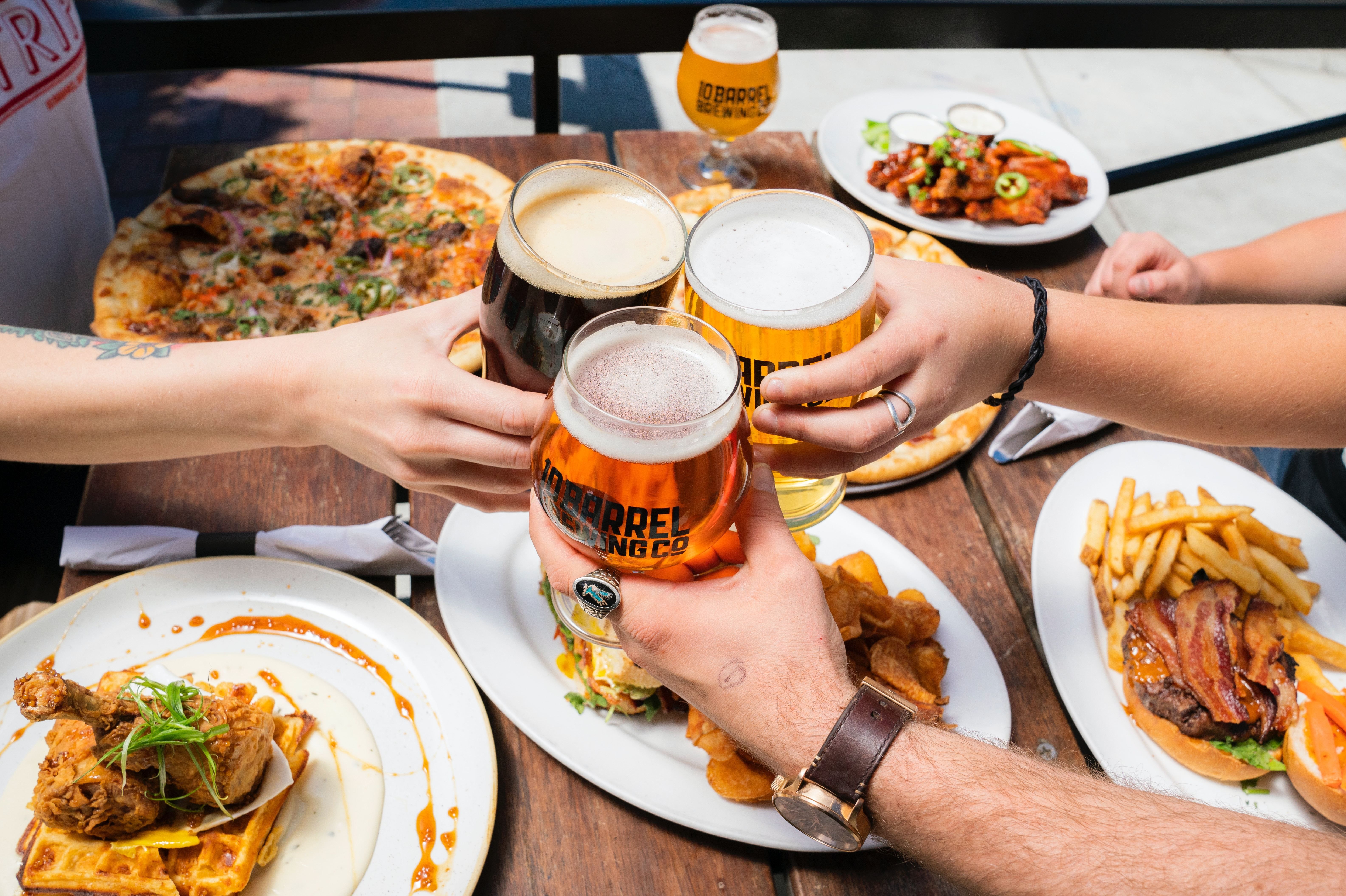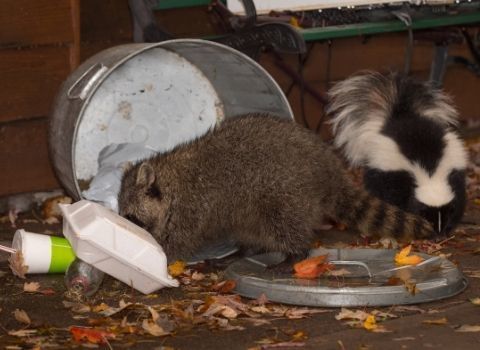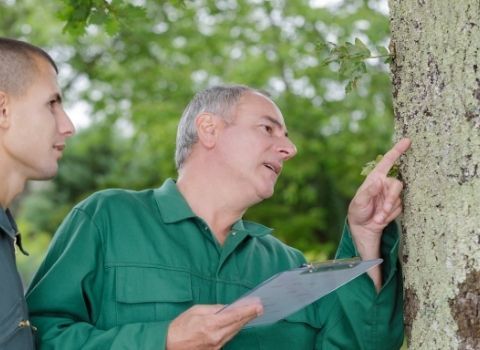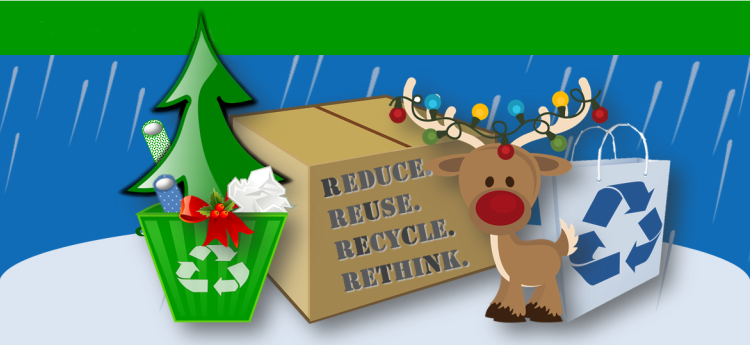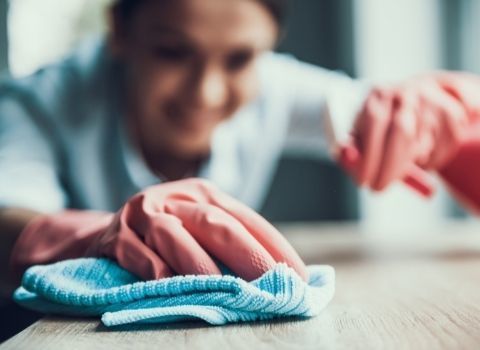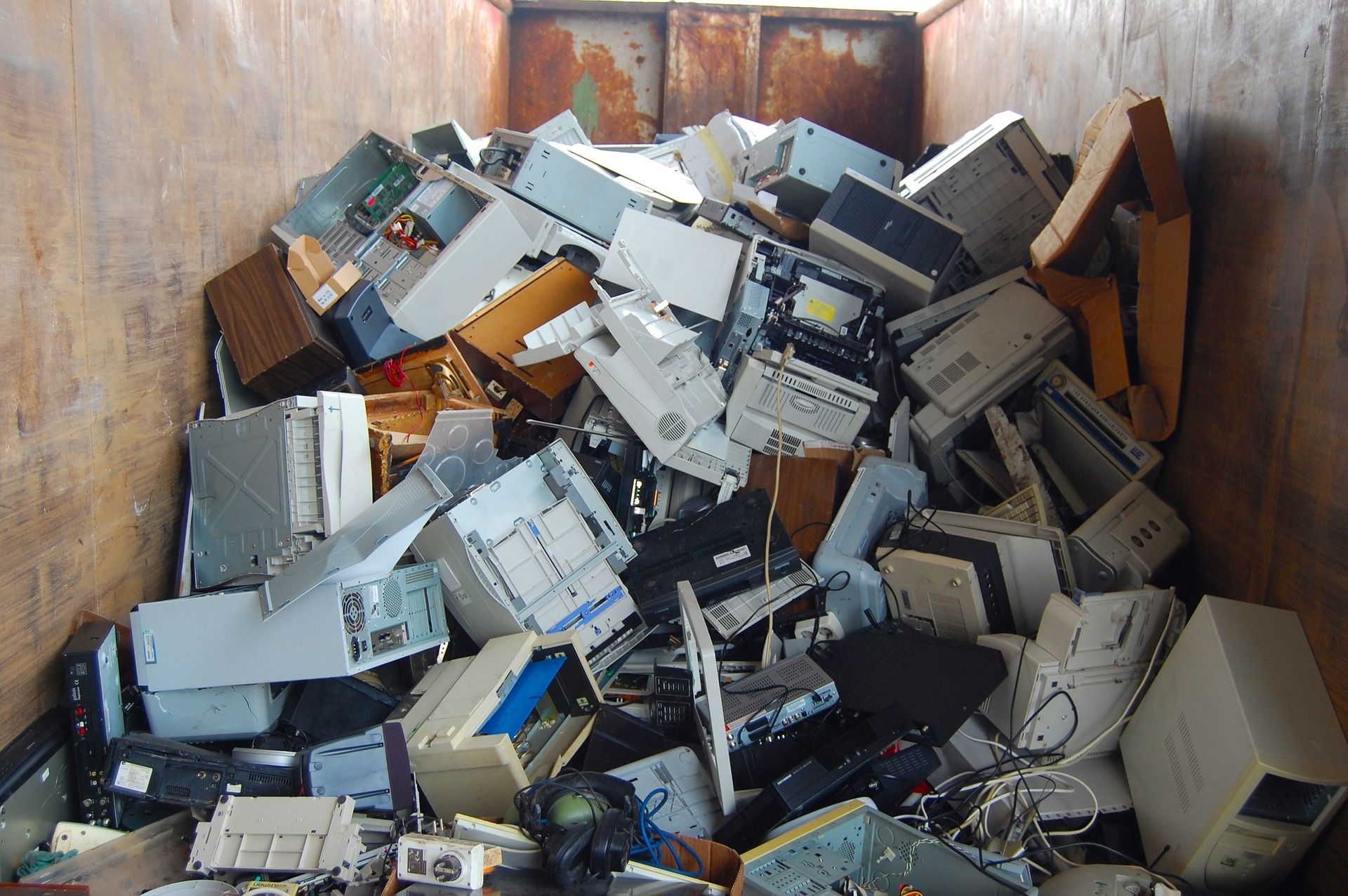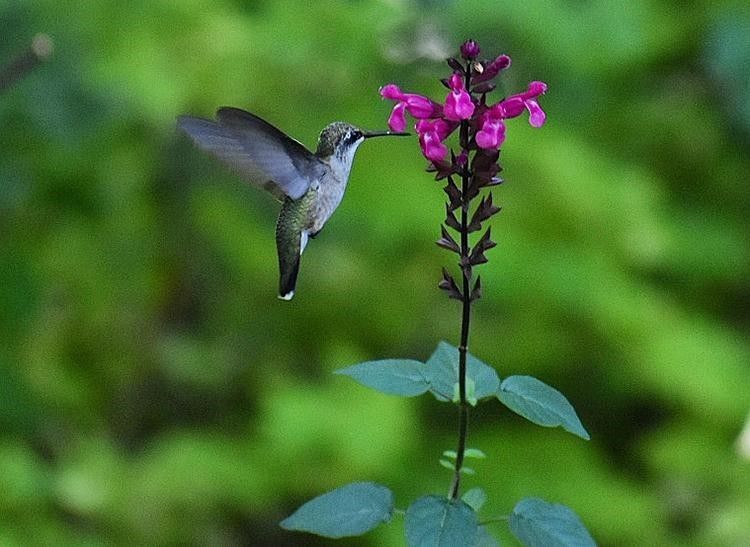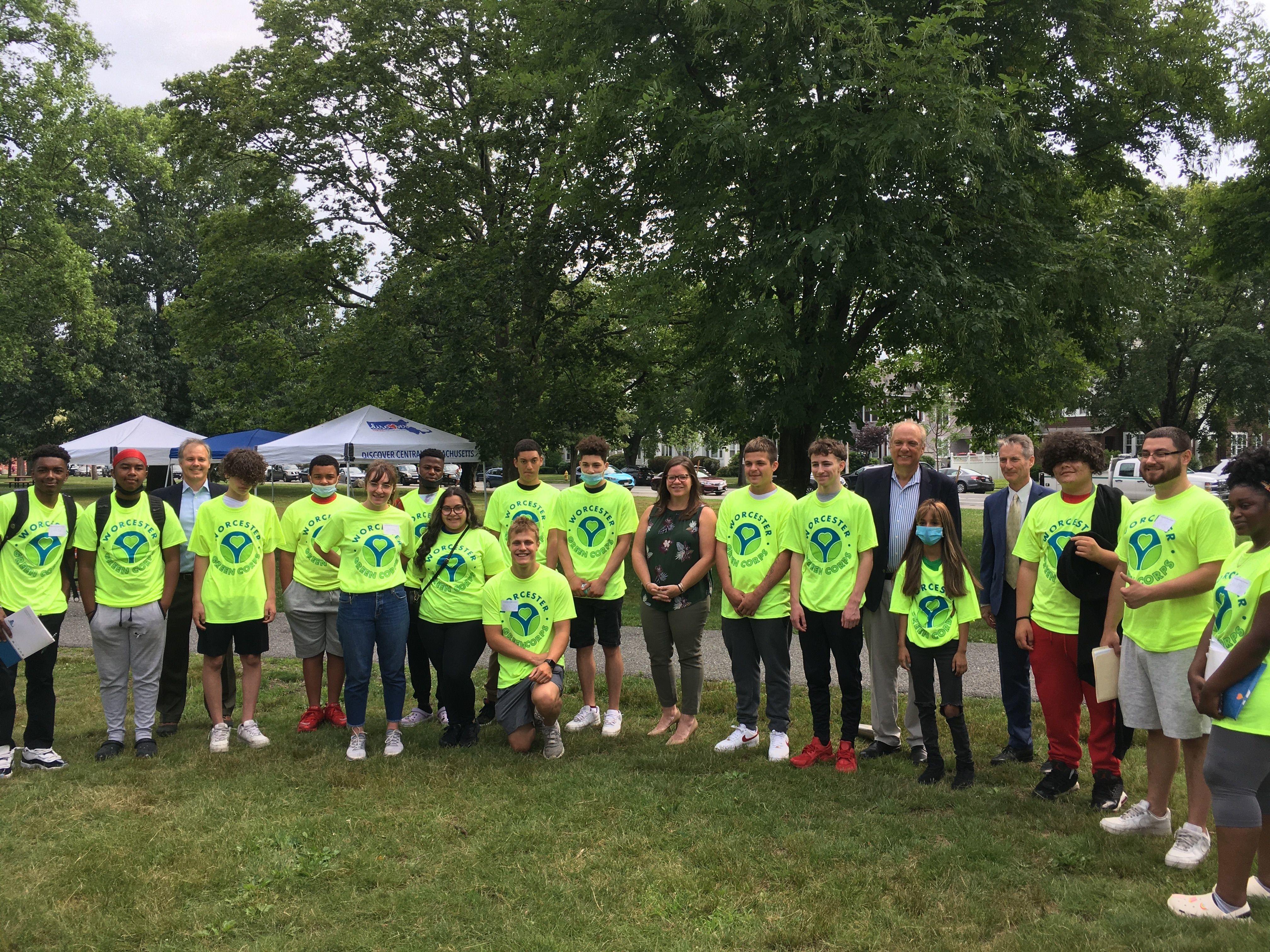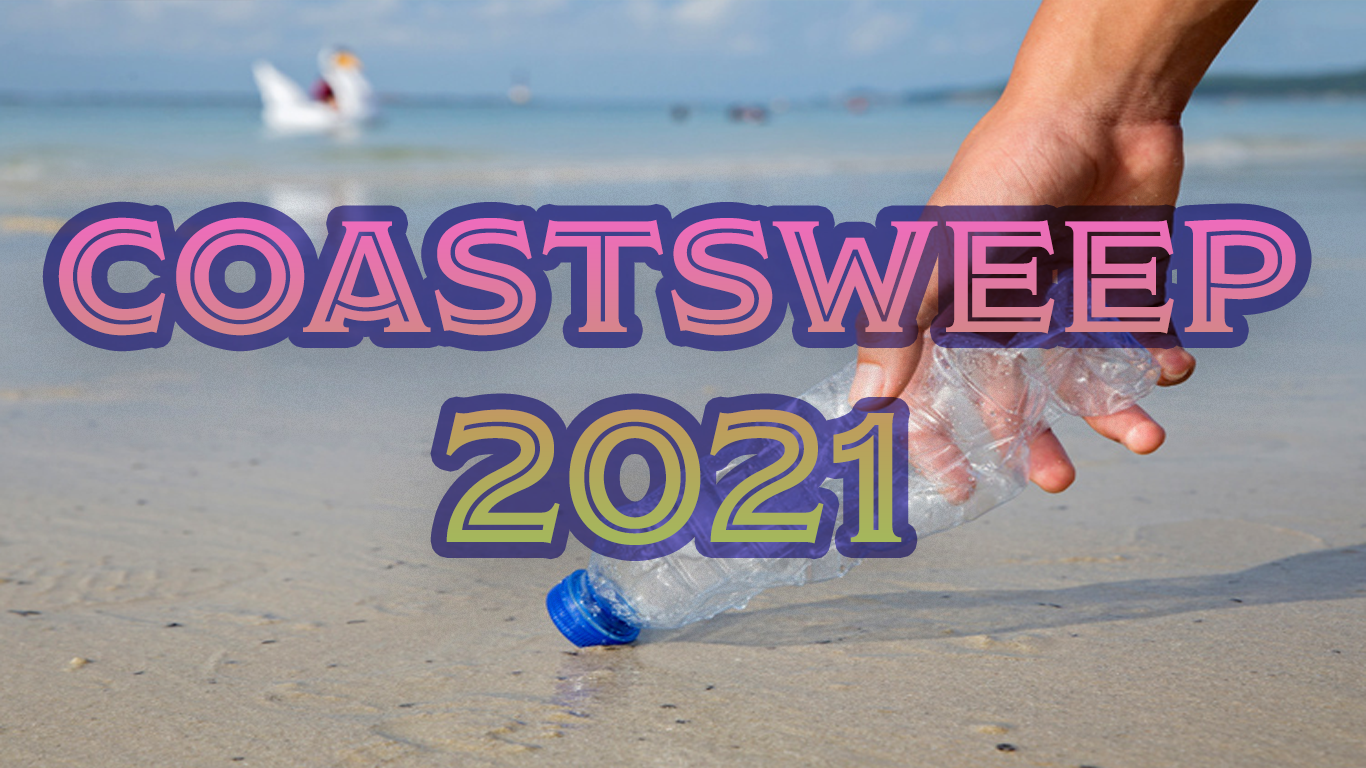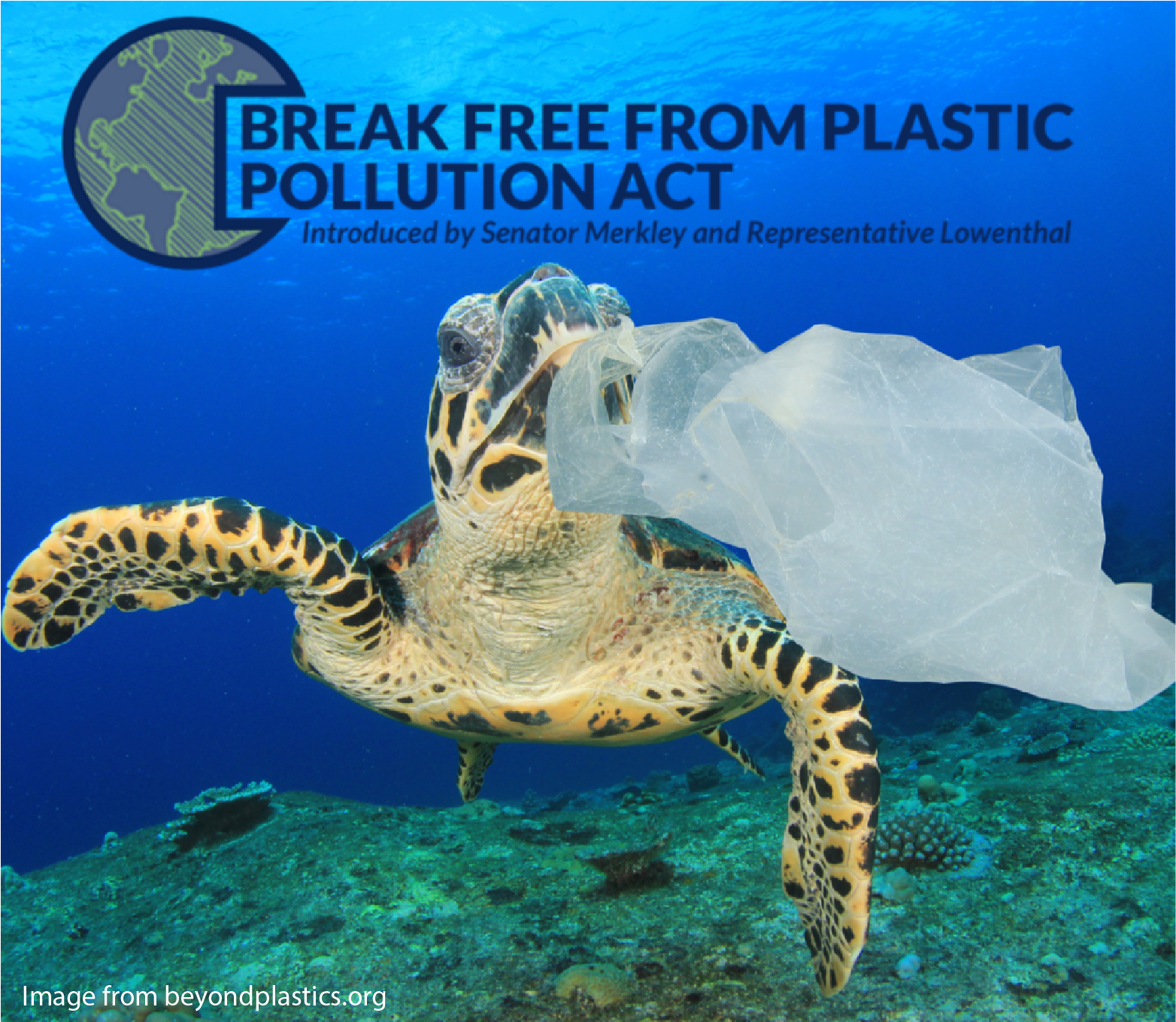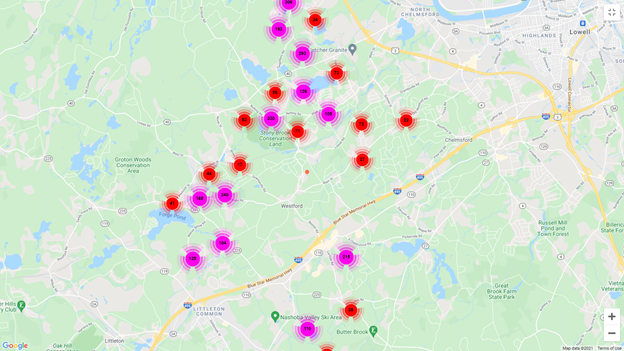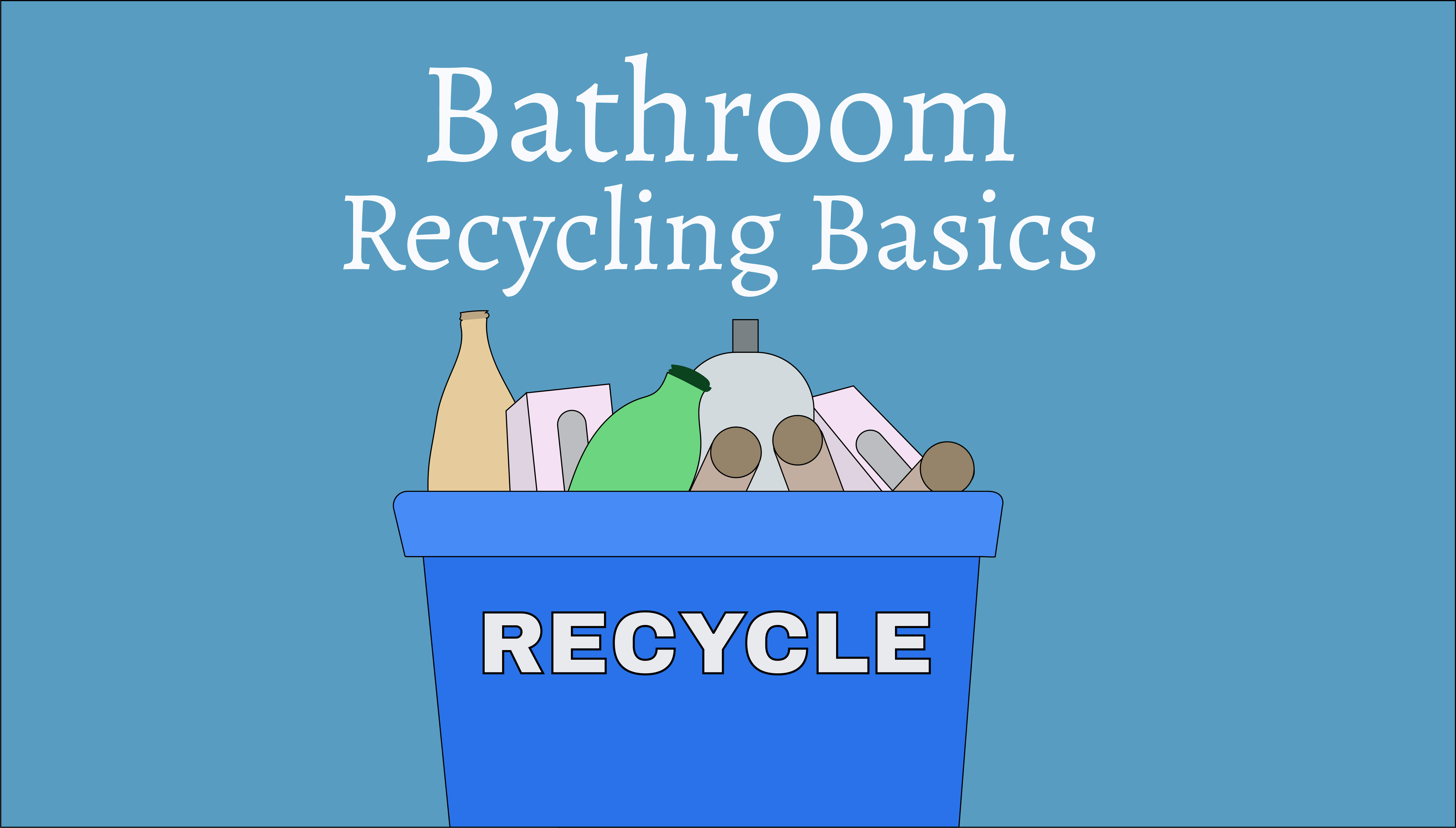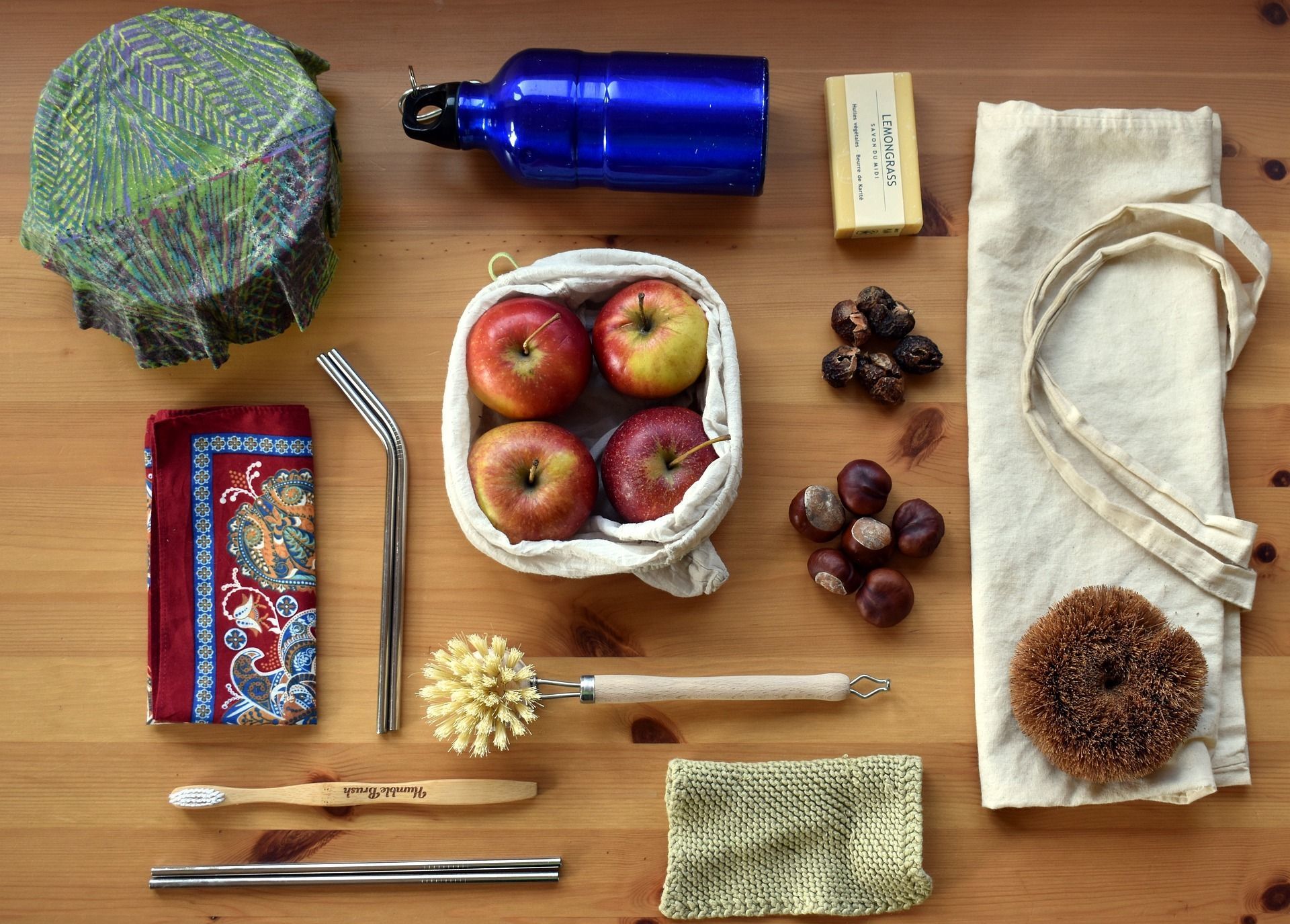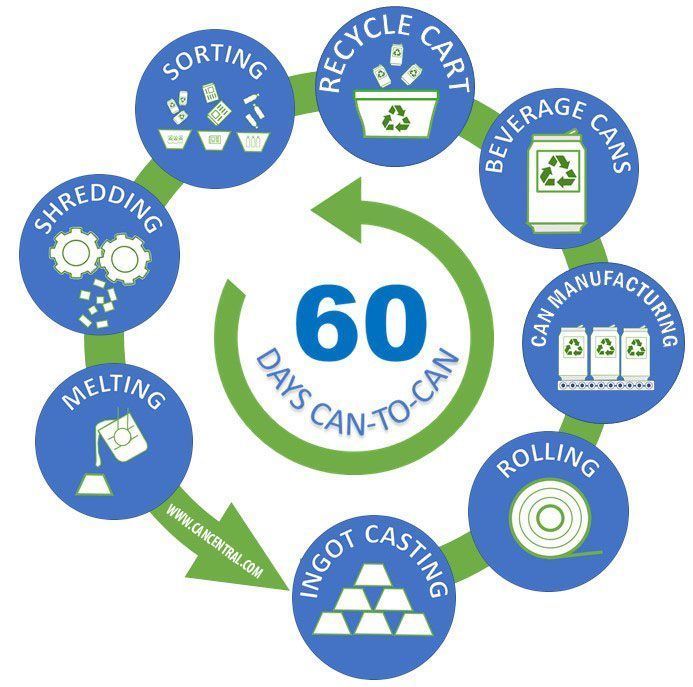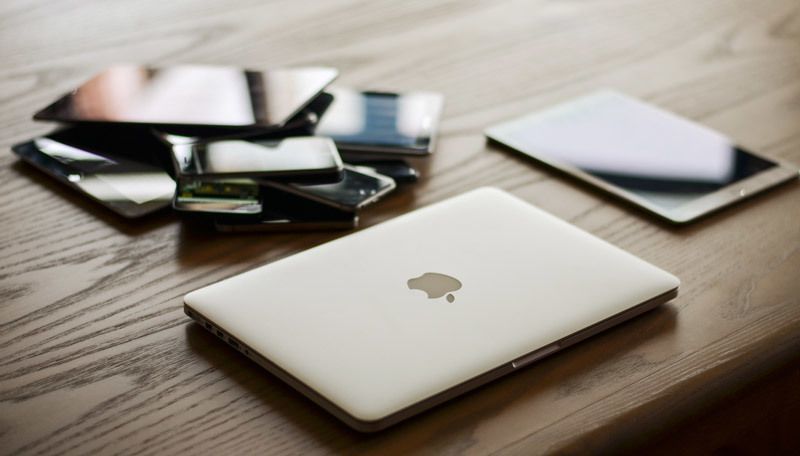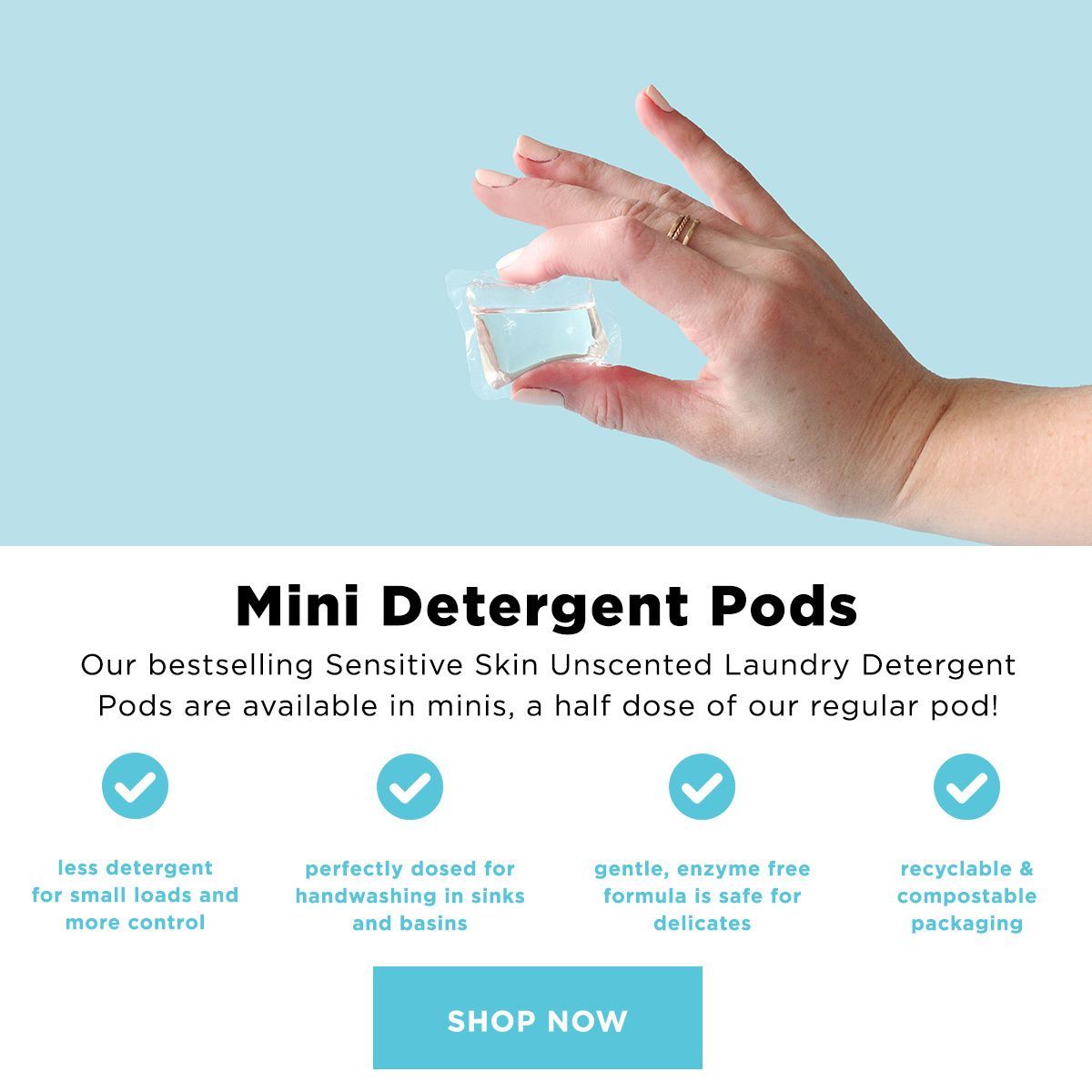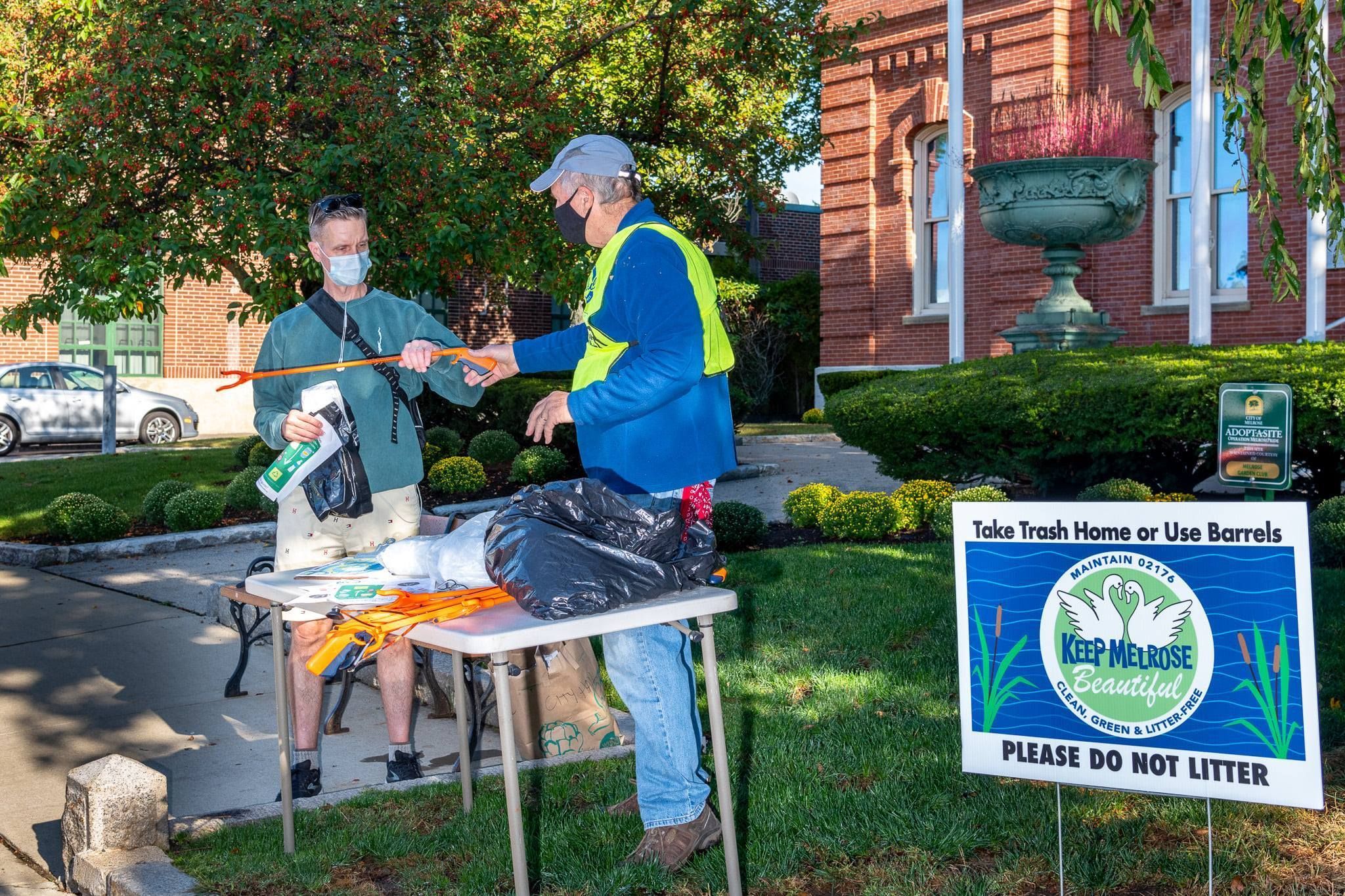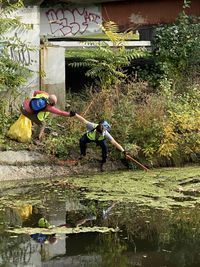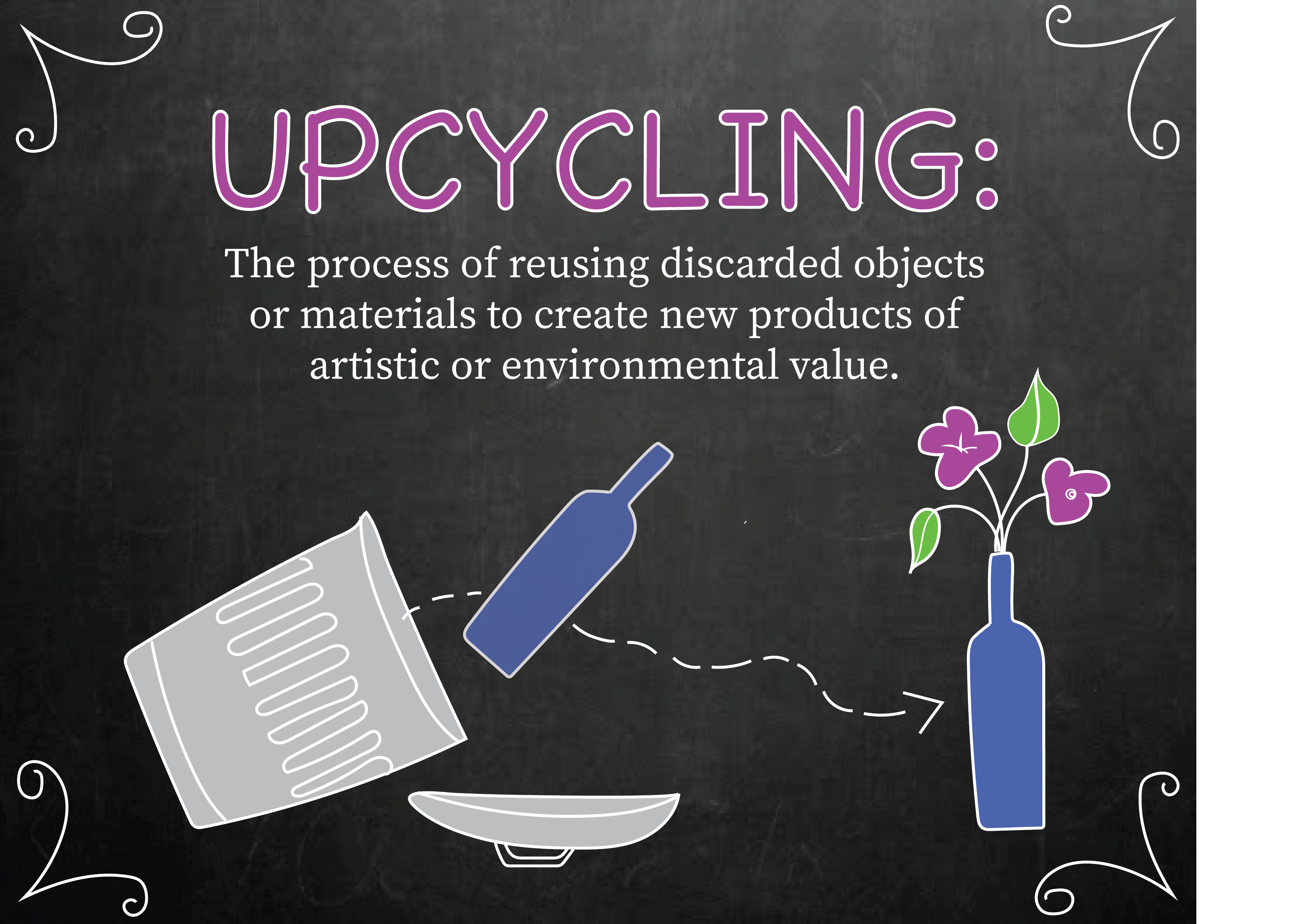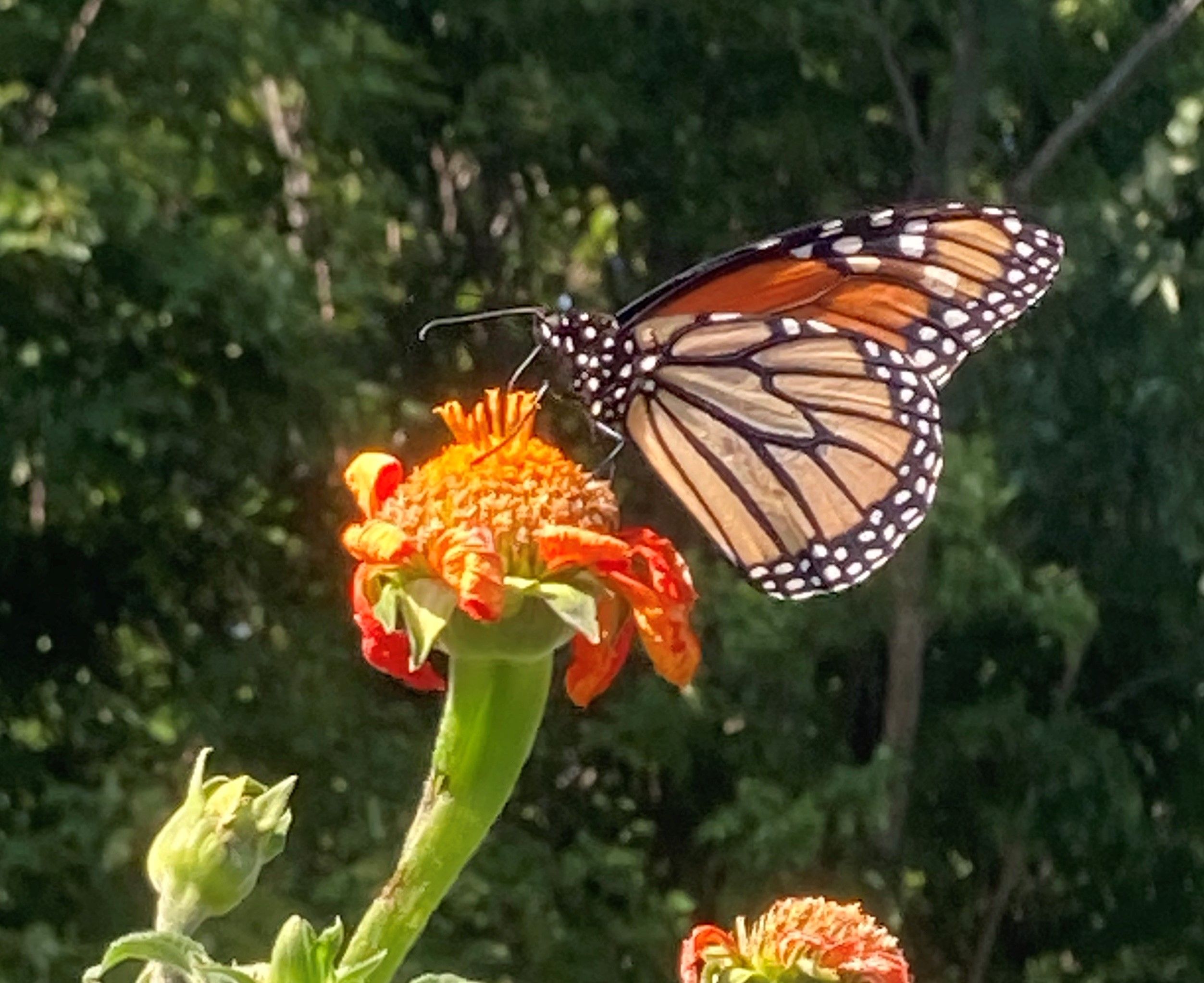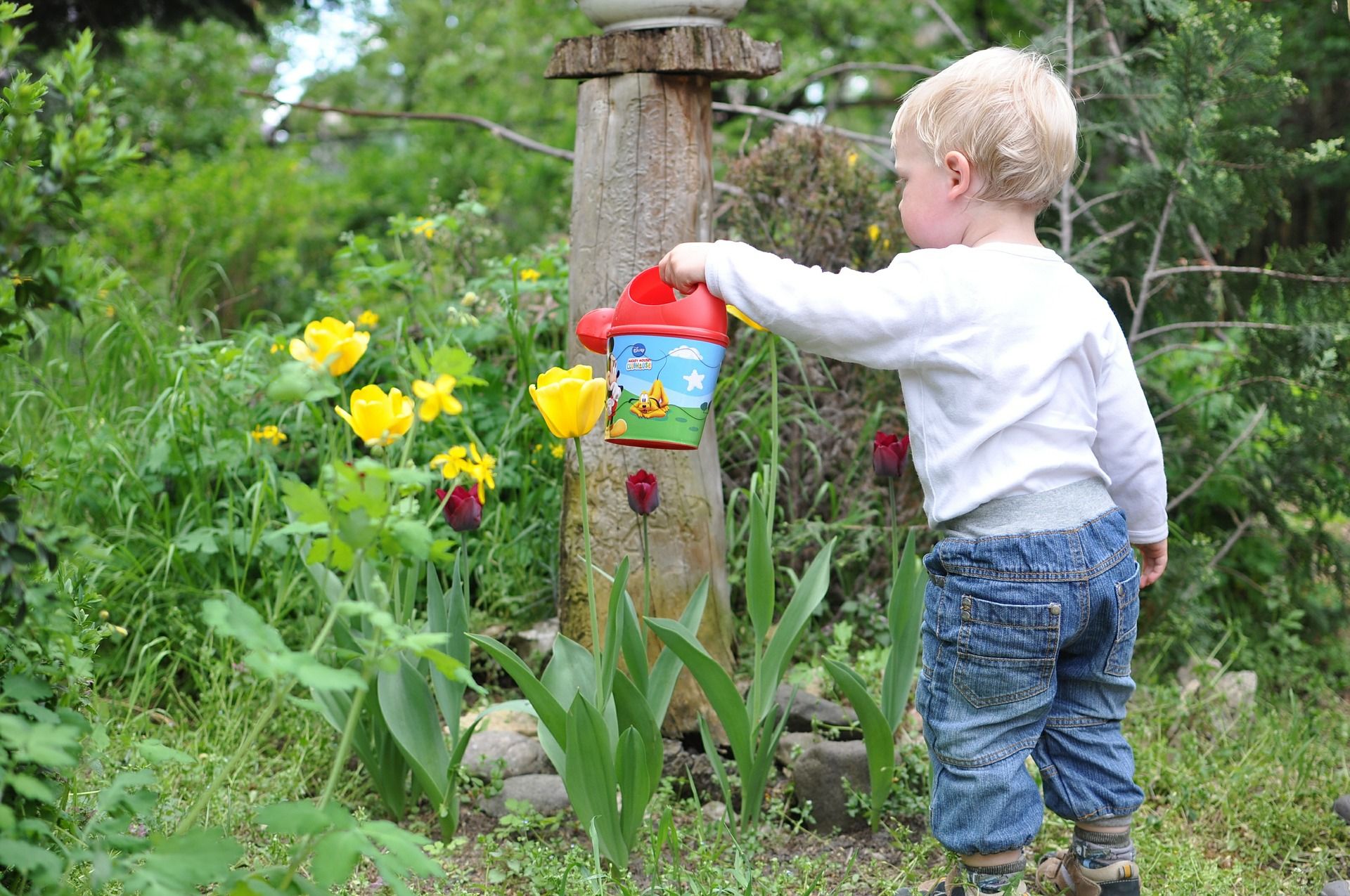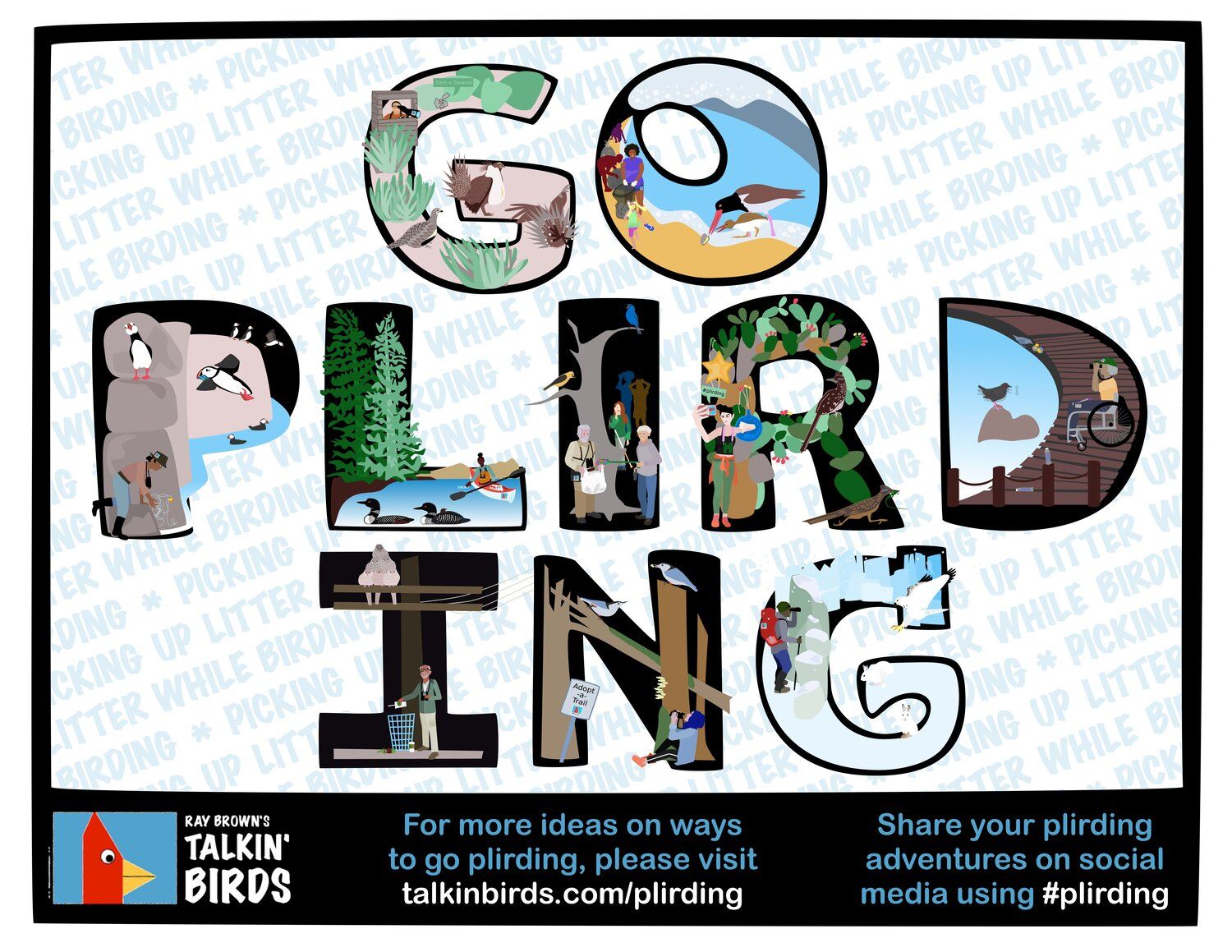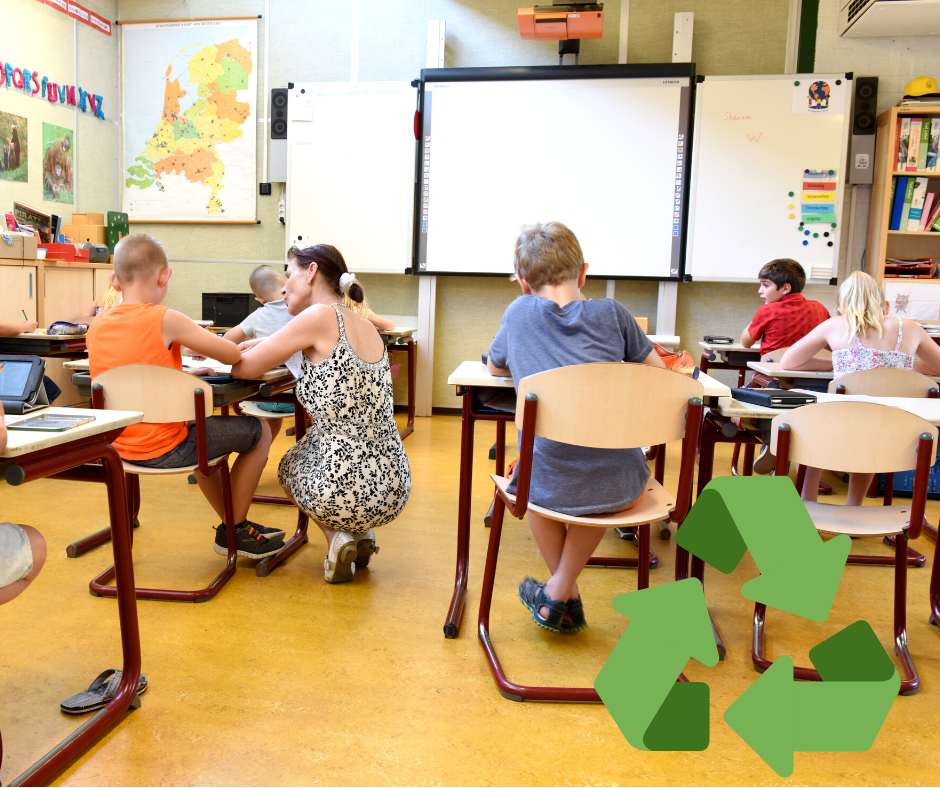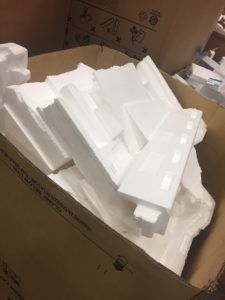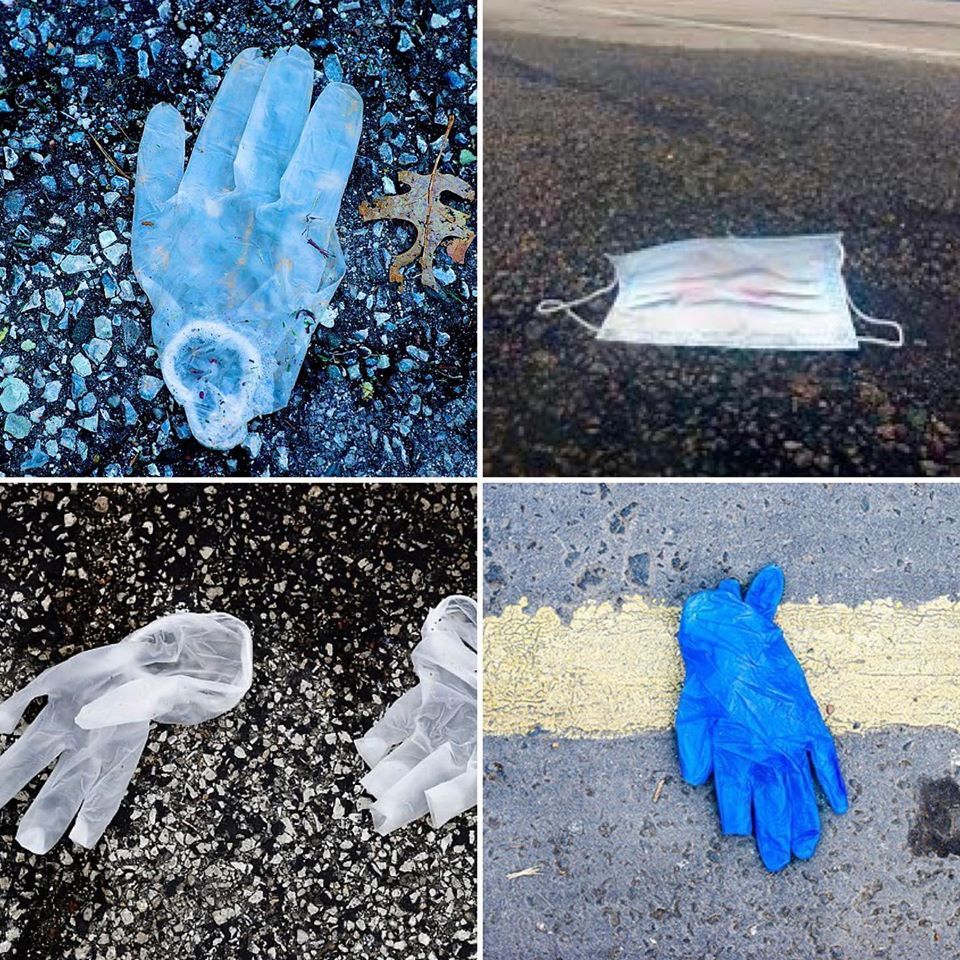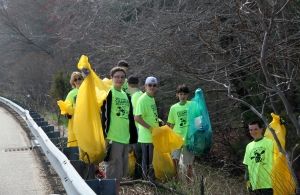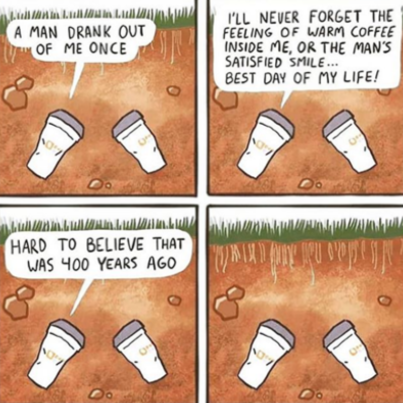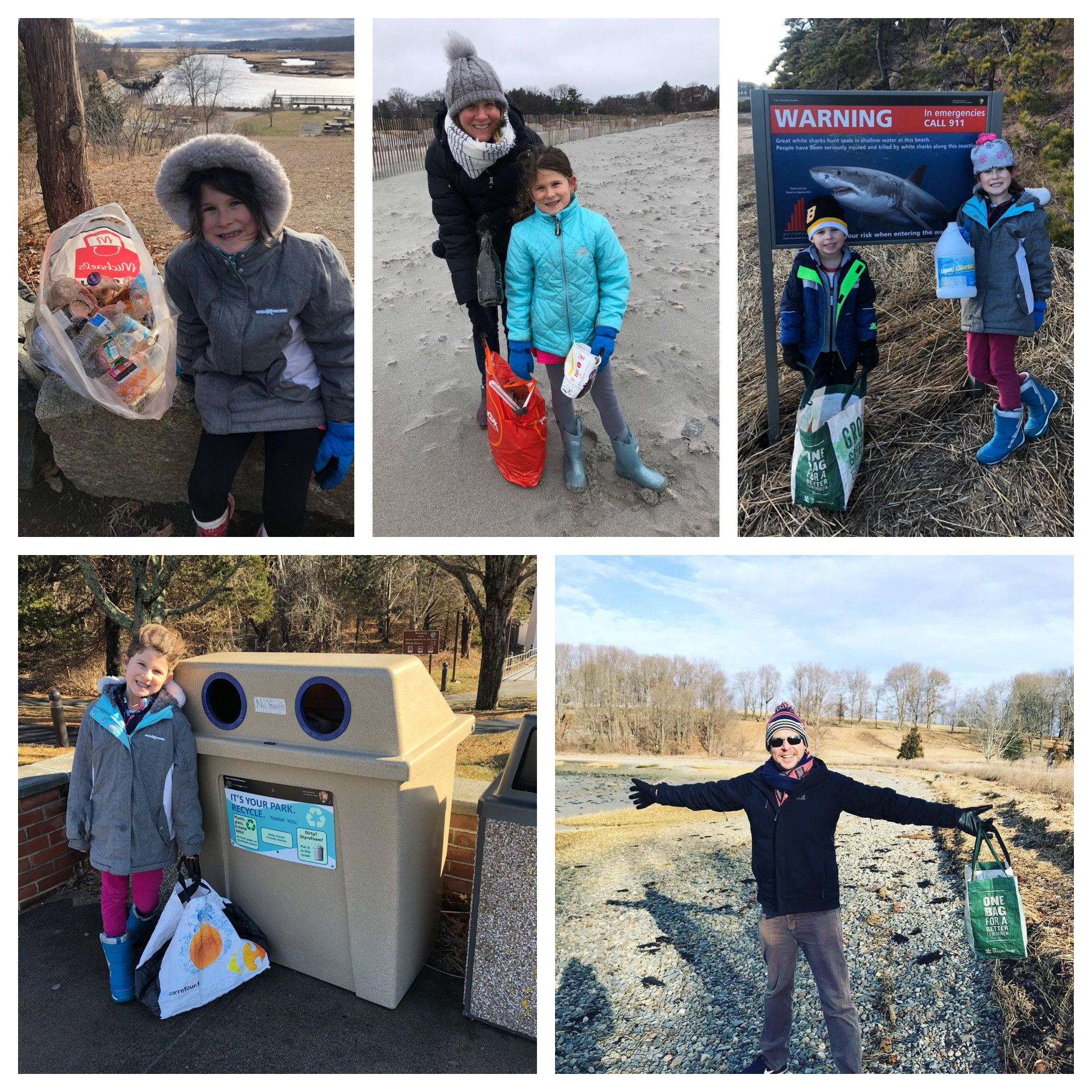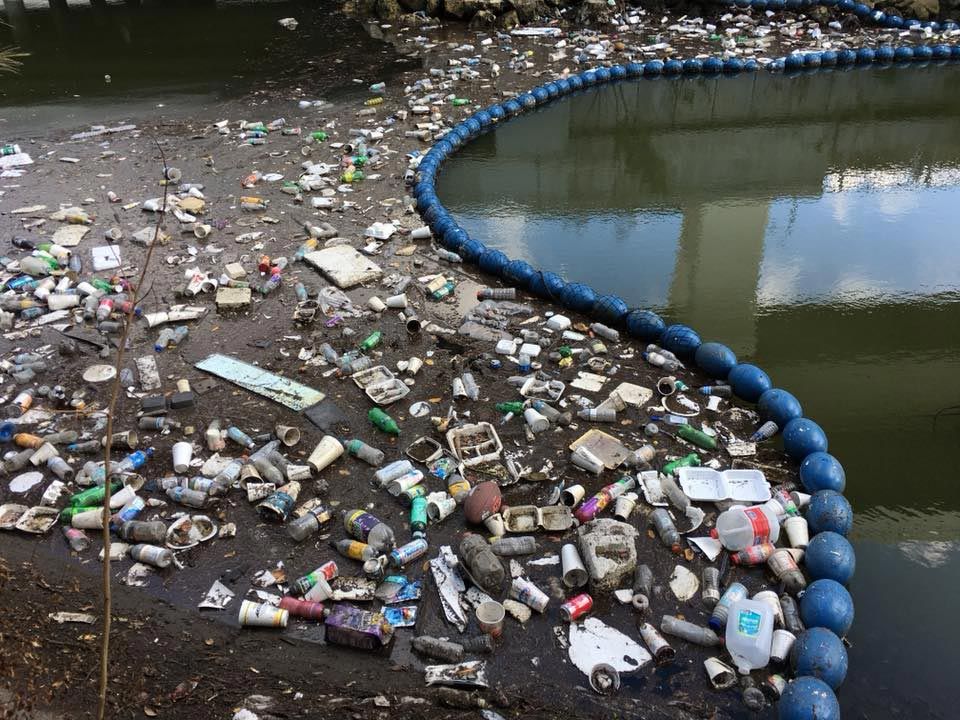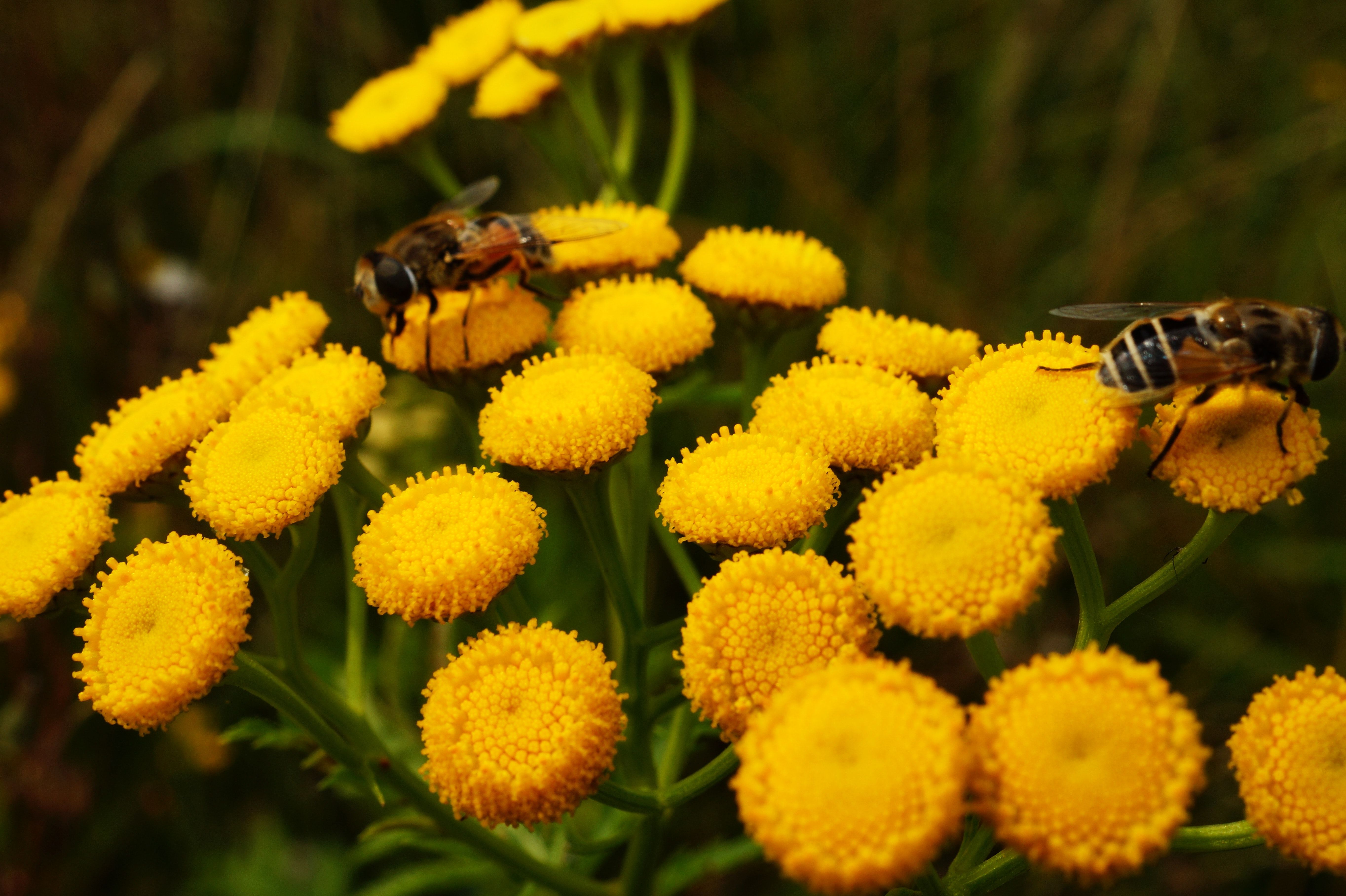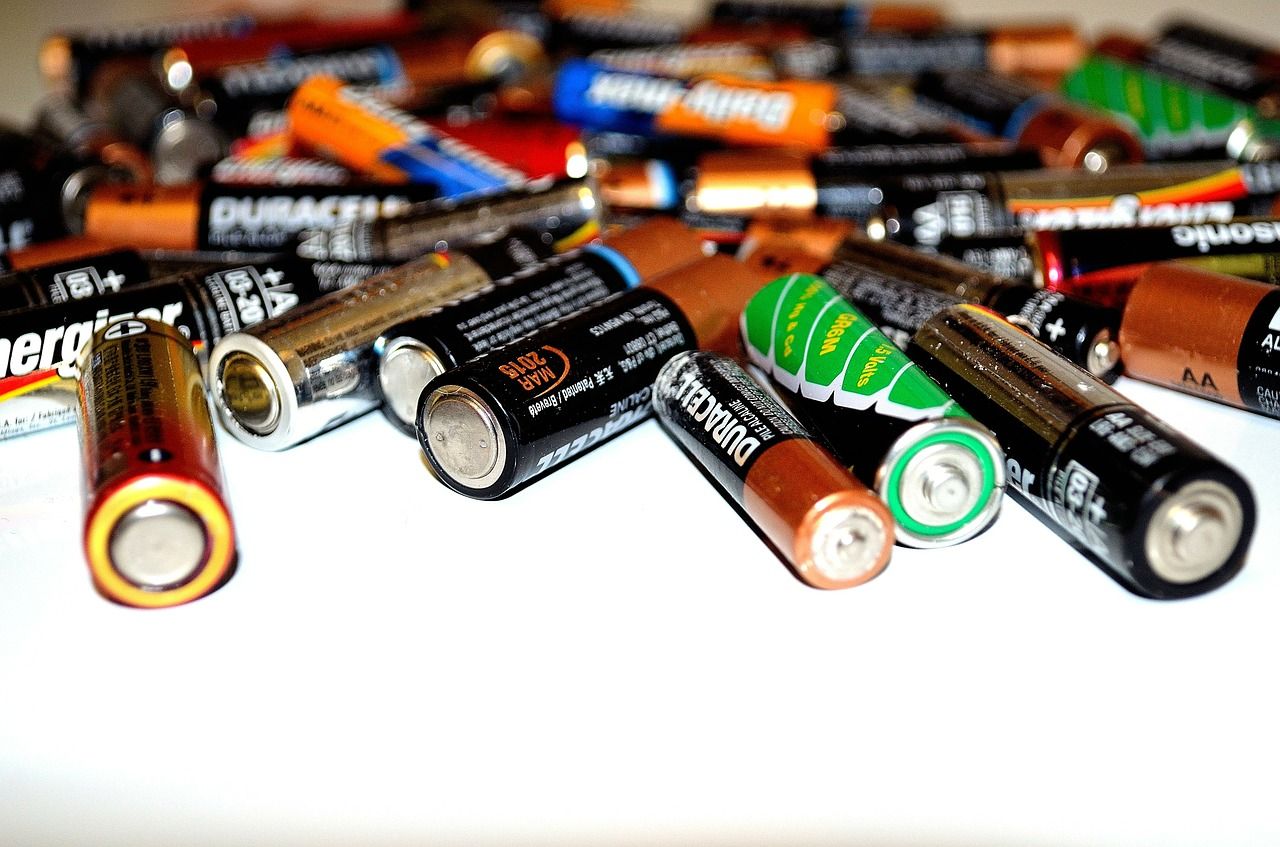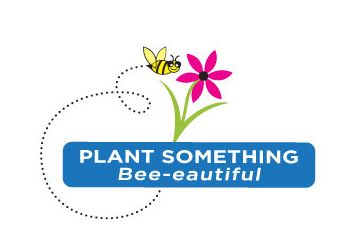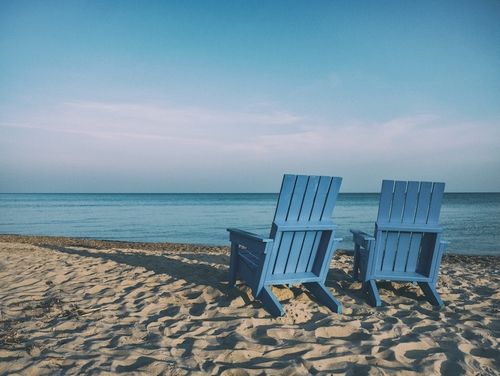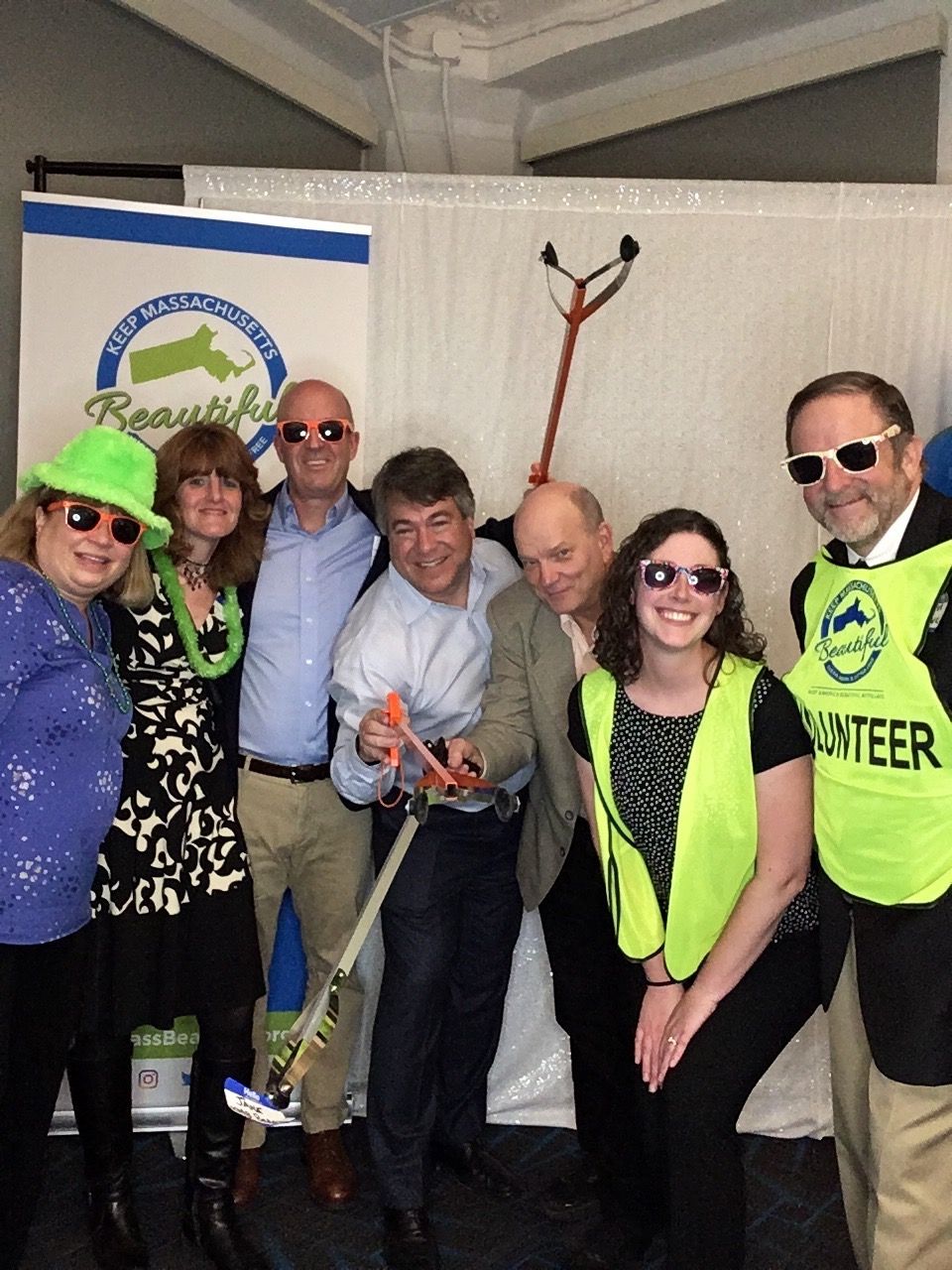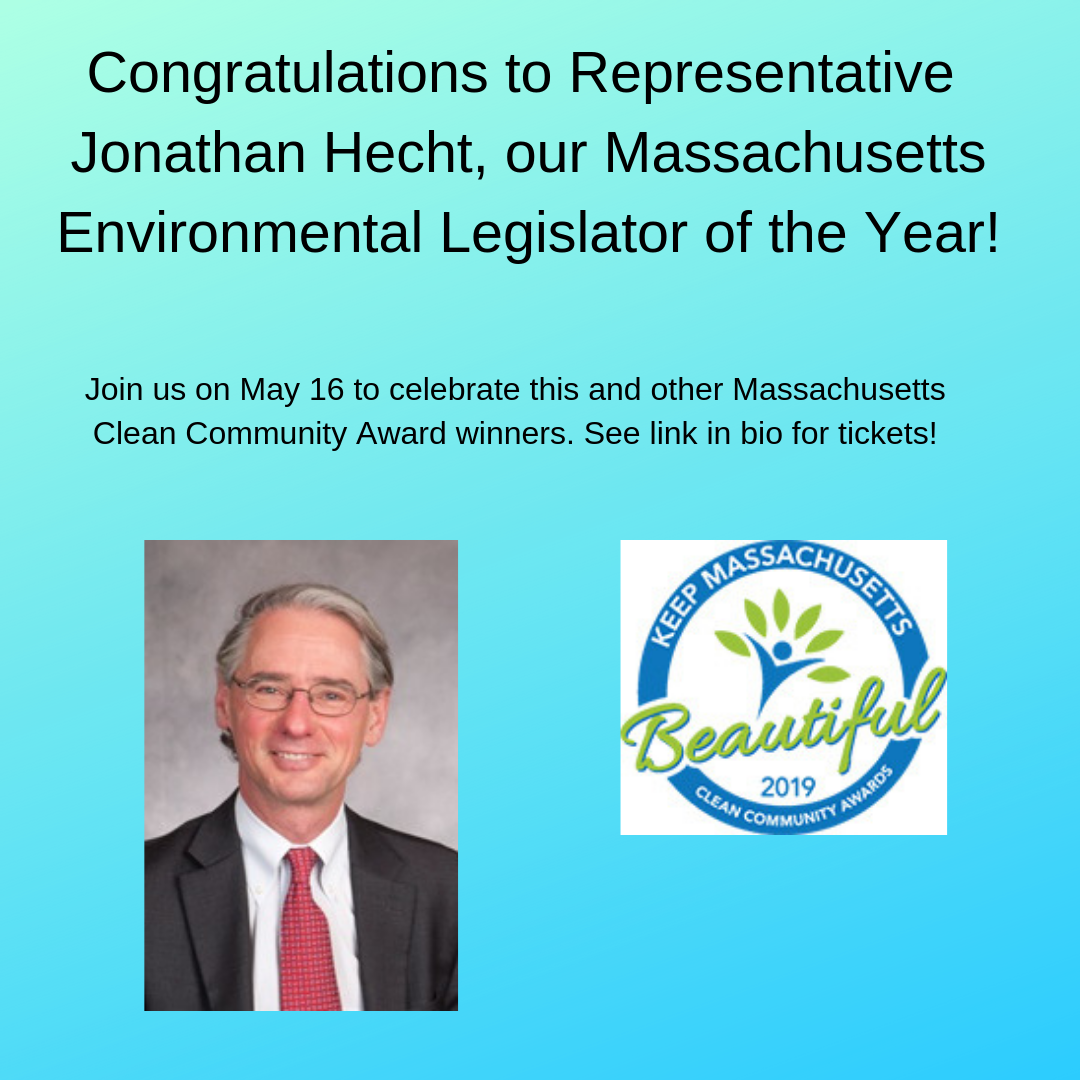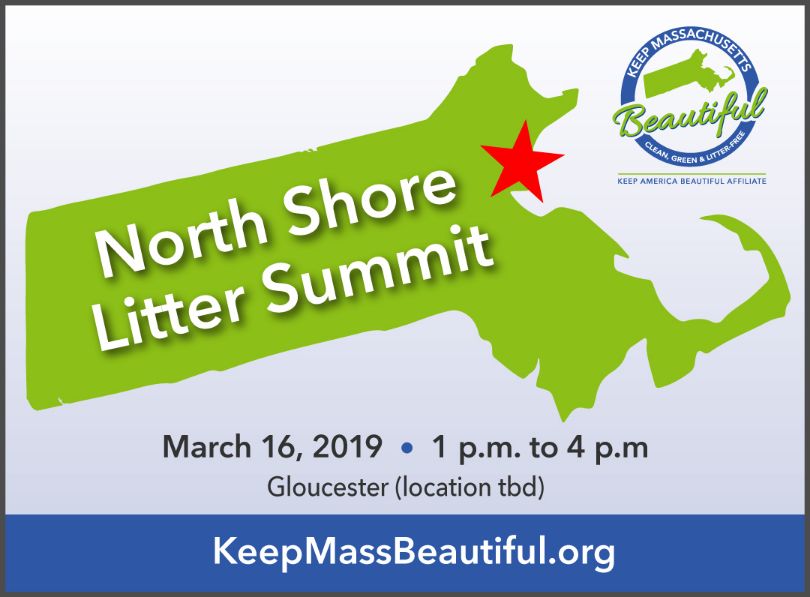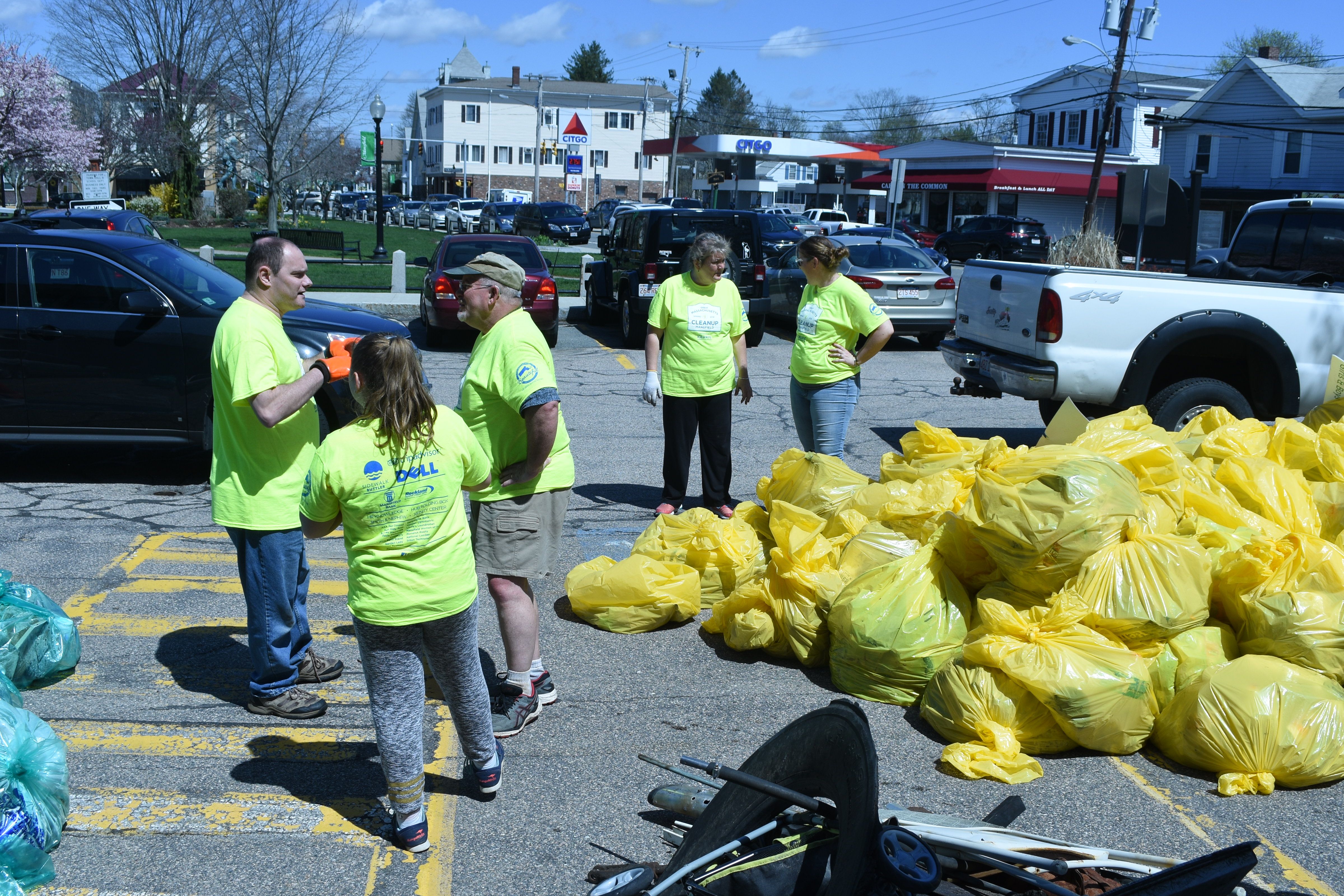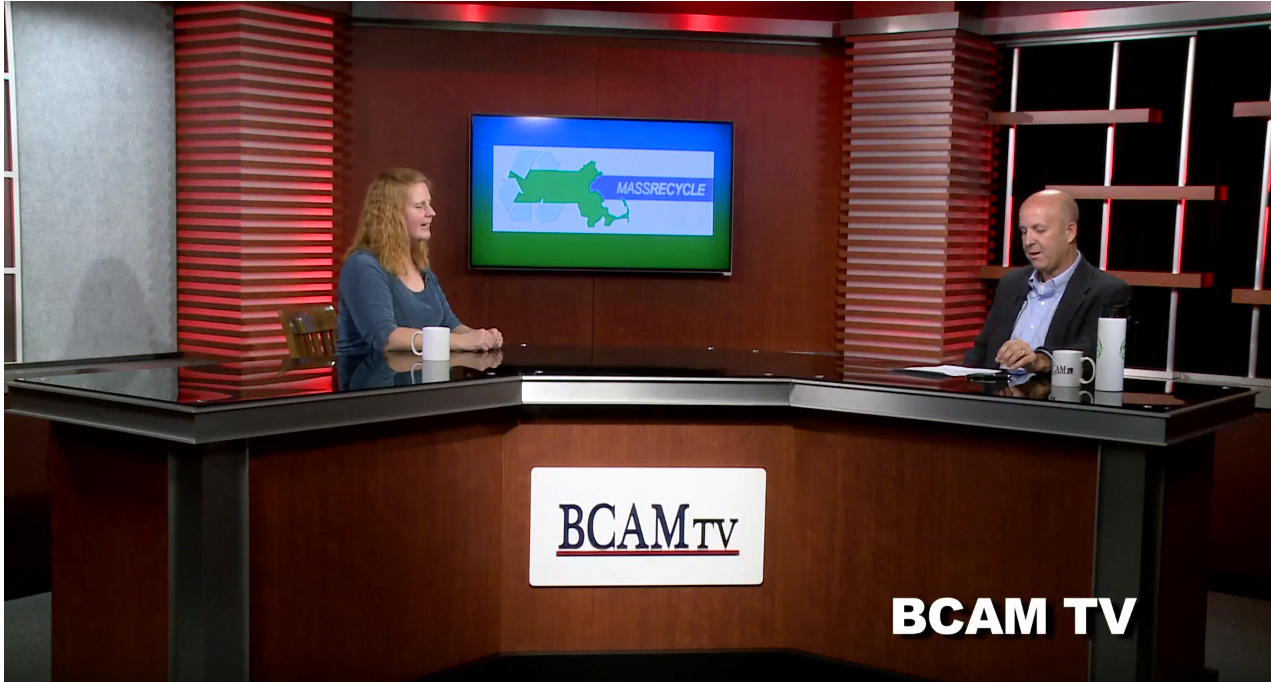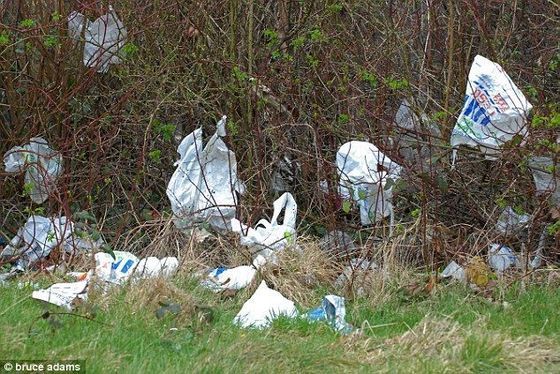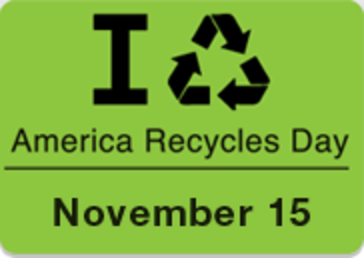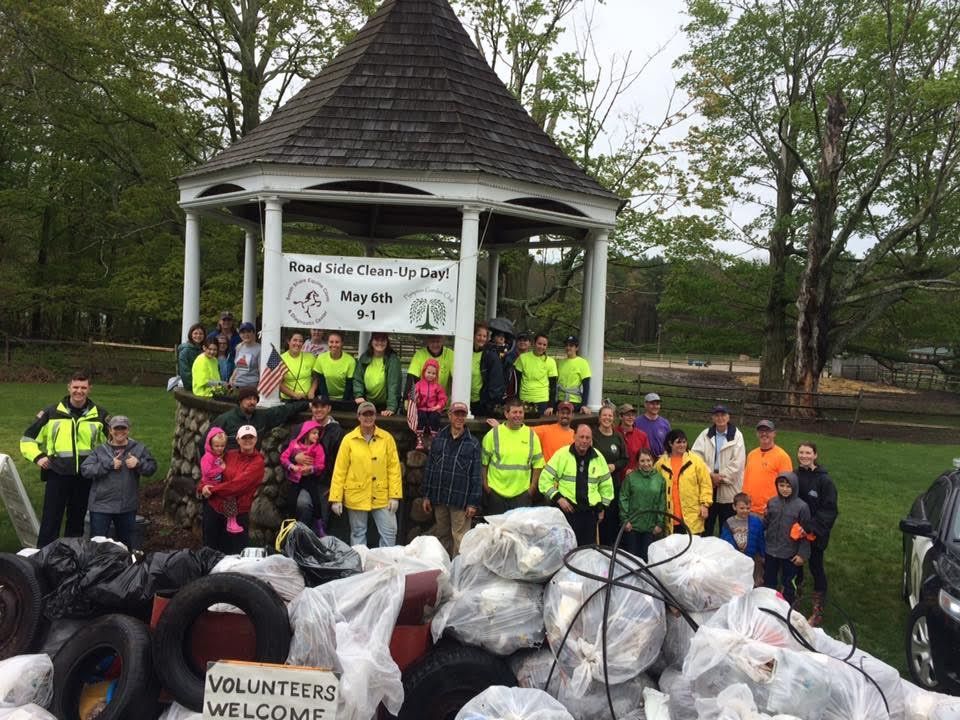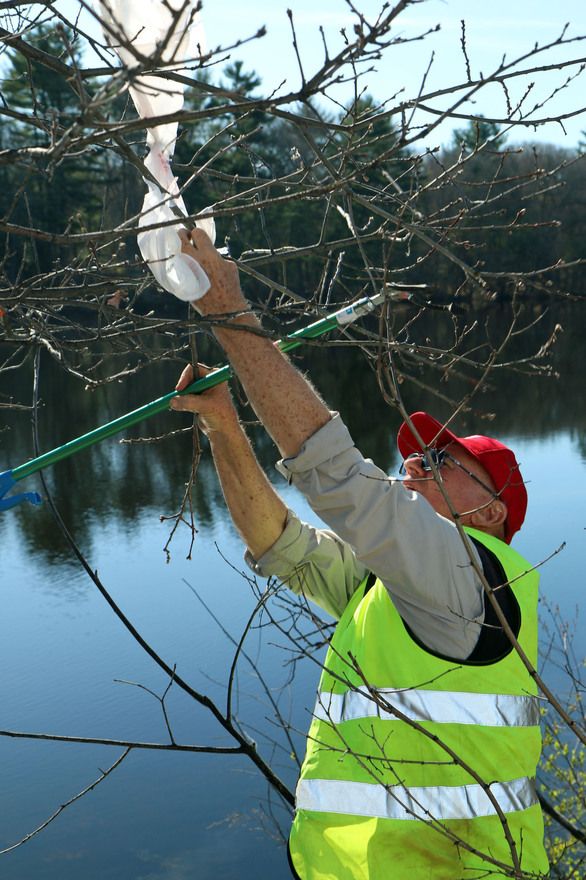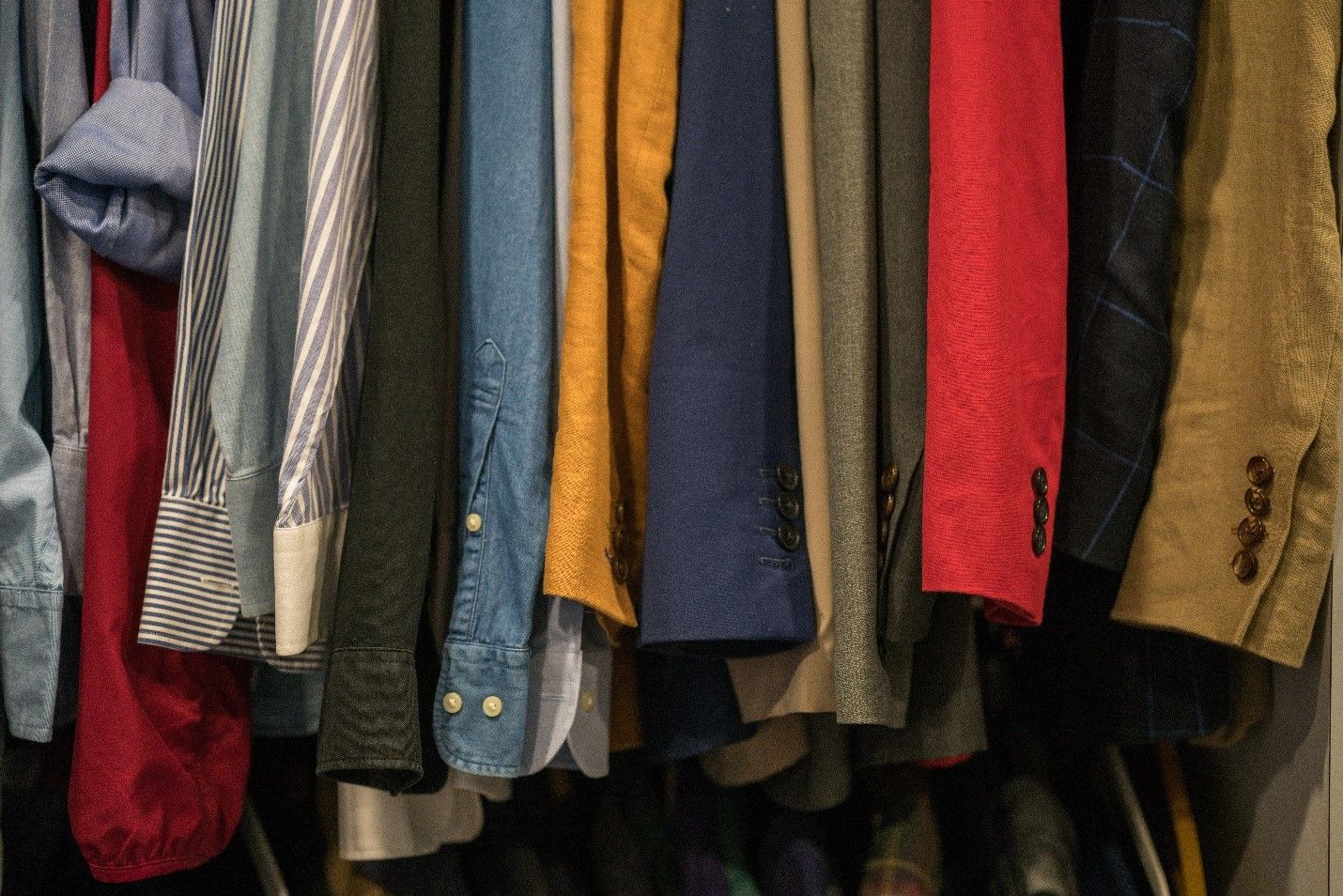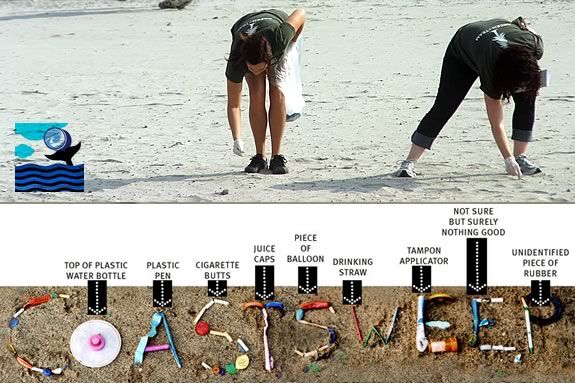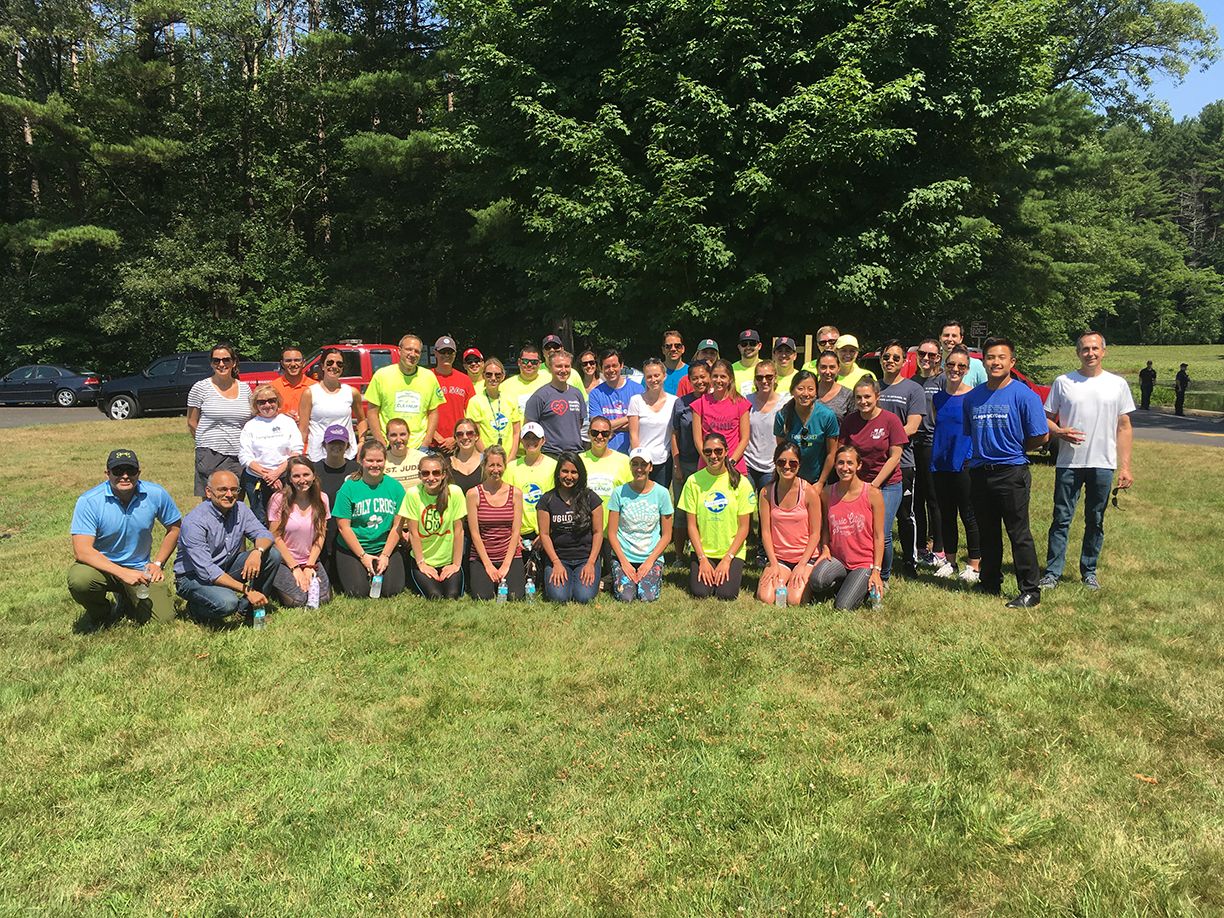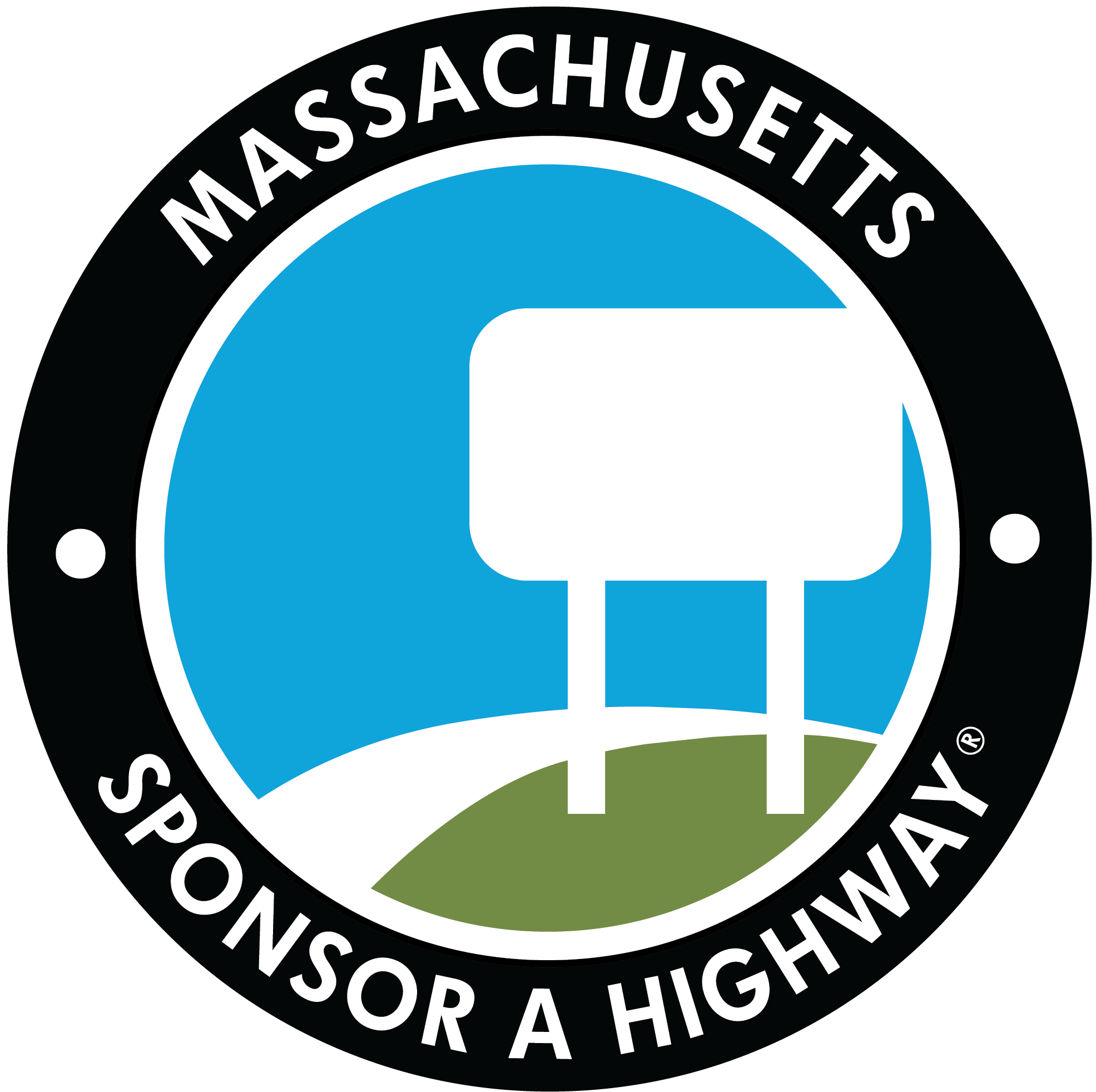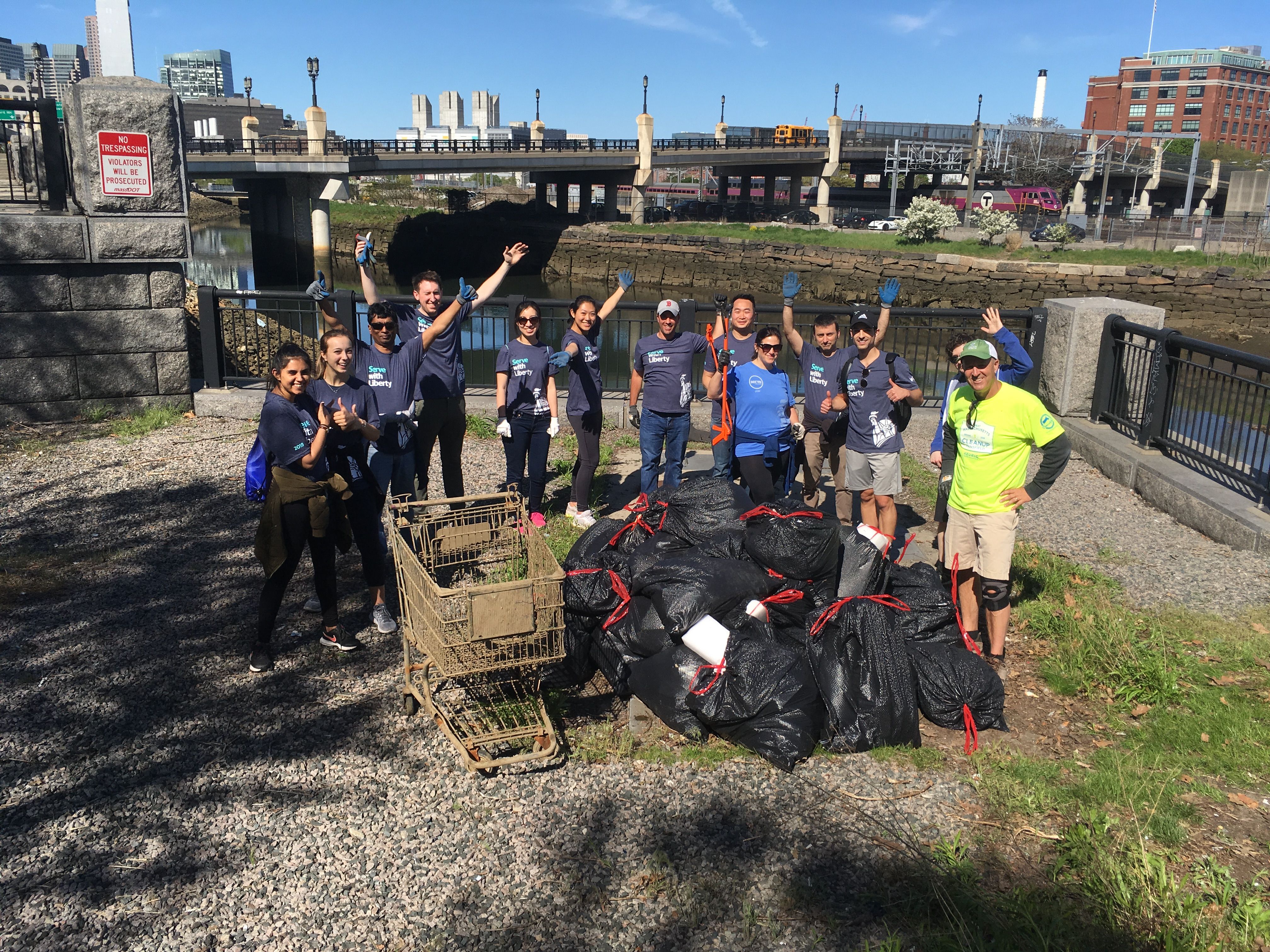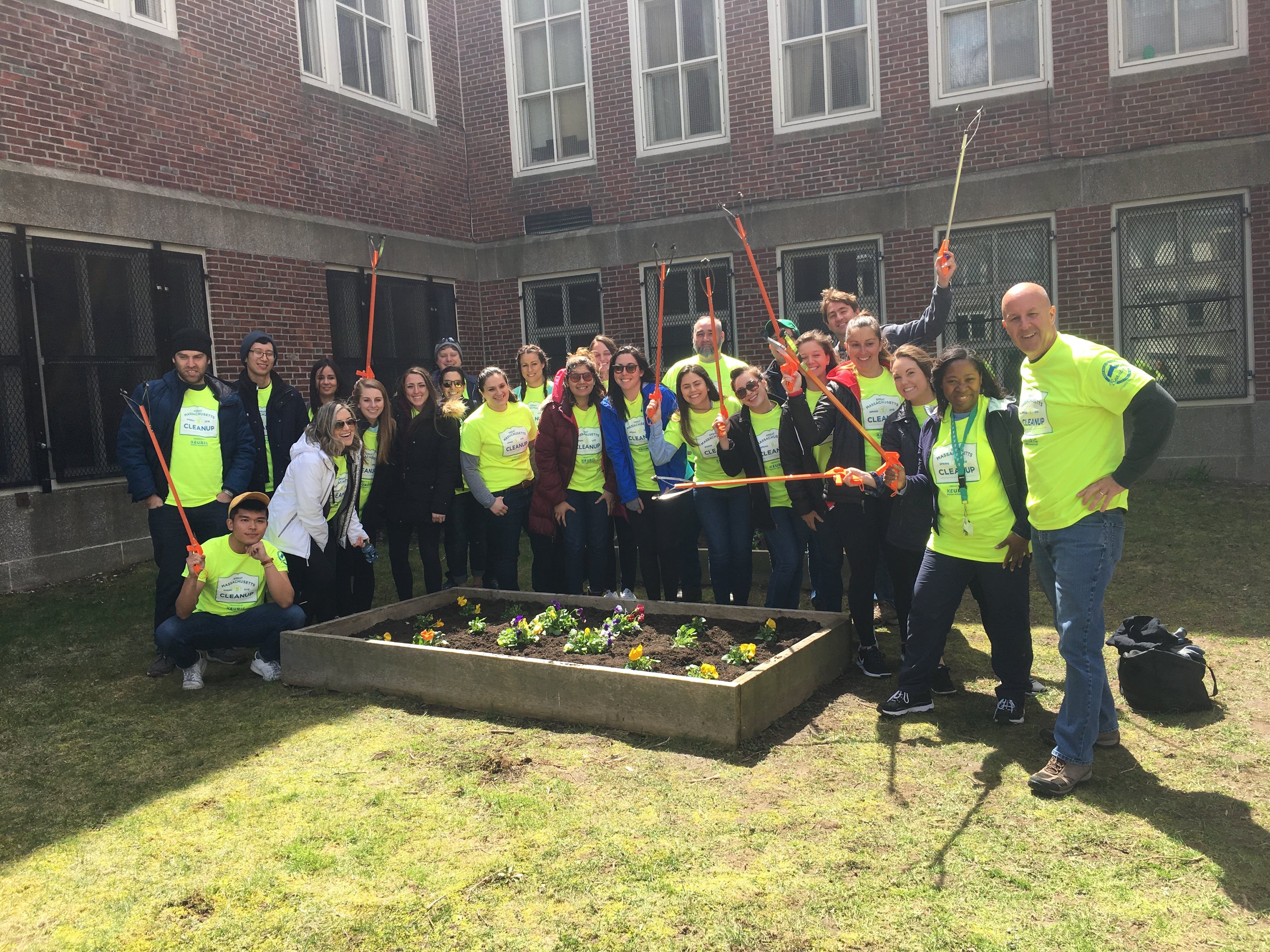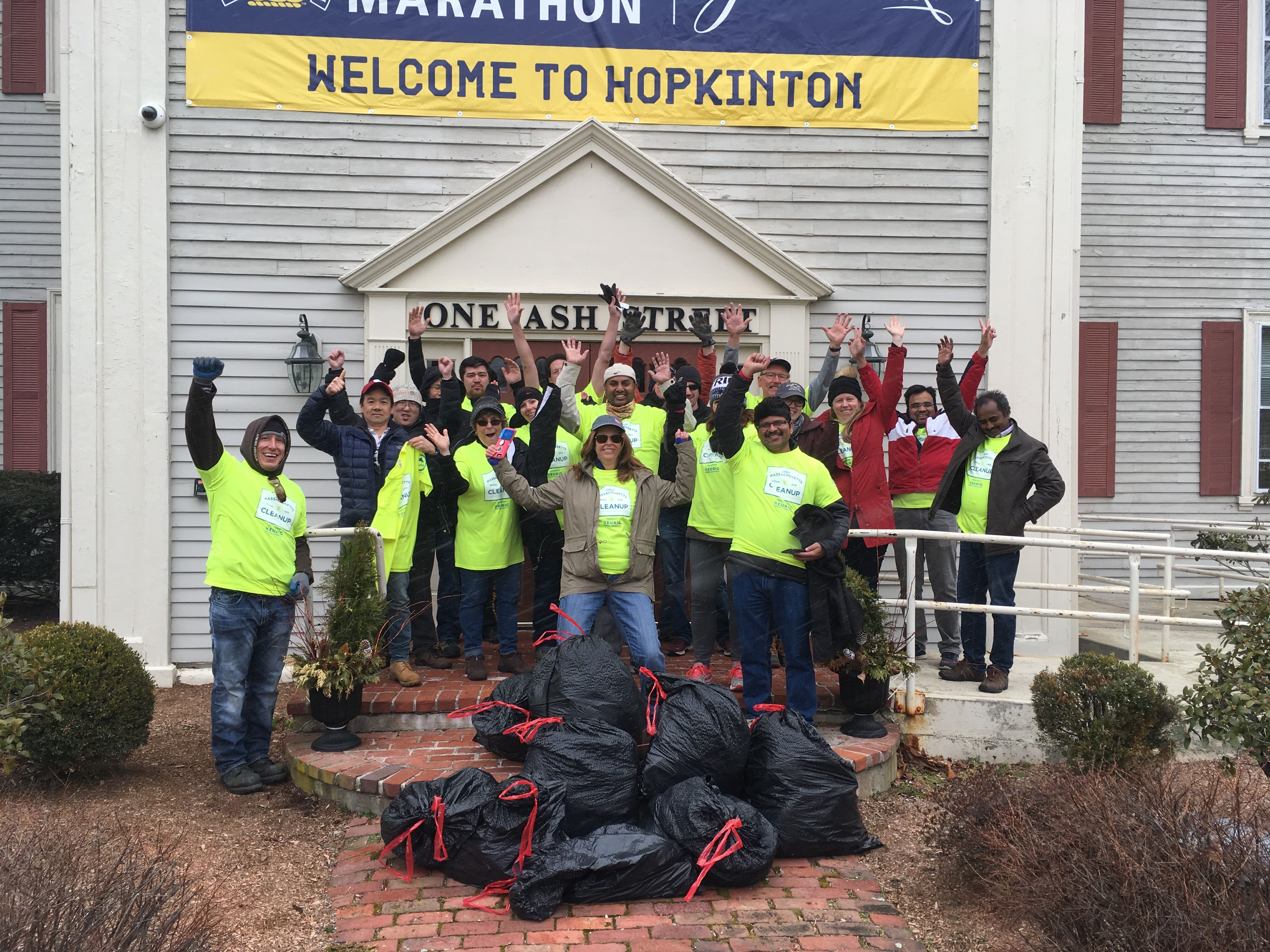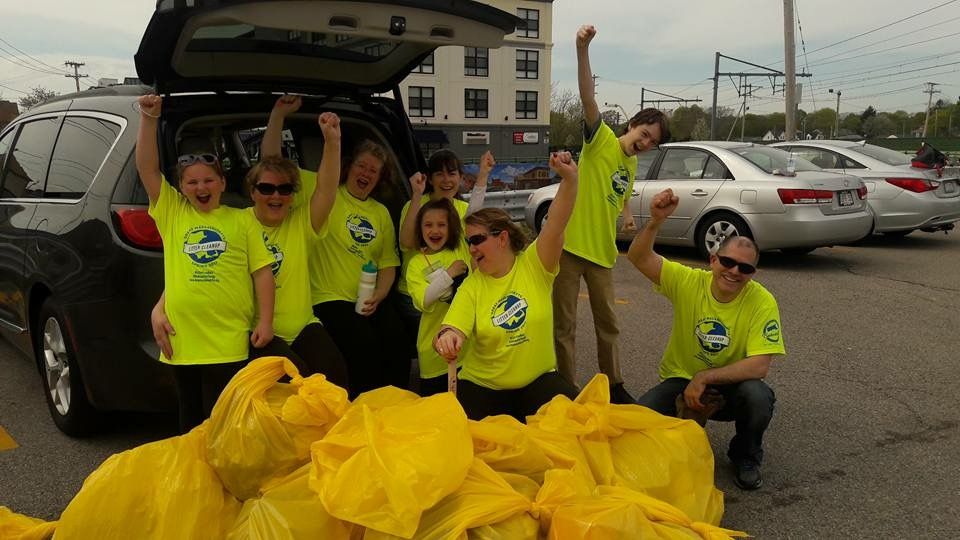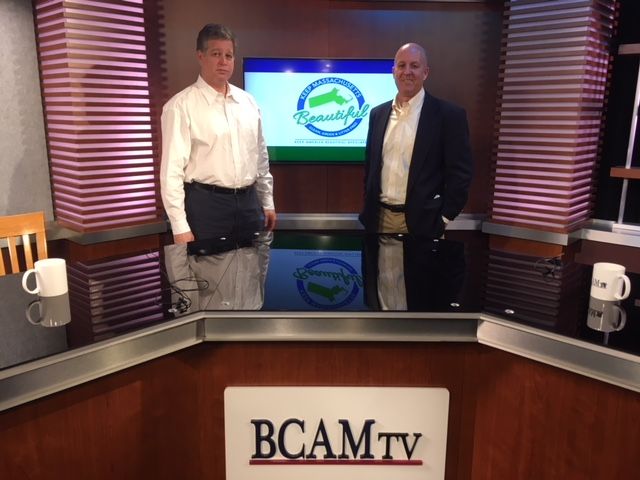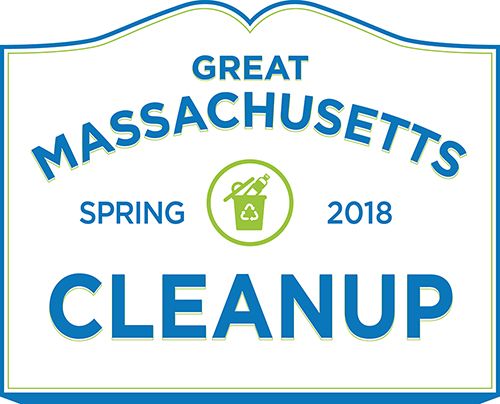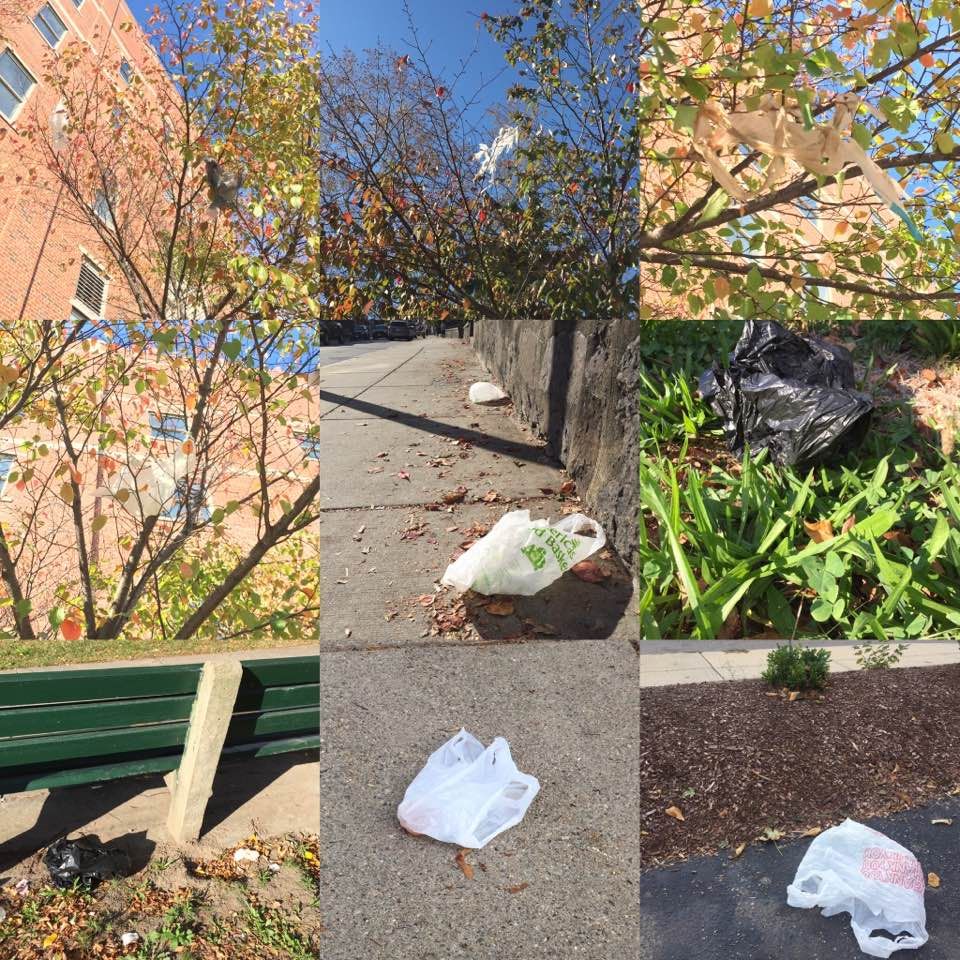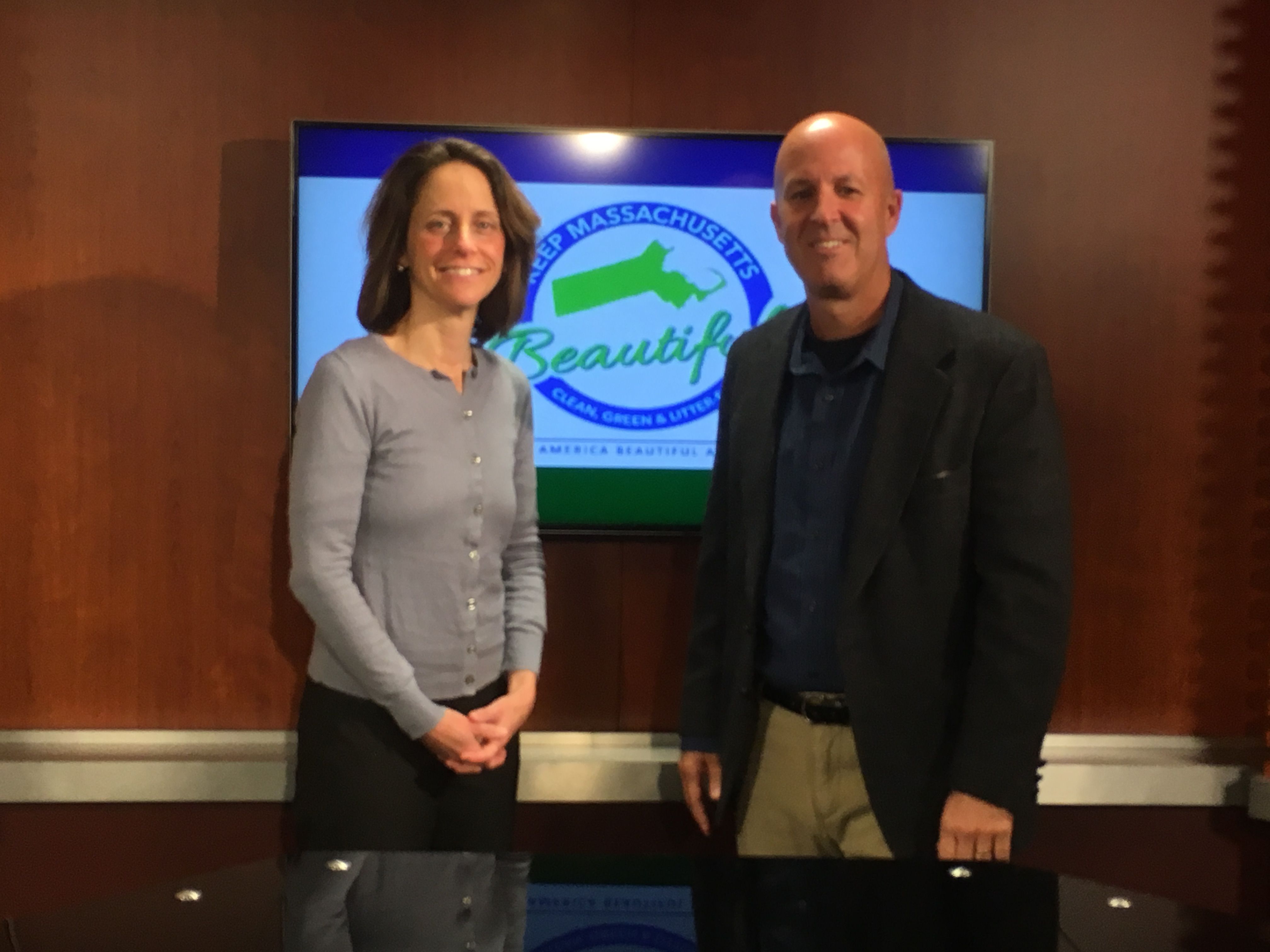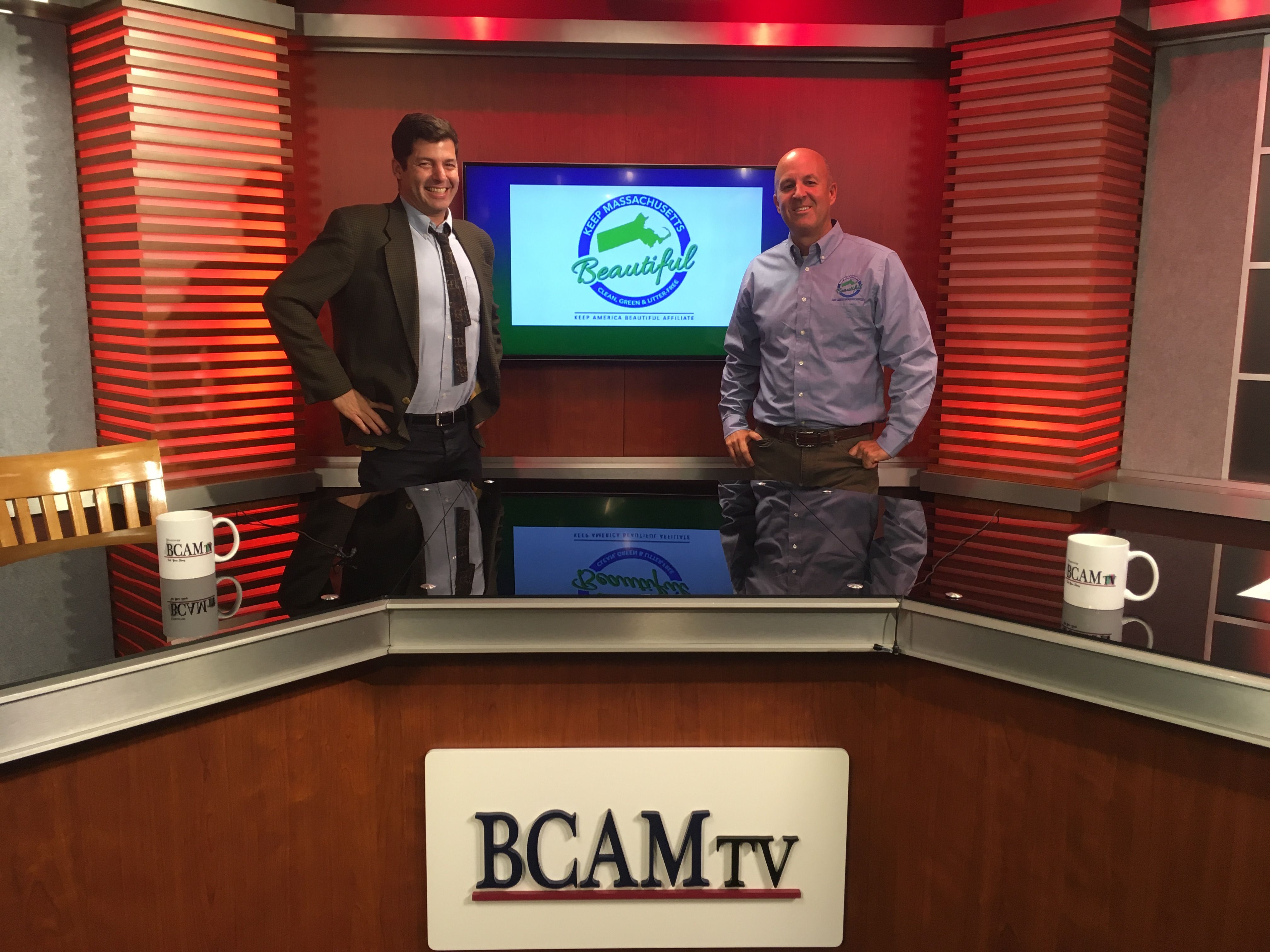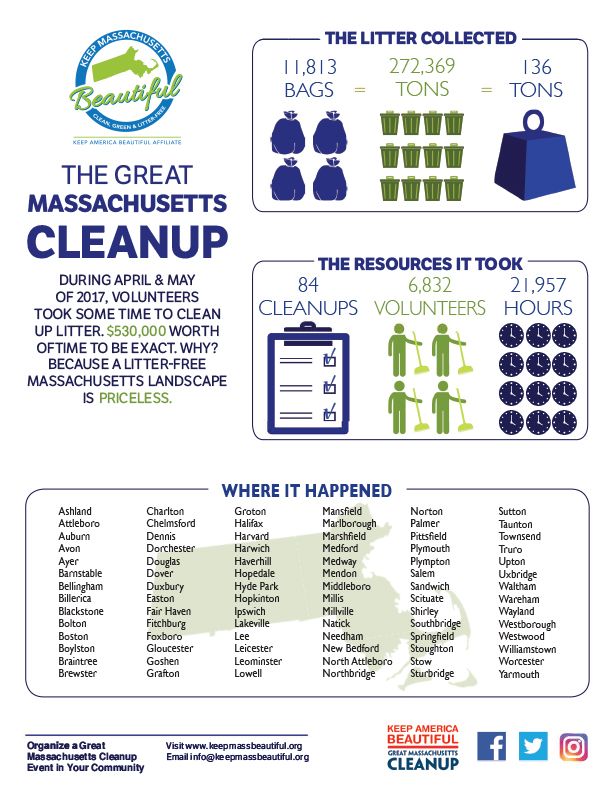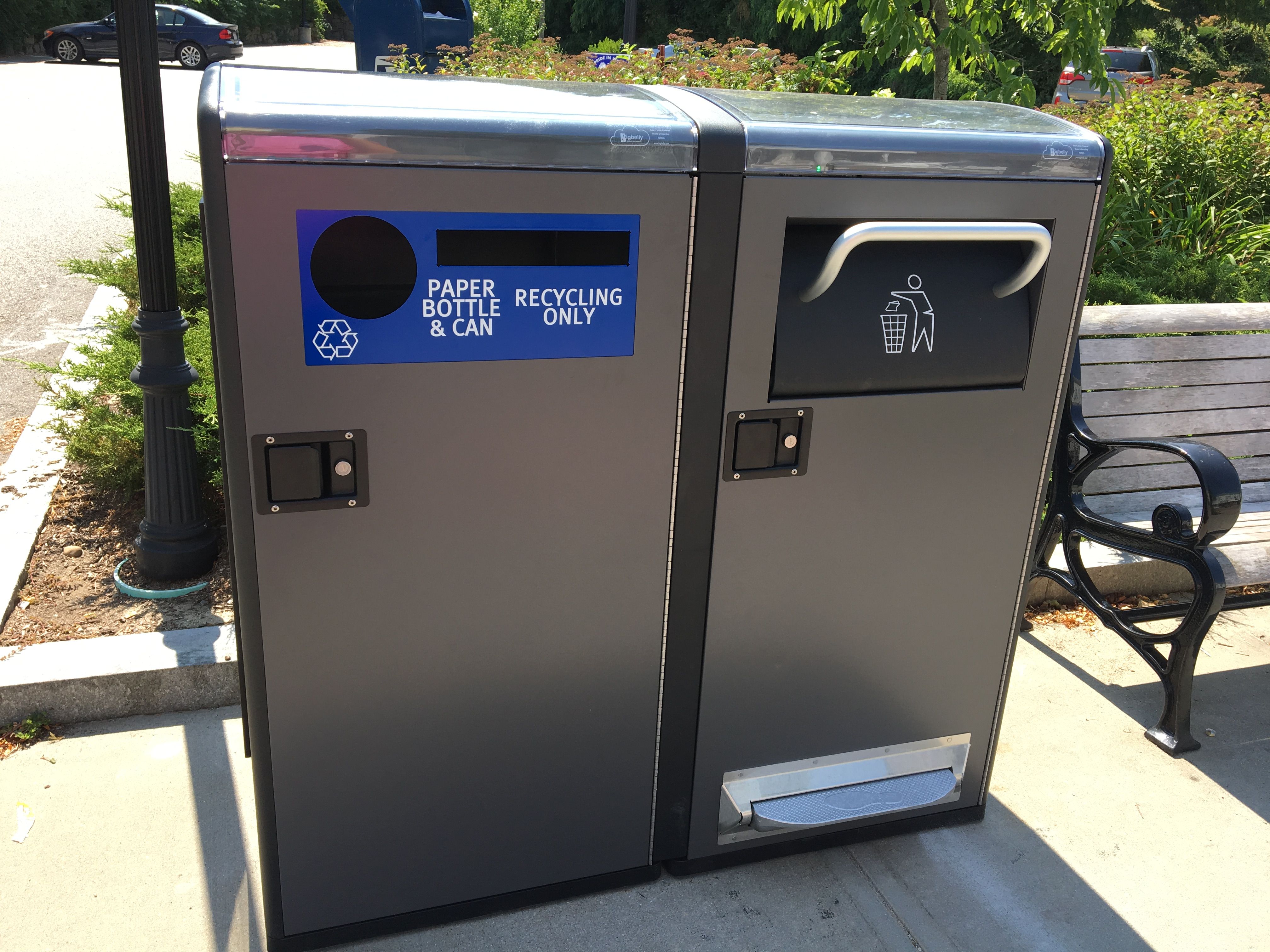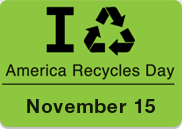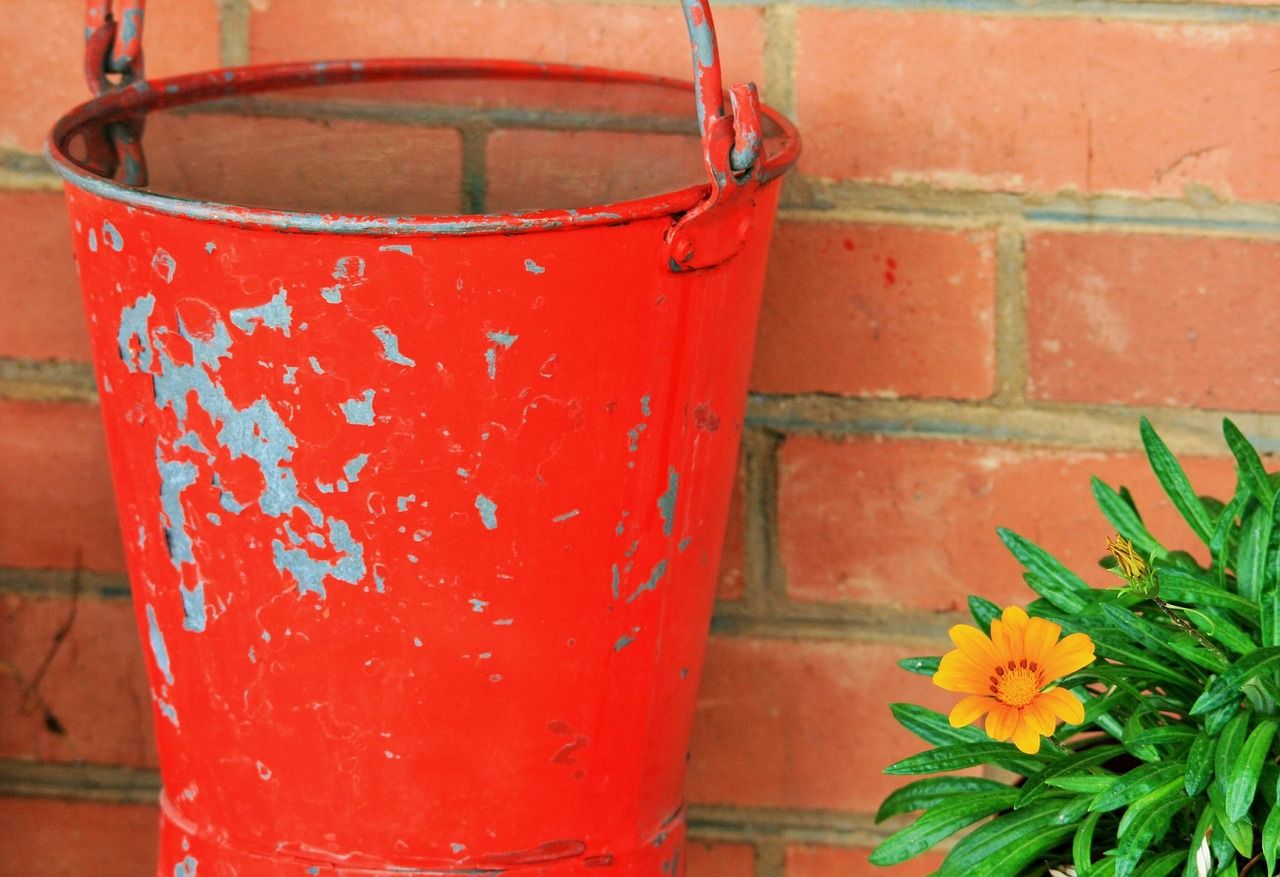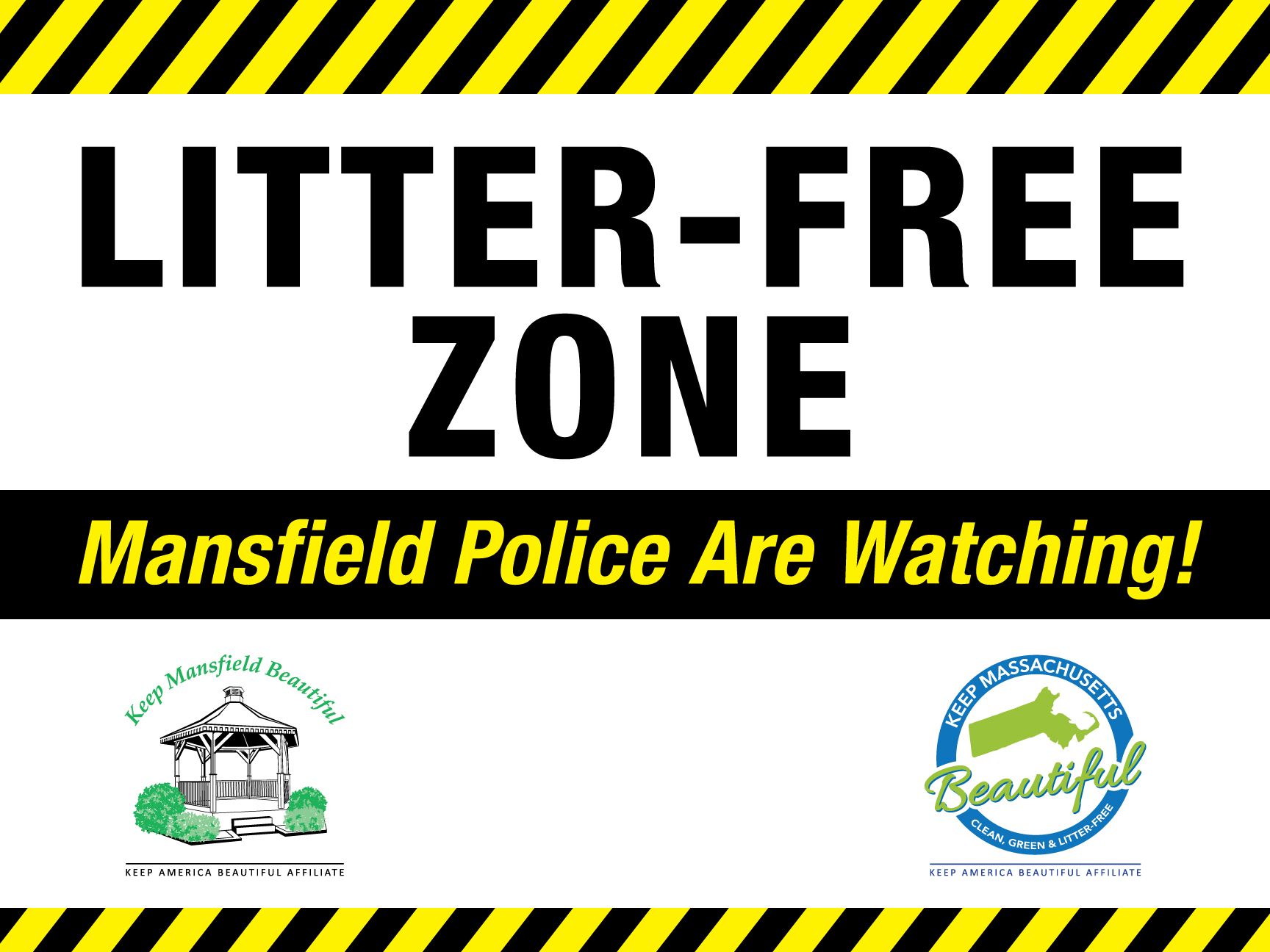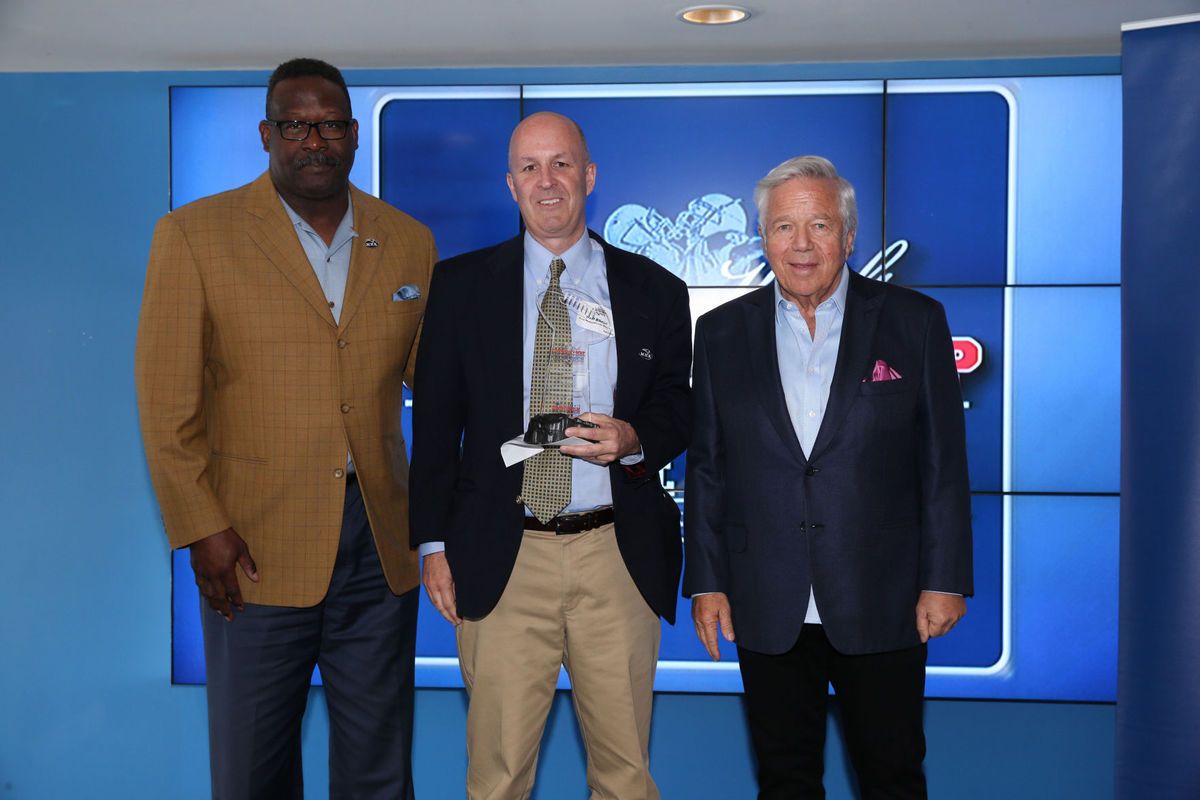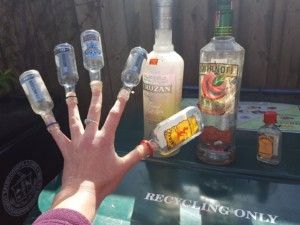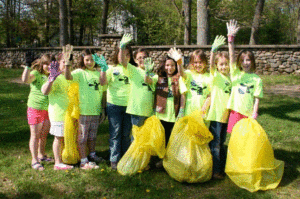Click on article to read full story.
Are heavy snow and frigid temperatures preventing you from pursuing your litter-pickup passion? Here are several suggestions for how you can make the best use of your time while trapped indoors.
KMB volunteers who venture outside on cold winter days deserve a Bay State Medal of Honor, personally bestowed upon them by the Governor in a public ceremony attended by Tom Brady, David Ortiz, and Sir Edmund Hillary.
Most people know that littering is harmful, so why do they still do it? Read on to learn more about the psychology that drives people to litter.
Should KMB volunteers pick up cigarette butts? It’s one of the Great Debates in the litter-gathering community, right up there with, “Should KMB volunteers have arrest powers?”
The Boston Parks and Recreation Department is working on a comprehensive redesign to mitigate flooding, add community gathering areas, and update the recreational facilities at Moakley Park.
There are many challenges in the world of volunteer litter gathering, but few can rival the high-wire uncertainty posed by that single, conspicuous piece of trash lying on the lawn of a private home on your route. Dare you venture onto someone’s private property to pick it up, or do you let it be?
Join Students for Environmental Action in Massachusetts (SEAM) and be part of a growing network of student changemakers “stitching sustainability into every corner of Massachusetts.”
Once you’ve become a serious litter gatherer, it becomes very difficult to simply “take a walk” while keeping your hands in your pockets during the entire journey.
Studies have found that volunteering can positively impact both your body and your mind. Here are a few ways doing good in your community can do some good for yourself!
Our streets and green spaces shouldn’t serve as free billboards for businesses and political candidates. Every sign you see on a roadside, telephone pole, or traffic island is a reminder that we need stronger regulations, better enforcement, and a cultural shift toward cleaner public spaces.
The Greenhouse Gas Reduction Fund (GGRF) is a $27 billion program created under President Biden to cut emissions and boost clean energy, especially in low-income areas. Critics, mostly Republicans, view it as wasteful, vulnerable to fraud, and an example of government overreach. Under President Trump, the EPA halted key parts of the fund, sparking legal battles. The fund’s future remains uncertain amid growing political tension.
Mike Morris humorously examines why some dog owners bag poop but leave it behind. Research rules out stupidity or immorality, suggesting deeper causes like childhood abandonment, physical limitations, odd poop perceptions, or cognitive issues (like poor object permanence). Ultimately, it’s a mix of psychology, sociology, and satire—with a reminder to watch your step.
Urban green spaces play a vital role in fighting climate change and supporting mental health. They cool cities by reducing the urban heat island effect and improve well-being by lowering stress and enhancing mood, especially in children. Green spaces are no longer a luxury—they're essential for healthier, more resilient urban life.
With nearly 60 tons of litter removed, the Nantucket Litter Derby isn’t just cleaning up the Island. It’s changing how people see their role in protecting it.
The waste management industry is evolving to address the risk of fires caused by lithium batteries and PFAS contamination.
For some people, solo litter-collecting is their preferred strategy for navigating a world of discarded nip bottles, plastic dental flossers, and coffee cups. Why? It's not what you think. Keep reading this humorous take from a preferred lone litter-gatherer.
People devoted to picking up litter frequently document their adventures with photos posted on their volunteer organization’s or personal social media channels. If you would like to start building a portfolio that one day could be the subject of a Museum of Fine Arts exhibition, read further to learn the major categories of shutterbug expertise you’ll need to master.
Food is the single greatest item occupying landfill space in the United States, accounting for 22% of municipal solid waste (MSW). By converting food waste into nutrient-rich soil amendments, composting provides a safe, natural way to cut waste and improve soil health.
Fast fashion is poisoning our planet, one cheap garment at a time. Behind the glossy storefronts and online deals lies an industry that is draining our water resources, polluting our rivers, and threatening the health of millions.
During the winter, it can be difficult to connect with nature while it is "sleeping." It is important to learn how you can foster a connection with nature during the winter months. Read on to find simple ways to connect with nature during this winter season!
Let’s explore the idea of a National Litter Hall of Fame located in Massachusetts! It could be funded by grants from The Massachusetts Package Stores Association, Dunkin’, McDonald’s, the Massachusetts State Lottery, and Poland Spring, and pay tribute to the myriad varieties of litter that have been scattered across America’s public spaces throughout our nation’s history. The museum’s opening exhibition could feature an inaugural class of 10 litter inductees into the Hall of Fame, selected by litter experts from around the Commonwealth.
The centuries-long saga of volunteer trash-gathering has many fascinating chapters, but none can equal the episode in which it nearly became an official sport at the 1968 Olympics.
Have you ever wondered what motivates the litterers of the world to behave the way they do? Author Mike Morris takes a satirical deep dive to explore some potential reasons.
Sustainable gardening emphasizes eco-friendly practices that minimize waste, conserve water, and support biodiversity.
Gas-powered lawn mowers and landscape maintenance equipment create noise and air pollution. This blog post provides a roadmap for how to transition a landscaping and lawn care business from gas to electric.
Help promote circularity by buying products made from recycled materials! In doing so, you support strong markets that keep plastics, metals, glass, and more in use.
Keep Massachusetts Beautiful has awarded its 2024 Next-Gen Environmental Leader Scholarship to Maddie Kempton, 18, of Holden.
KMB’s annual Next-Gen Environmental Leader Scholarship supports a Massachusetts high school senior student who plans to pursue a degree or certificate in environmental studies or a related field at an accredited institution of higher learning.
Our trash can be life-threatening to the wildlife that live alongside us. You may not realize it, but our garbage is filled with bits of plastic that can do serious damage to the environment. From plastic straws to your chewing gum, here is how our litter impacts wildlife and a few ways you can help avoid hurting our furry friends.
For every ton of trash we throw away, the processes involved in extracting raw materials, manufacturing products, and getting them to market generates 70 times more waste.
Sign up now for COASTSWEEP 2024, the annual statewide beach cleanup sponsored by the Massachusetts Office of Coastal Zone Management.
Sustainability and a good cookout do not have to be mutually exclusive! These 7 tips will help you reduce waste and save money.
A recent ABC News report revealed that certain major retailers who accept plastic bags for recycling are simply disposing of the bags in landfills or incinerators or shipping them overseas. To ensure your plastic film is actually recycled, look for a retailer that participates in Trex's recycling program.
The five remaining in-state landfills in Massachusetts are nearing capacity and could all close within the next 10 years, depending on how quickly they fill up. The more waste we divert from our landfills, the longer they can remain open.
Despite decades of government policies to reduce waste, Massachusetts throws away about six million tons of solid waste each year, enough trash to fill up about 31 Fenway Parks.
Global food waste is a huge problem that's beyond the ability of any individual consumer to solve. But there are simple changes every household can make to reduce food waste and save money.
Tips For Creating a Cleaner, Greener, Non-Toxic Home Environment! The best way to have a cleaner and greener home is to create homemade cleaning solutions and use glass bottles, washable cleaning clothes, and bamboo brushes.
Eating plastic is easier than you think, and that’s because we’re already doing it. Microplastics are pieces of plastic smaller than five millimeters in length. Because of this, they are at significant risk of being ingested by fish and other ocean creatures. Not much is known about the possible effects of consuming microplastics, but several studies have been conducted that find that the consequences could be severe. As a result, several pieces of United States legislation have been enacted and attempted to reduce the problem and prevent it from growing.
There is a profound impact of picking up litter in our communities. It's a humble act—often overlooked—yet it holds the power to transform our communities and reinvigorate our connection to nature and history. This blog explores seven compelling reasons why picking up litter in our communities is a small but mighty endeavor.
Learn more about eco-friendly ways to design outdoor living spaces. This guide can help with several simple swaps and strategies you can use to be more eco-friendly outdoors.
Reducing plastic waste in your home can seem like a daunting and overwhelming task. If you start small, eco-friendly lifestyle changes become more doable. Start with your bathroom(s)! Your bathroom may have a small footprint in your overall home, but it is chock full of wasteful products that you can swap out for better alternatives.
Balloon releases are commonly used for commemorative celebrations and in memoriam events. While balloon releases can offer beautiful symbolism in “letting go” and “reaching the heavens,” from a logistical and environmental perspective, all they do is create harmful waste because they all eventually return to the Earth as litter. There are eco-friendly alternatives to balloon releases.
To prevent uninvited guests from ruining your backyard experience, you might be tempted to hire one of the many commercial mosquito spraying services. While the desire to eradicate mosquitoes is understandable, spraying your yard with these products messes with the natural food chain and has a much larger impact than you may realize.
Did you know that Massachusetts is home to 1,500 miles of coastline? To ensure we can continue to enjoy this part of our state for generations to come, we must be vigilant in decreasing and removing marine debris whenever possible.
Prevent the needless disposal of useful school supplies by giving them a second life.
The Great Pacific Garbage Patch is a massive accumulation of plastics and microplastics in the Pacific Ocean that continues to grow and threaten marine wildlife. It contains at least 87,000 tons of plastic and continues to grow as more plastic is produced and circulated.
When striving to combat the augmenting climate issues our planet is facing, it is imperative we take an introspective look at not only the natural environment but also the populations most impacted. There is a vital intersection between the health of the planet and the health of the people, and, unfortunately, there are often populations that are disproportionately subject to the risks of environmental degradation and global climate change.
The Massachusetts Bottle Bill has been a success, but with some common sense updates, it could do so much more to further reduce litter and increase recycling.
Explore ways to recycle your used mattress as cost-effectively as possible.
Behind every life saved in the medical industry, there’s the possibility that the earth becomes just a little bit more polluted. Health care facilities regularly generate medical waste—materials that could be contaminated by blood, other bodily fluids, or overall infectious substances. Of the medical waste generated, 85% of it is general, but the remaining 15% is hazardous, toxic or radioactive. Unfortunately, even with some initiatives for greener healthcare facilities, and even with regulatory industries monitoring medical waste, the production of pollutants within the medical realm is a monumentally pressing issue. We should continue to advocate for awareness in the medical industry, continue to push for green initiatives, and proactively educate healthcare providers on necessary disposal practices.
According to an analysis conducted by Plastic-Free Parks TrashBlitz, 81 percent of the waste collected in the national parks and on public land is made of plastic. Last year on June 8th, the Secretary of the Interior Deb Haaland released Secretary’s Order 3407. This order aims to completely phase out the sale of single-use plastic products on public lands including national parks by 2032. Single-use products refers to plastic items that are used, and discarded immediately.
Have you ever wondered about the effects of the food you eat, specifically seafood? Well even though it appears to be a simple question, the answer may be more developed than you might think. Firstly, we must look at the effects the seafood industry has on the globe before we can analyze the sustainable seafood we eat.
Lithium batteries—also known as lithium-ion or Li-Ion batteries—are rechargeable batteries that are commonly found in a variety of our day-to-day electronic products. Lithium batteries pose a great danger to recycling facilities, as they are inherently flammable. They have a tendency to overheat and can be damaged at high voltages. If a battery overheats and is damaged, it can burst into flames and cause widespread damage. The number one rule is to not add your lithium batteries to your trash or recycling collection. Instead, return these batteries to home improvement stores.
Within the past four years, many cities and states have mandated that food sellers limit their foodware to compostable and biodegradable materials. Compostable foodware can be simplified down to anything certified biodegradable by the Biodegradable Products Institute (BPI).
Why is food waste one of the largest and most abhorrent problems for the society? The statistics are staggering: nearly half of food produced is wasted, and ends up in landfills. Moreover, our food system accounts for 19-29% of greenhouse gas (GHG) emissions and it is estimated that 50 million people in 2022 will suffer food insecurities due to the employment drop and financial fallout from the pandemic.
Everything You Need to Know About the New Bans on Mattress and Textile Disposal in Massachusetts! New regulations went into effect on November 1 that aim to promote recycling and reduce trash disposal across Massachusetts. Notably, mattresses and textiles have now been banned from disposal.
Environmentalist Jay Wasterveld coined the term “greenwashing” in 1986 to describe the phenomenon in which corporations deceptively market their products and services as more sustainable than they really are. This enhances their public image without requiring any meaningful change to existing harmful business practices.
The fashion industry has been recognized as the second largest cause of pollution worldwide. Brands are now producing almost twice the number of clothing collections in comparison with pre-2000 as a result of apparel’s life cycle diminishing and the demand for new collections increasing. Fortunately, some designer brands have effectively addressed this consumption crisis by utilizing circular business models to reduce production pollution and post-use waste.
The Great Pacific Garbage Patch: Think Trash Soup, Not Trash Island! While some areas of the patch are made of large visible trash accumulation, a significant amount of the patch is made up of these microplastics, which are tiny pieces of plastic smaller than 5 millimeters that occur as a result of larger pieces of plastic slowly breaking down.
As summer begins to wind down and you prepare for a busy fall, be sure to snag your ticket for one of the best events of the season—the Massachusetts Clean Community Awards!
New scholarship supports a Massachusetts high school senior student who will be pursuing a degree or certificate in environmental studies or a related field.
While plastic overall is considered the most abundant form of marine debris found in our oceans, small plastic debris that are less than five millimeters in length are called microplastics. Due to the critical negative impact that microplastics have on the environment, many companies are looking to remove microbeads from their products, and look towards alternatives.
If every registered Massachusetts boat owner used shrink wrap annually, over 2 million pounds of the harmful polyethylene material would be used and most likely thrown in a landfill. But, the good news is shrink wrap waste can easily be curbed in a myriad of ways.
Plastic pollution is a problem here in Massachusetts and around the world. You can help by reducing your consumption of single-use plastic products in July (and beyond).
Before you pack up to hit the coast this season, learn how you can minimize your impact on Massachusetts beaches.
With the elimination of indoor smoking, people are smoking outside and discarding cigarettes onto the ground. Many people are unaware of the environmental impacts of cigarette litter.
Gardening can have a positive impact on your mind, body, spirit, and even your wallet!
Be more thoughtful about your spring-cleaning products and tools to save money and protect our planet!
Learn simple steps you can take to avoid damaging Massachusetts waterways with excess fertilizer runoff.
Massachusetts State Leaders Remain Unresponsive to the Mess that is Massachusetts.
Learn easy steps you can take to recycle often, recycle right, and reduce recycling contamination in Massachusetts.
Improved insulation, air-sealing, and all-electric heat pumps can make your home a model of energy efficiency and comfort.
Learn creative ways to incorporate eco-friendly party planning tips into your Super Bowl game-day celebration.
Commit to acts of service to honor the legacy of Dr. Martin Luther King Jr. and explore new ways you can give back to your community and involve your family and friends.
4 simple tips to keep your trash protected from critters and pets that can climb into it, eat it, and create litter.
Here are some of the signs of common diseases you may need to diagnose on your trees.
Keep these tips in mind as the holiday gift-giving and entertaining season kicks into high gear.
Eco-friendly upgrades to your home can save you money over the long-term and protect the planet’s health.
Reduce the use of harmful chemicals the next time you clean your home.
Many people are seeking ways to reduce their carbon footprints and live more sustainably. Can tiny homes be a viable choice for potential homeowners?
Donating or recycling consumer electronics helps conserve our natural resources and reduce greenhouse gas emissions.
We're happy to announce $3,500 in grants were awarded as part of this year's Plant Something Bee-eautiful program.
Fall is an ideal time to host a clothing swap. If you want to upgrade your wardrobe and help the planet, learn how to host a clothing swap and see how much fun it is to shop your friends' closets!
The Worcester Green Corps crew filled up 607 trash bags that totaled more than 4,000 pounds of litter this summer.
COASTSWEEP 2021 is starting, and they need your help! Find out how you can be part of this year's statewide beach cleanup to help support marine life and the environment, and make friends along the way.
The 2021 Break Free From Plastic Pollution Act addresses the plastic pollution crisis and is currently before Congress. It contains the strongest language to date on plastic manufacturing, use, and recycling, and it needs your support.
Using your smartphone and the Litterati app, you can collect data and help fight litter in Massachusetts!
Bathroom recycling is often overlooked, but it's an important part of reducing waste in your household. Learn tips and tricks to get your bathroom recycle friendly, and find out exactly what bathroom products are and are not recyclable.
Learn more household and self-care product swaps you can make to eliminate plastic, reduce your waste, and protect the planet.
Learn about the origins of aluminum cans—how they're made, their growing popularity, and why it's beneficial to recycle them!
Learn how to dispose of your unwanted electronics in the safest, most environmentally friendly ways.
Are you ready to reduce your waste and be plastic-free in 2021? Check out our list of simple product upgrades to get you on your way!
Become a local hero by spearheading a local Keep Massachusetts Beautiful chapter launch in your community in the New Year.
Congratulations to our 2020 Clean Community Award winners and thank you to all of our volunteers across Massachusetts!
Maintain your mental and physical health by joining the Massachusetts Litter Cleanup Crew.
Creative ways to transform your trash into treasure.
Creative ways to transform your trash into treasure.
Learn how grantees will use their funds to enhance pollinator habitats.
Turn your environmental lessons into fun games and activities for your kids or grandkids.
Now that we’re more than midway through August, it’s time to introduce a new hobby for fall—plirding!
MassDEP Recognizes Young Environmental Stewardship Educational Activities
New ways to manage EPS in your community.
Personal Protective Equipment (PPE) litter lowers the bar on personal responsibility and respect for other people even further.
Follow these safety tips if you decide to clean up litter in your neighborhood this spring.
Valentine’s Day has passed, but it's not too late to reexamine your relationship with single-use plastics.
Rather than simply complain about local litter, the Burgess family decided to take action and do something about it.
Launch a Keep Massachusetts Beautiful chapter and start taking an organized approach to cleaning up and beautifying your community.
Help rid Boston's Muddy River of trash and debris.
Five organizations each received a $500 grant to support the planting of pollinator-friendly plants.
Many battery types contain mercury, a known carcinogen. So it's important to dispose of batteries properly.
Five $500 grants will be awarded to support the planting of pollinator-friendly plants and trees in public spaces.
4 ways to protect and preserve our beautiful public beaches in Massachusetts.
Our Massachusetts Clean Community Awards gala exceeded our expectations and we hope everyone who attended came away feeling inspired, appreciated, and re-energized!
Tickets are going fast, so make your purchase now!
Learn best practices and ideas for preventing and cleaning up litter on Boston's North Shore.
Are pizza boxes recyclable? What's the problem with plastic bags? And why does what happens in China affect recycling practices here in Massachusetts?
With the passage of a recent new ordinance in Wilmington, 85 Massachusetts towns and cities have now passed laws to reduce plastic bag waste. Together, these communities represent almost 40% of the state's population.
To celebrate America Recycles Day on November 15, please join more than 75,000 people who have already taken the pledge to recycle more
Halloween may be a time of the year to embrace the macabre and the creepy, but there are few things more horrifying than degrading and destroying our environment by generating even more plastic pollution.
Join us for an afternoon of “talking trash.” We’ll share best practices and ideas for preventing and cleaning up litter in your community.
More than 7,000 volunteers in 100 Massachusetts communities removed 132 tons of trash and litter as part of this year's Great Massachusetts Cleanup.
Here’s a little prayer and apology I make as I pick up trash and work along roads, waterways and woodlands. Pat Conaway, President & Founder, Keep Natick Beautiful
Donate textiles to keep them out of landfills and incinerators,—regardless of their condition.
Massachusetts beaches and coastlines are under siege—not by sharks, seals, or lobsters—but by plastic pollution, cigarette butts, fishing gear, and all manner of debris that wash ashore from our cities and towns.
A team of 75 enthusiastic volunteers from Dell Technologies recently gave Route 135 in Hopkinton a thorough cleaning.
Massachusetts Sponsor A Highway® offers $100 referral donations to Keep Massachusetts Beautiful.
Summer cookouts do not have to happen at the expense of the environment.
Liberty Mutual volunteers clean up a highly littered area of Boston.
Volunteers from Trip Advisor helped clean up and beautify the Martin Luther King Jr. School and surrounding neighborhood.
The Great Massachusetts Cleanup kicked off with pre-race cleanups of the Boston Marathon route in Hopkinton and Ashland.
Thank you to Keurig Green Mountain Inc. for sponsoring the 2018 Great Massachusetts Cleanup.
Momentum is building for this year’s 3rd Annual Great Massachusetts Cleanup.
Learn about APCC's efforts to protect Cape Cod's ecosystem.
Spring is coming, so now is the time to organize a cleanup event in your community.
The Boston City Council passed an ordinance to reduce the use of plastic bags in the city. Is a state-wide law coming soon?
Our latest episode of Keeping Massachusetts Beautiful features Emily Norton, chapter director of the Massachusetts Sierra Club.
Each episode of Keeping Massachusetts Beautiful will invite a nonprofit leader, government agency leader, or business leader to discuss his or her cause.
Thanks to nearly 7,000 volunteers in 84 Massachusetts communities, 136 fewer tons of trash litter Massachusetts roadsides, parks, and beaches.
With encouragement from members of Don't Trash Wareham, the Town of Wareham recently installed 9 solar Big Belly trash compactors and recycling bins.
America Recycles Day is a nationally recognized day dedicated to promoting and celebrating recycling in the United States. Contact us for more information on how to promote recycling in your community.
COASTSWEEP 2017, Massachusetts’ annual state-wide beach cleanup, kicks off in September. Now is the time to sign up to be a local cleanup coordinator for your favorite beach, marsh, dive site, or riverbank.
Conserving water isn’t hard to do. With a little know-how and minimal effort, you can save gallons of water every week. If you don’t do it for Mother Nature, do it for your wallet
Keep Mansfield Beautiful recently completed a test of new anti-litter signs and the results were promising.
The New England Patriots Charitable Foundation recently named Keep Massachusetts Beautiful founder and executive director Neil Rhein a 2017 Myra Kraft Community Service MVP award winner. The award also included a $5,000 grant. Read more...
State House Representative Randy Hunt of Sandwich has filed a bill (House Bill no. 3528) that would add a 5-cent deposit on the sale of nips. The primary goal of the bill is to give consumers an incentive to return empty nip bottles, rather than toss them onto the streets.
With Earth Day (April 22) fast approaching, what will you do to protect Mother Earth? One way to make an impact is to join one of the many spring litter cleanups taking place in Massachusetts. We are currently coordinating with nearly 100 communities across the state as part of the 2017 Great Massachusetts Litter Cleanup.
